Photographs by Benjamin Rasmussen and essays by Frank H. Wu.
The Good Citizen explores how American society came to be what it is today. Who was freely invited into this space and who wasn’t? In what ways are the ripples of our past seen in our present? Through archival and contemporary photographs, in communication with a series of essays by legal scholar Frank H. Wu, the project examines how can we engage more honestly with our history.
The Good Citizen is published by GOST Books. Order your copy here.
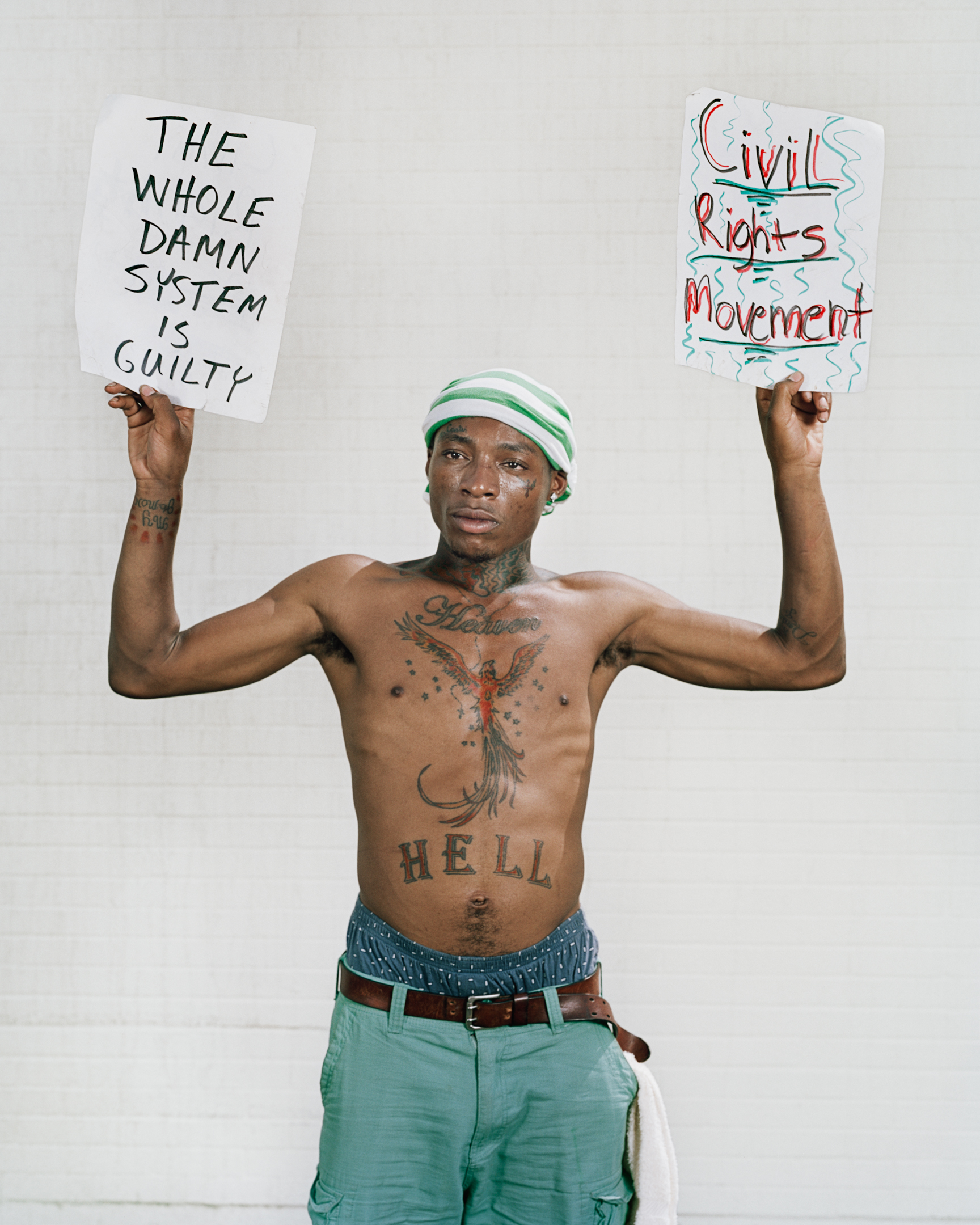

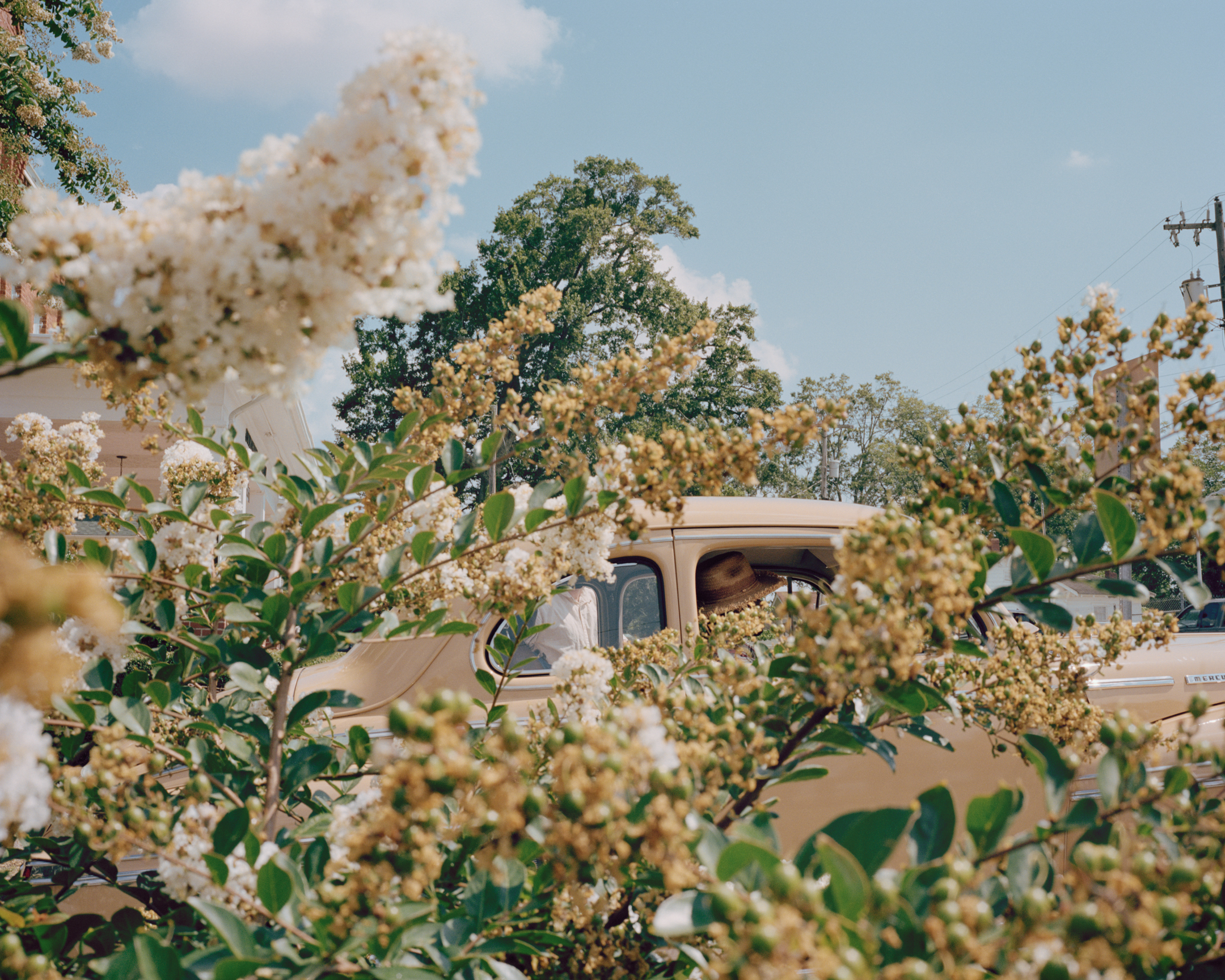
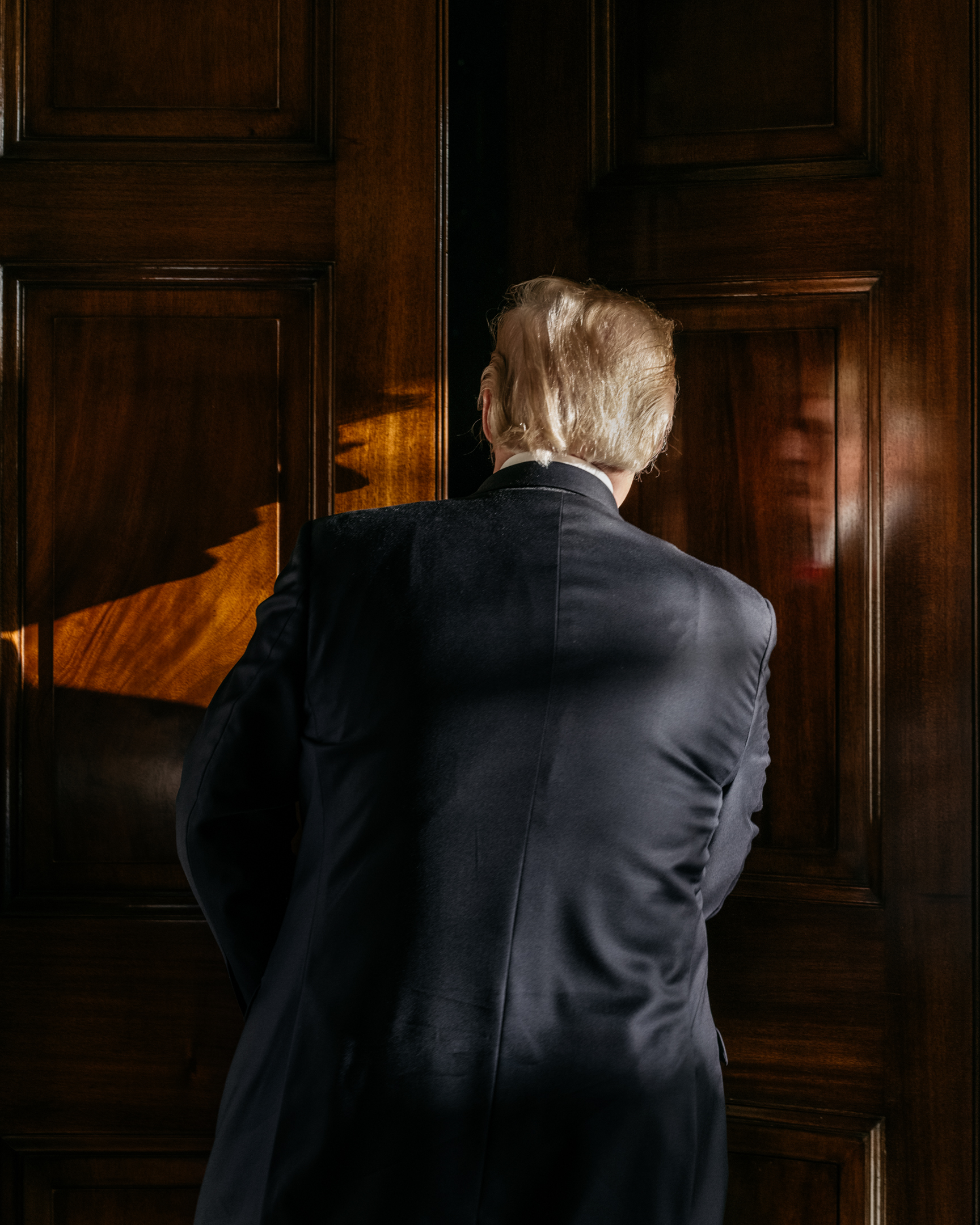
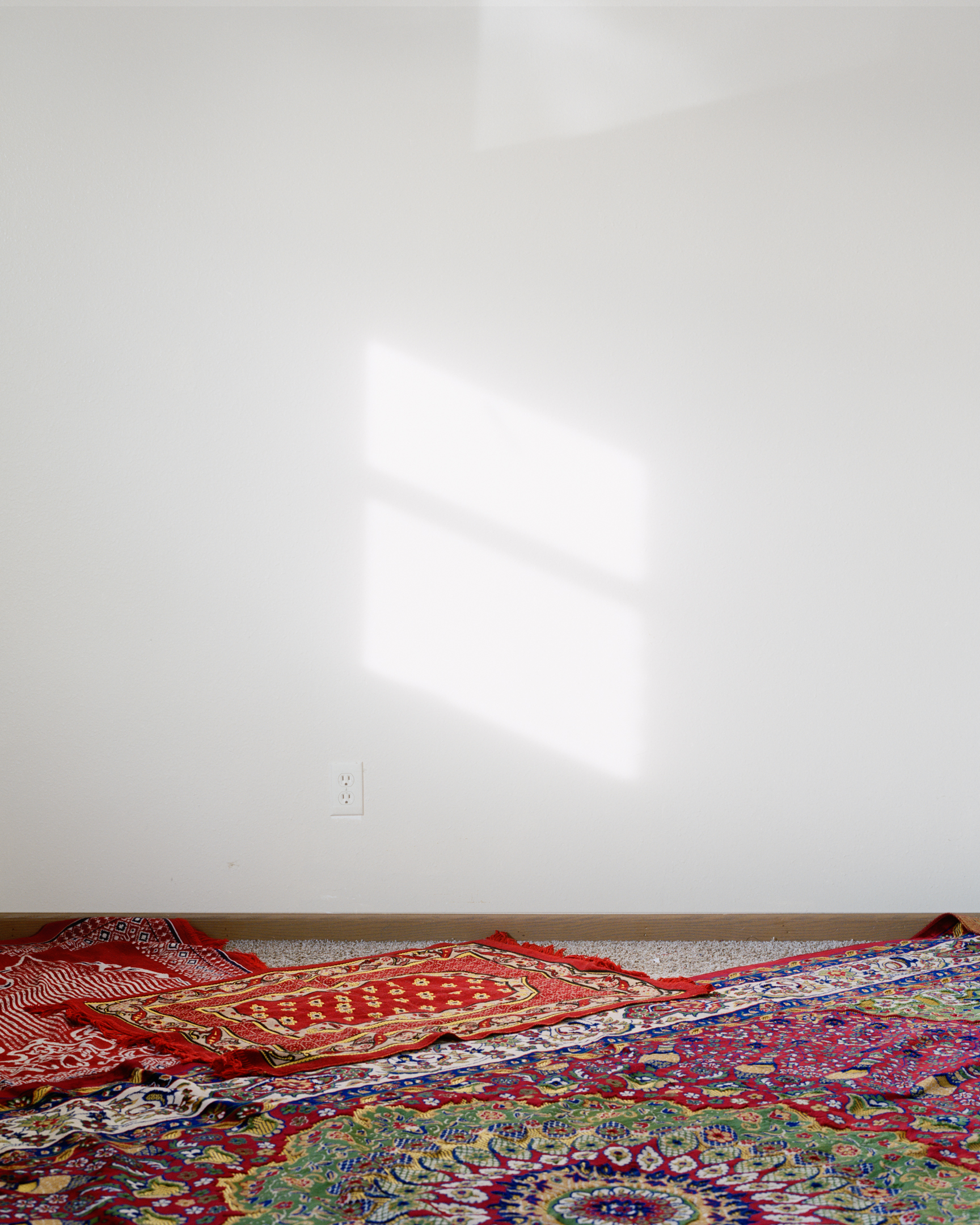

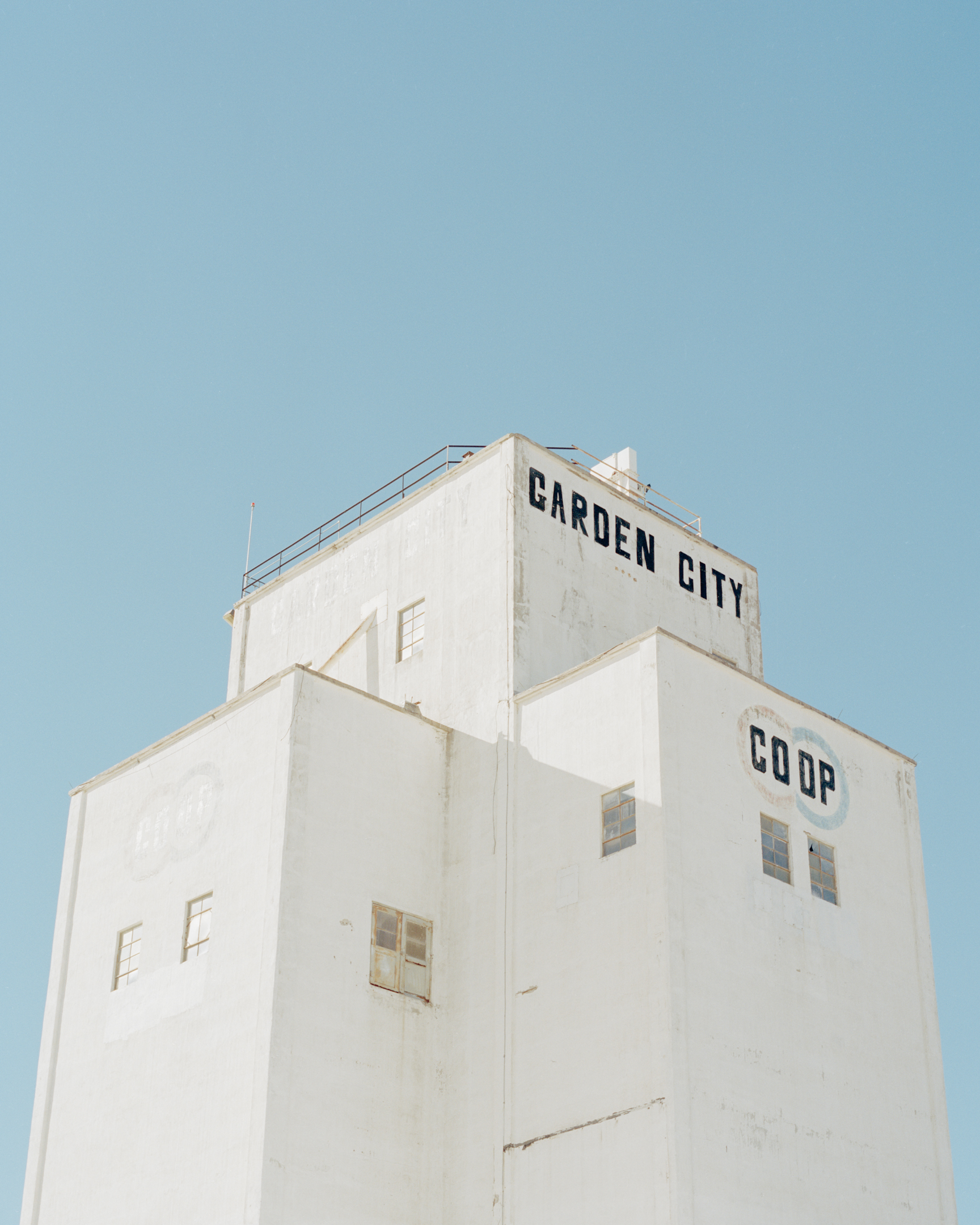

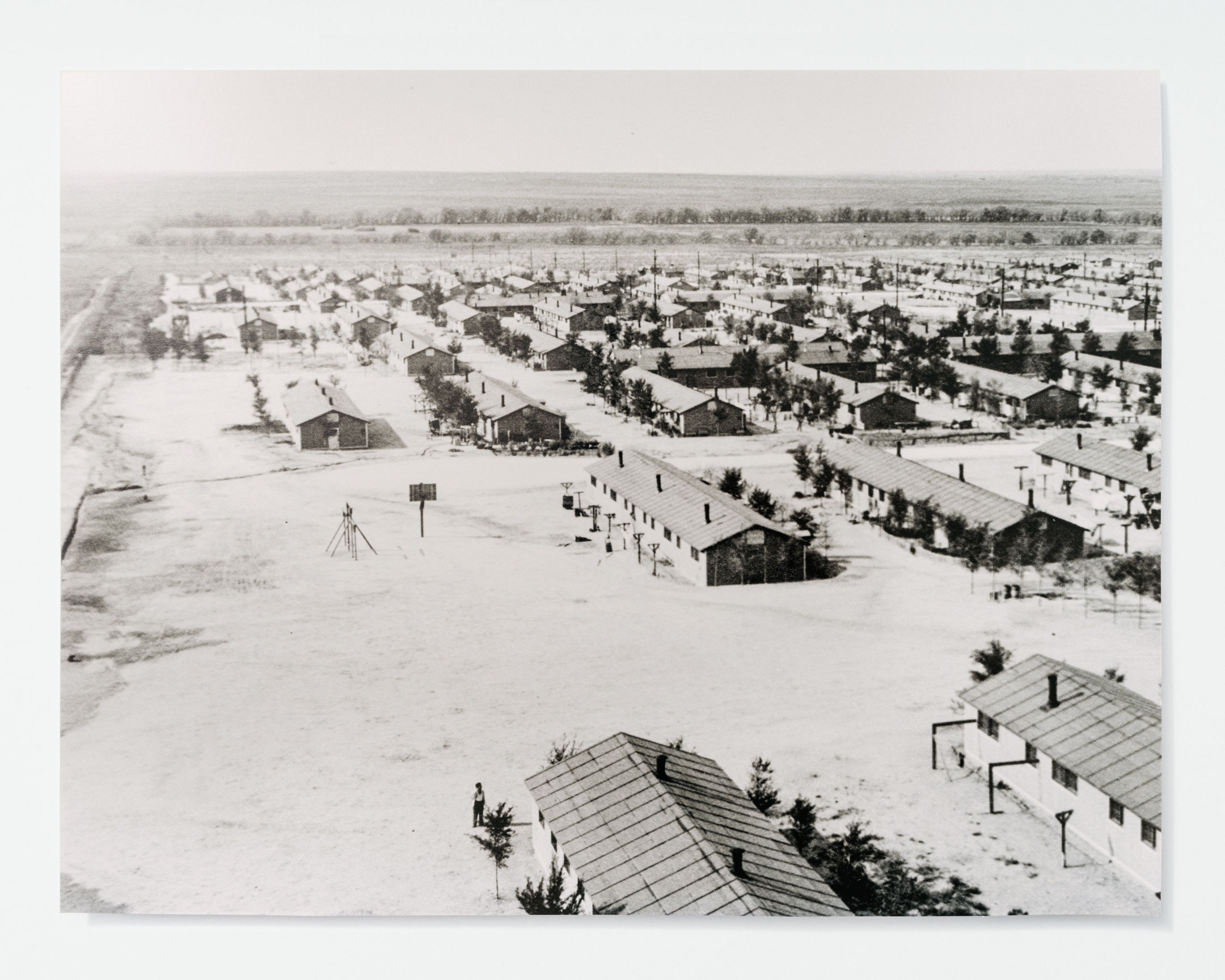

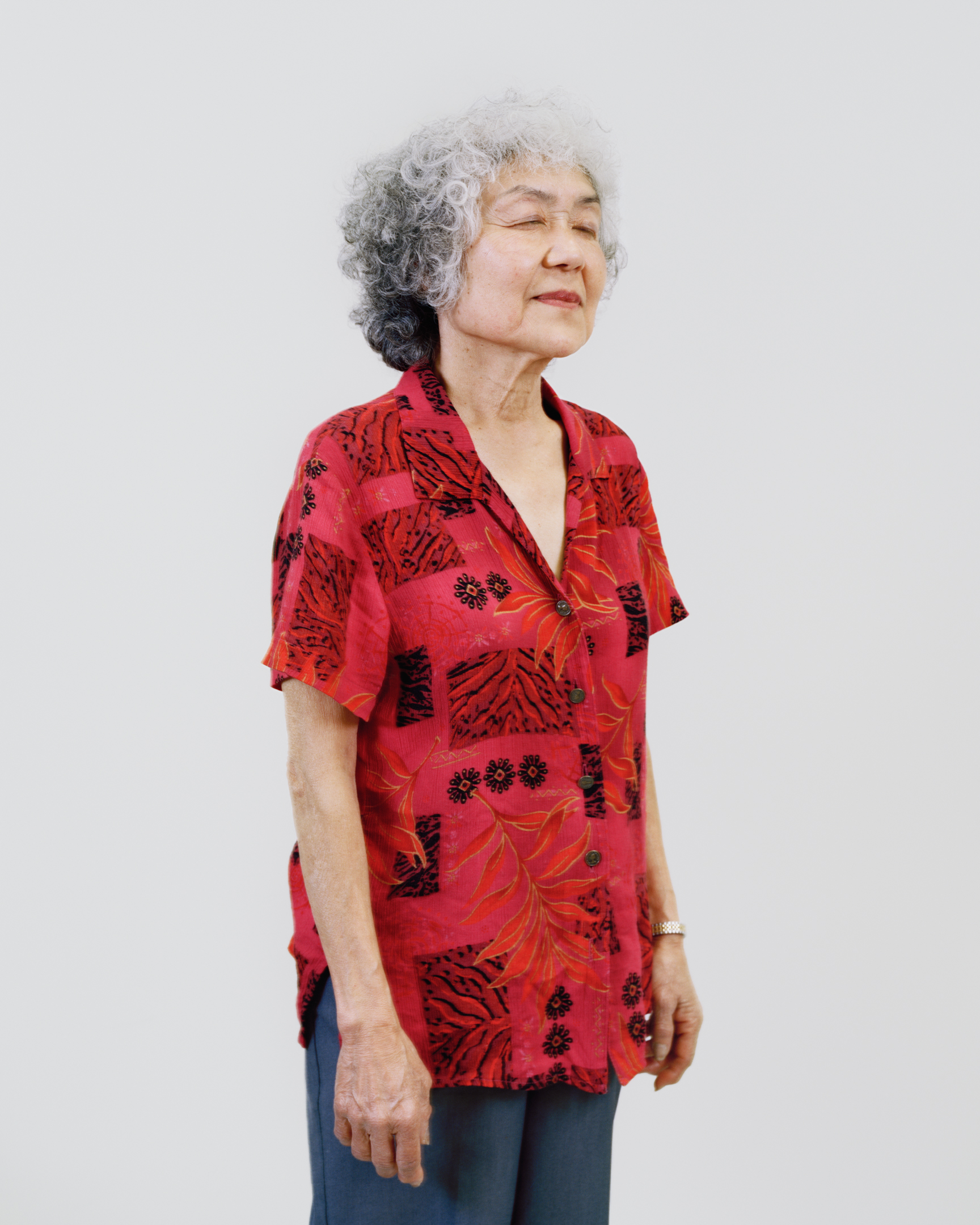
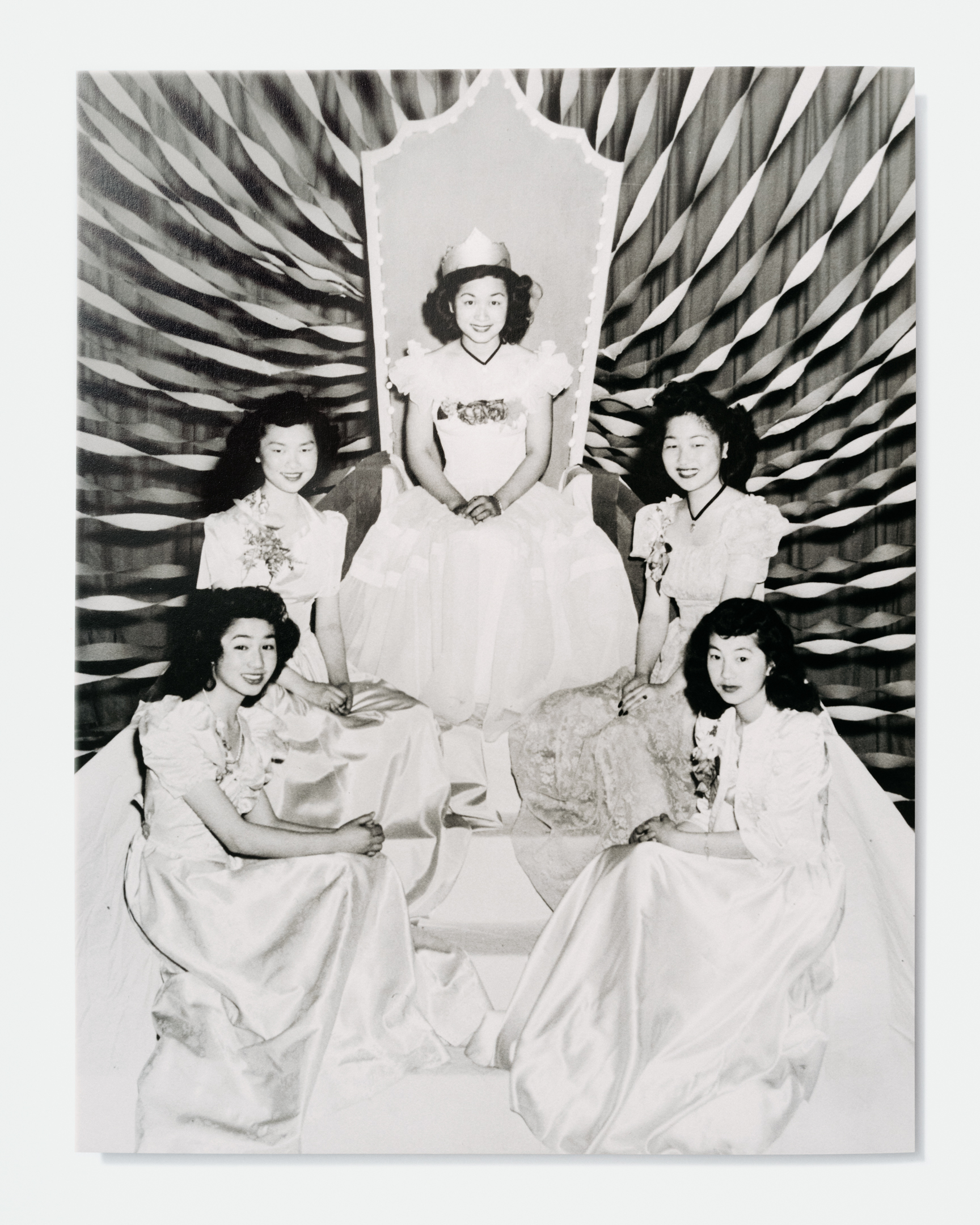





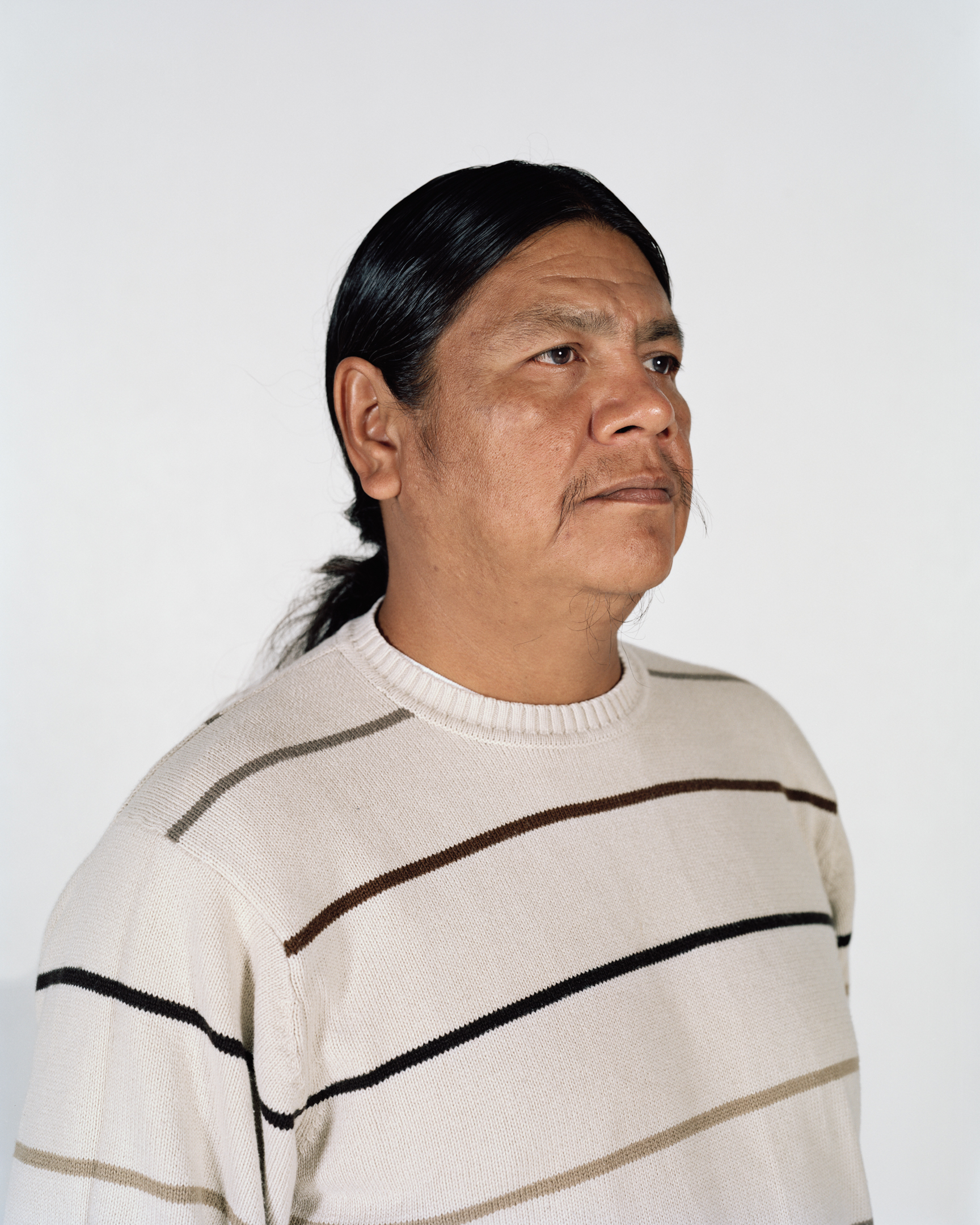
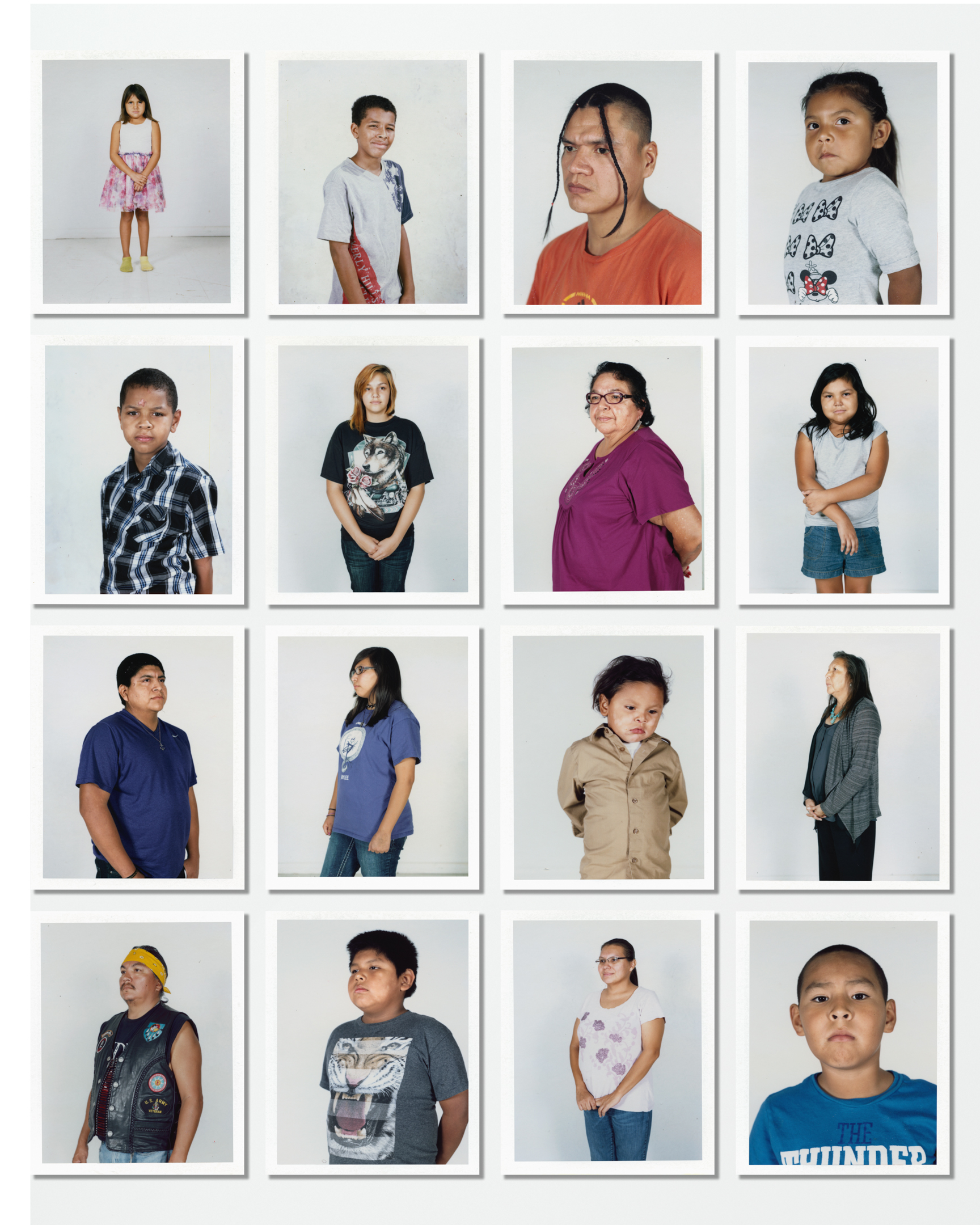
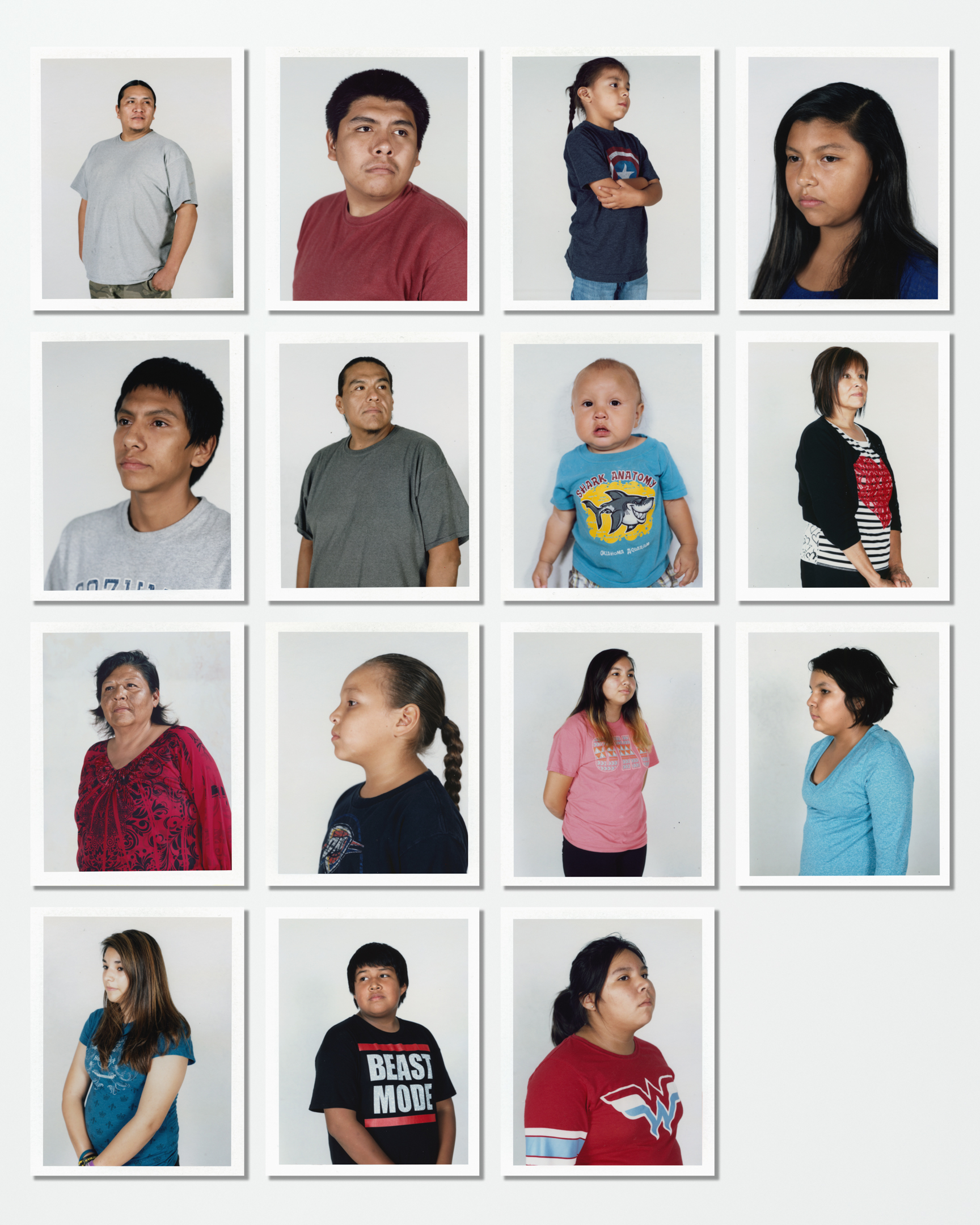
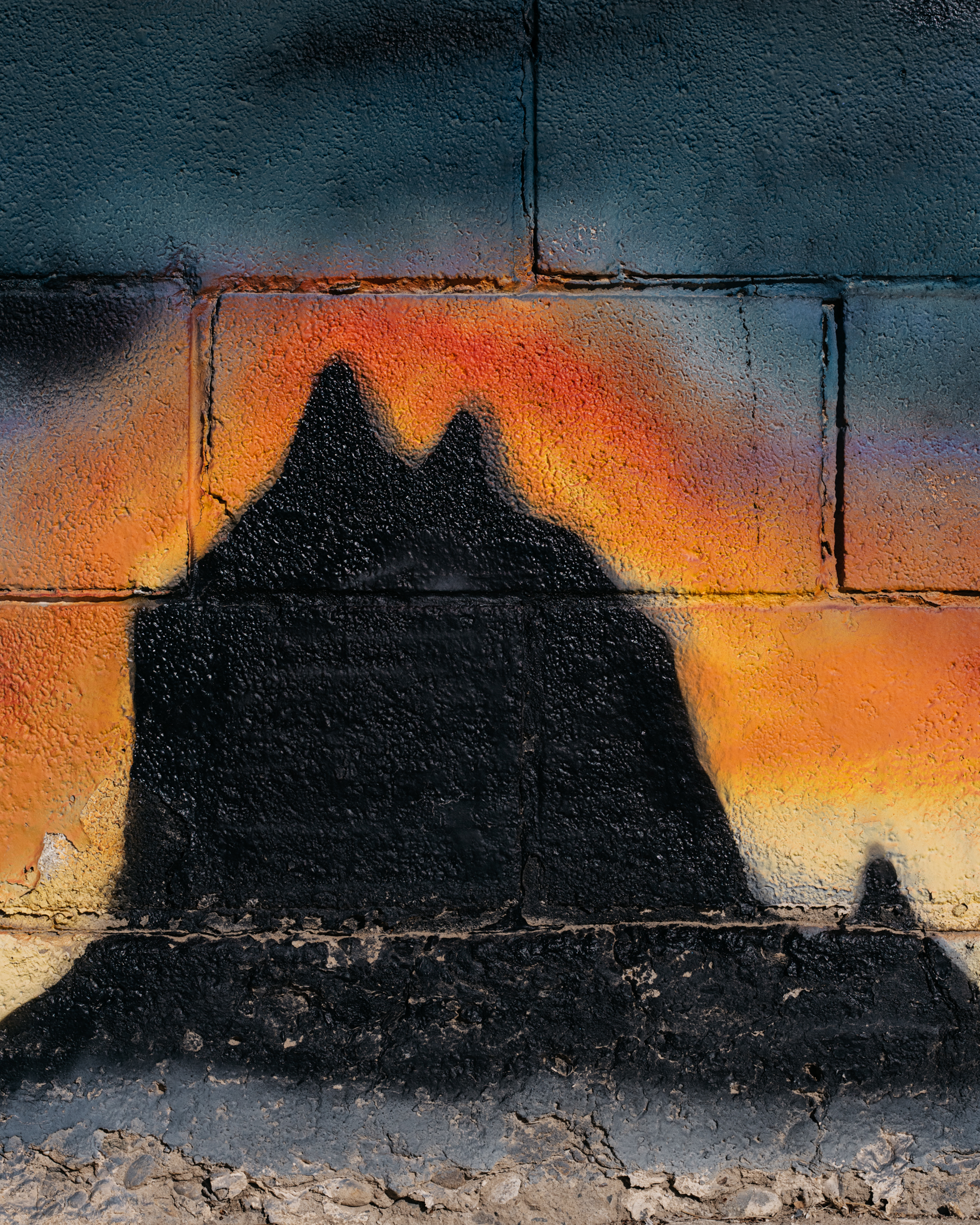
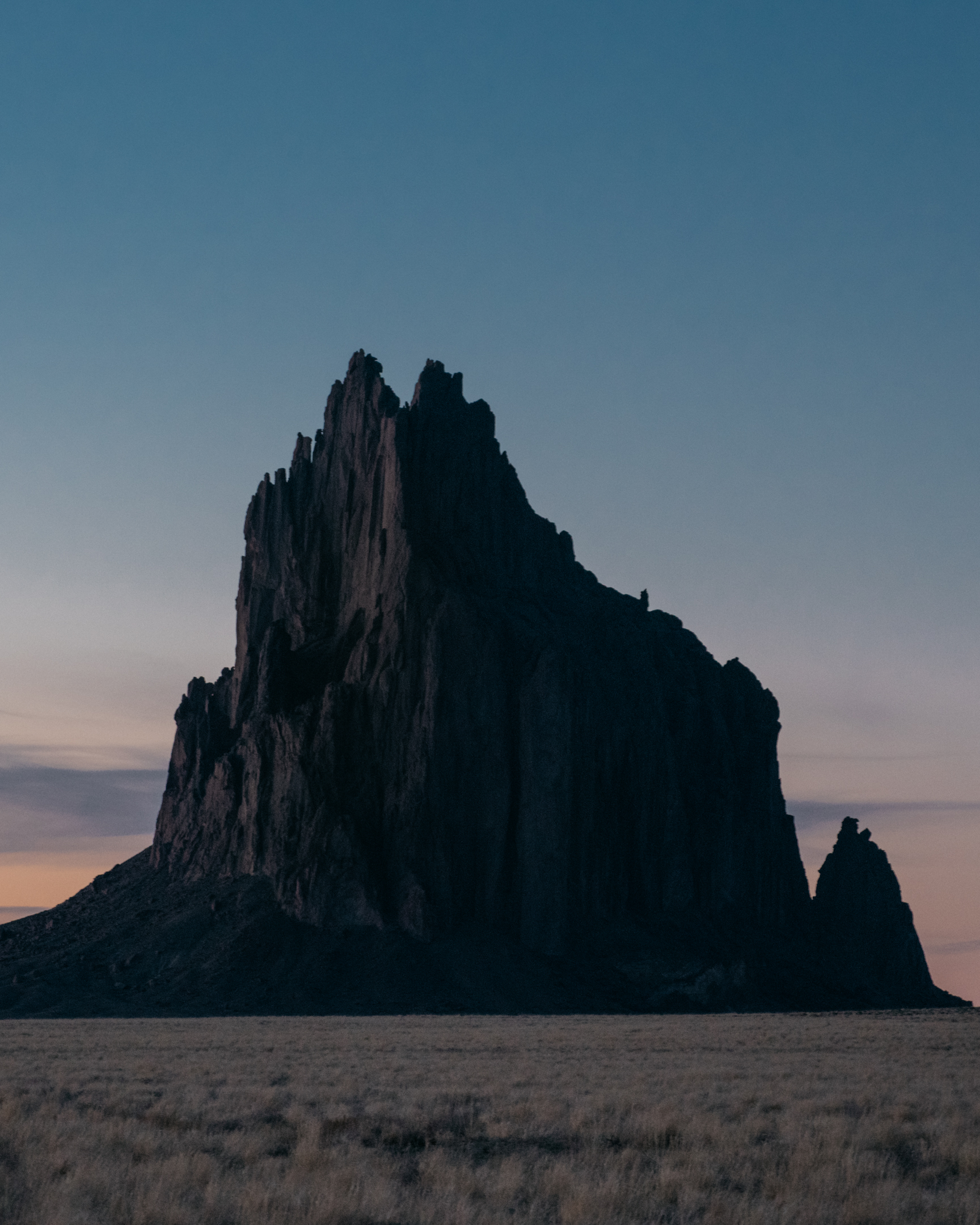



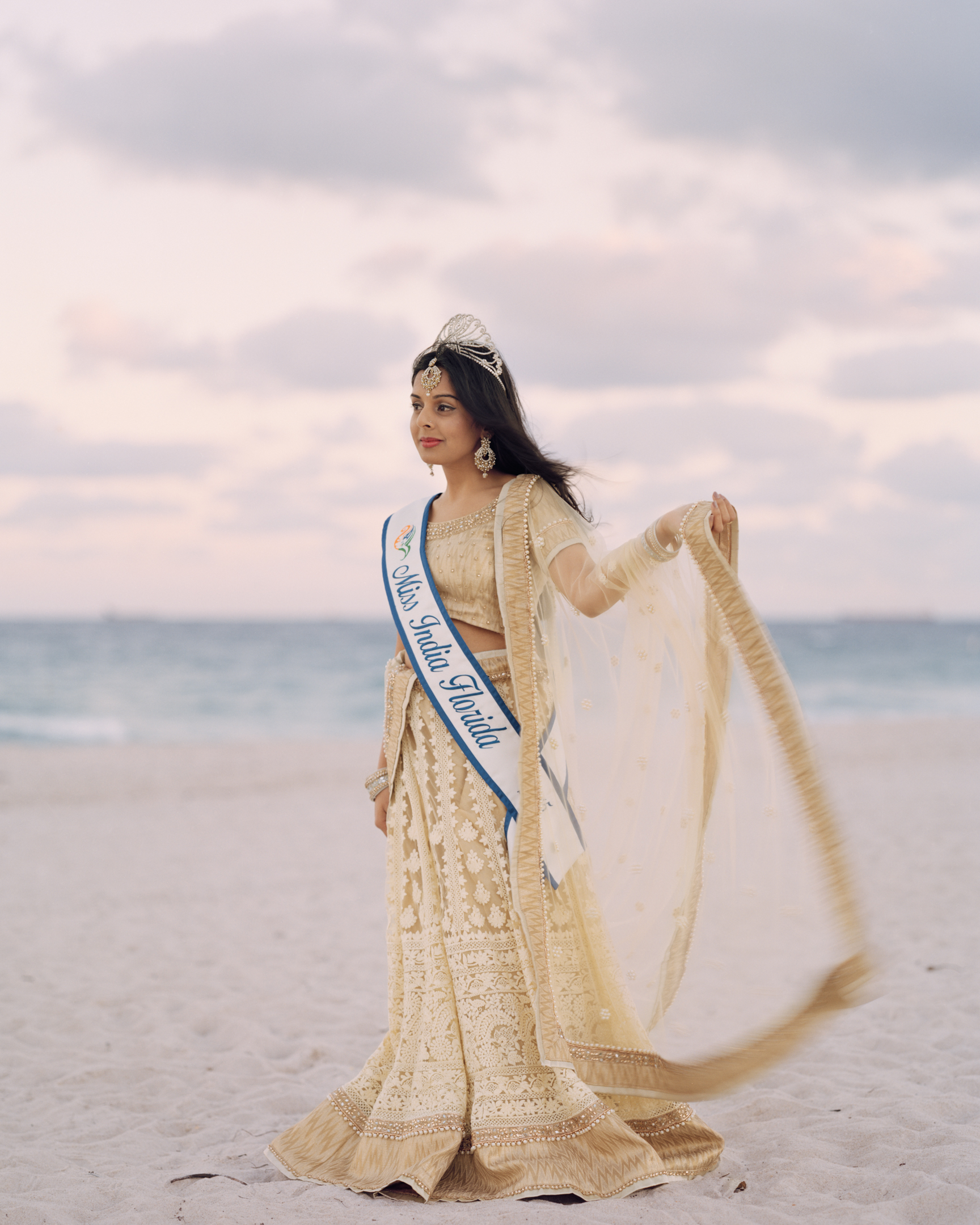
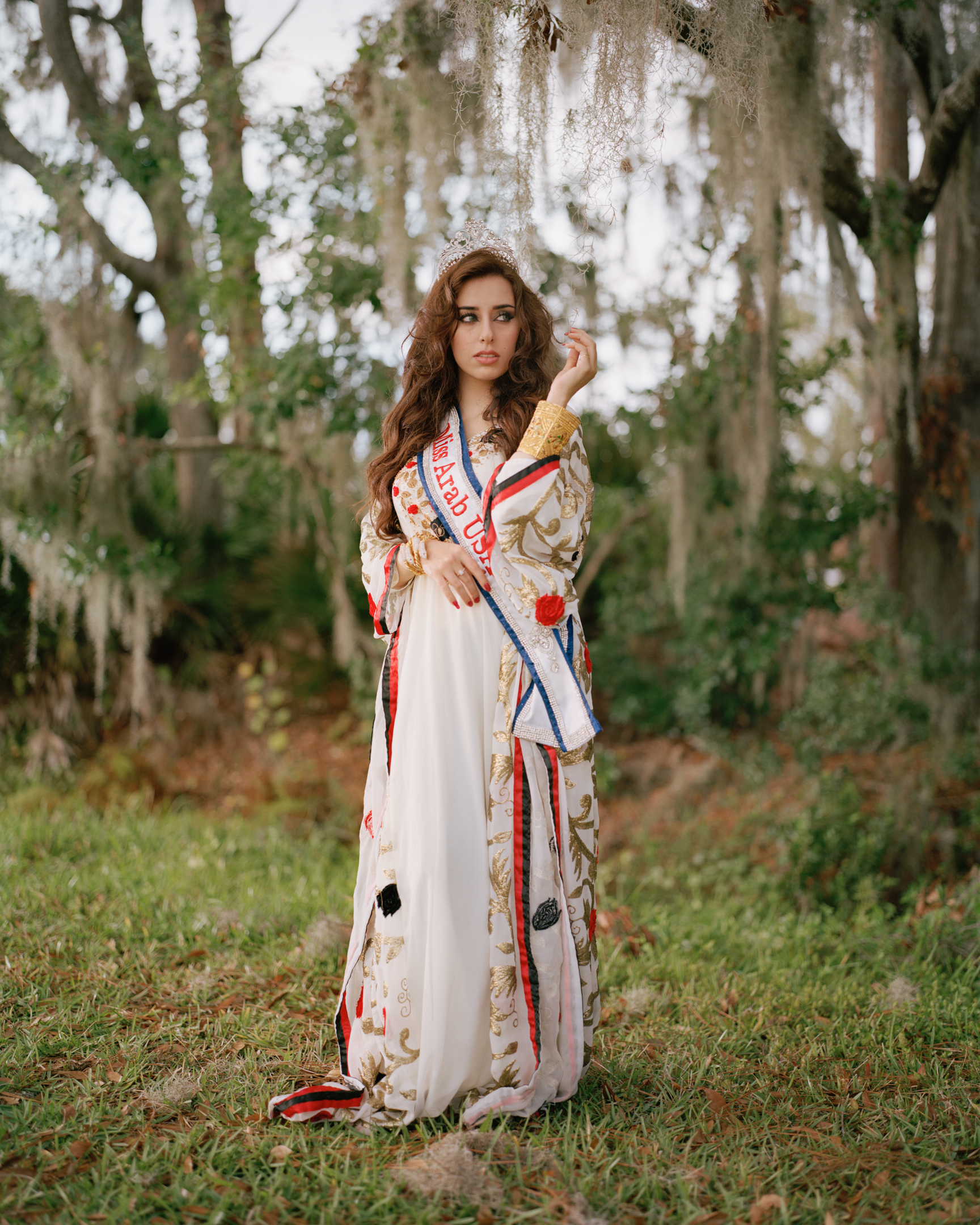
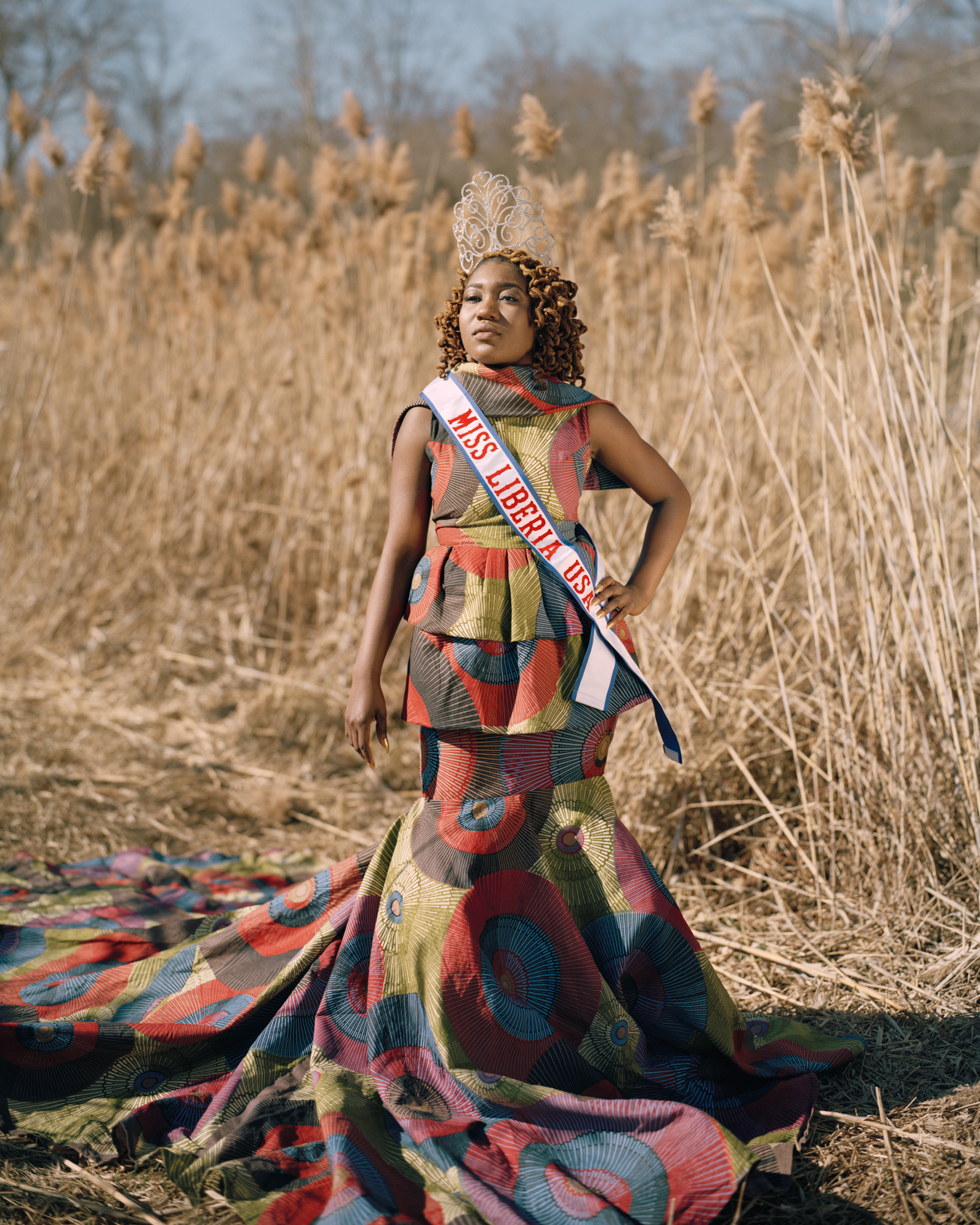
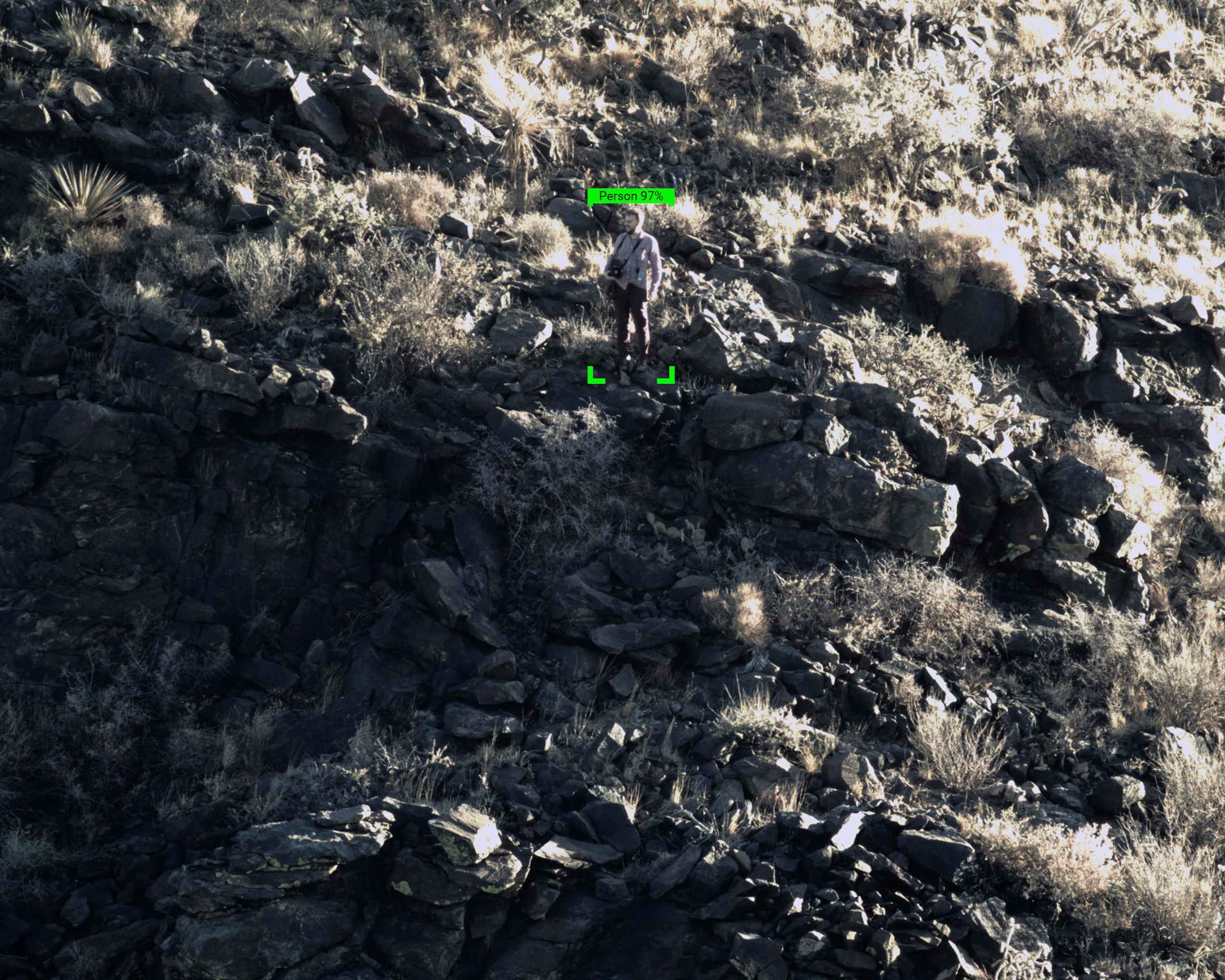
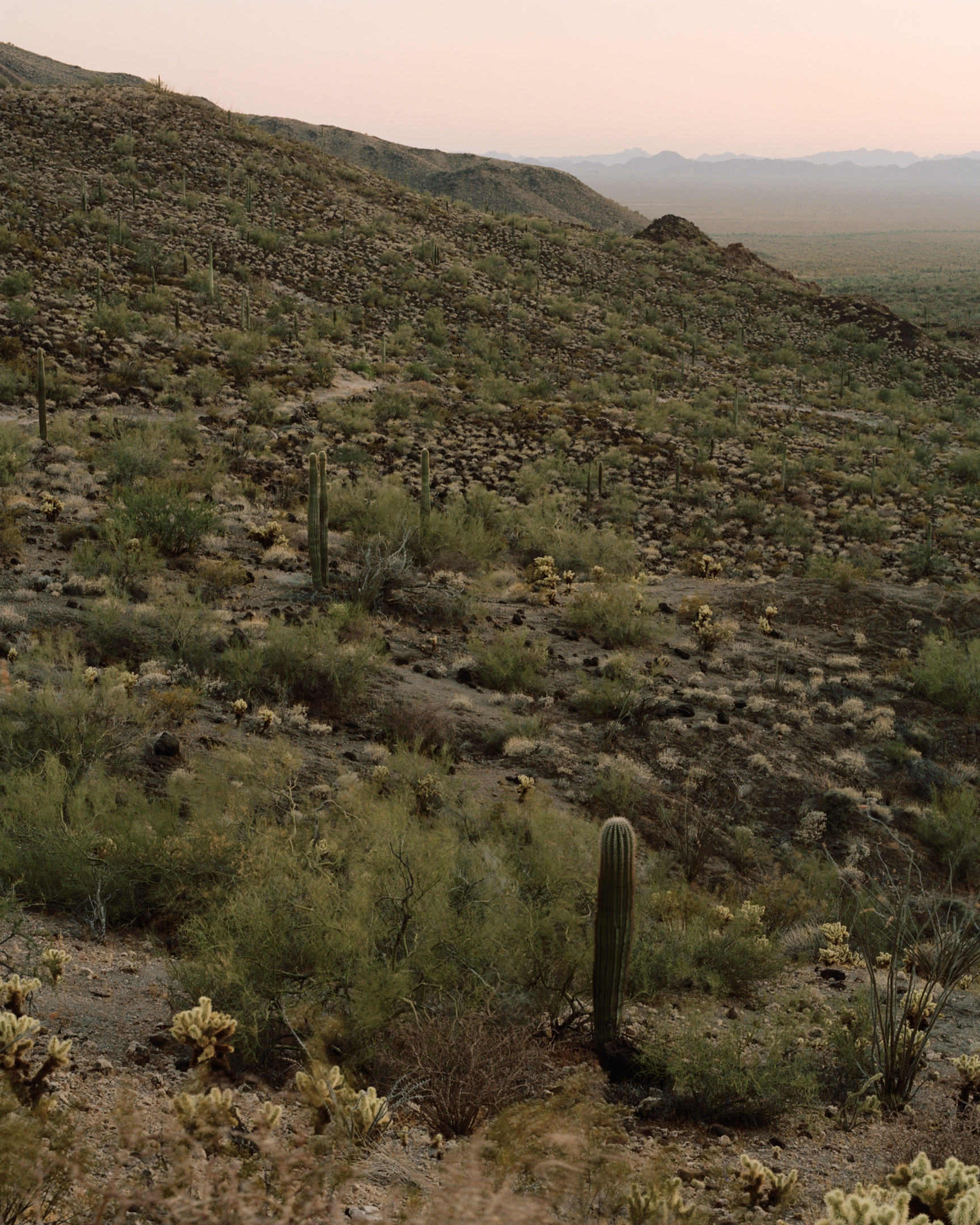
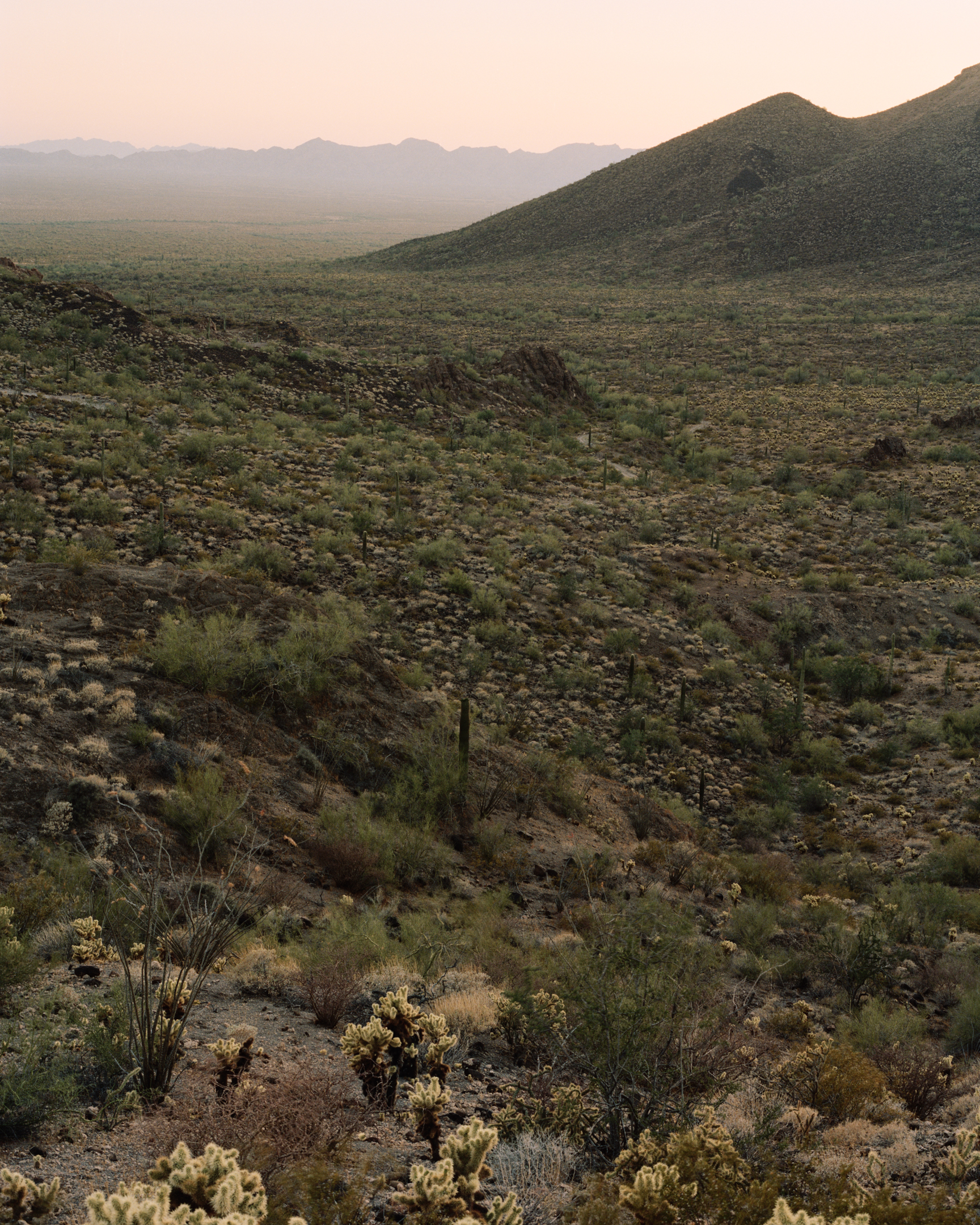
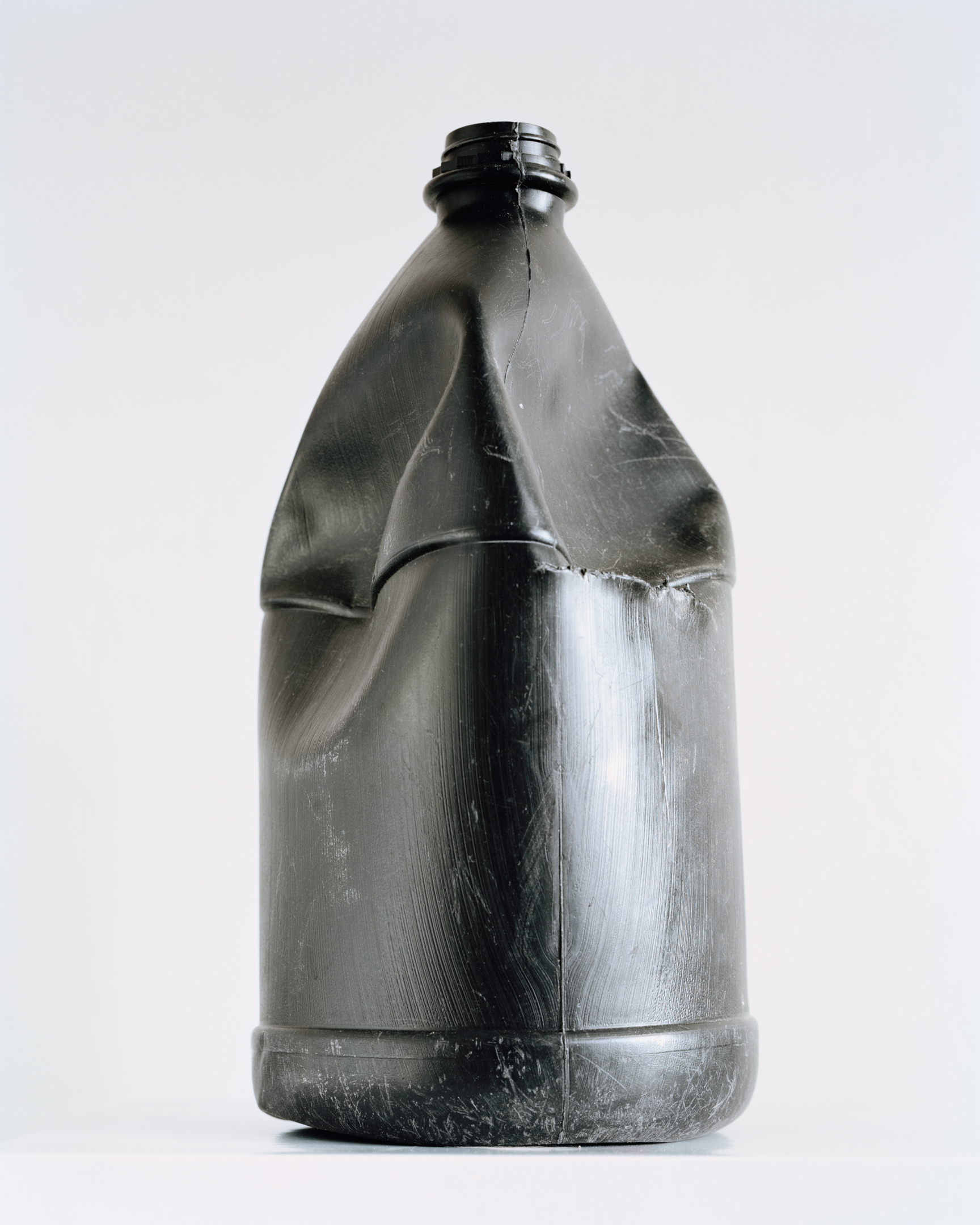



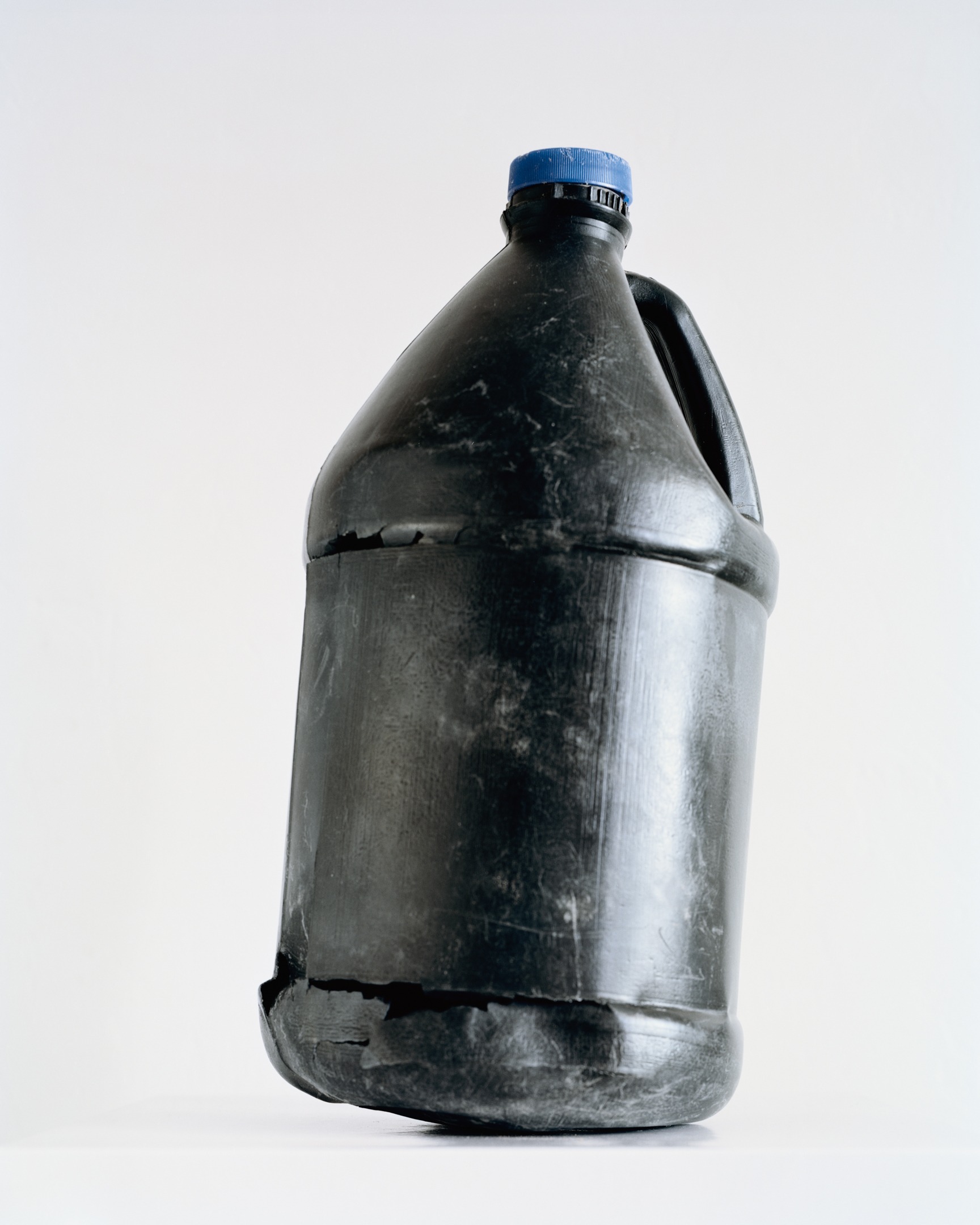





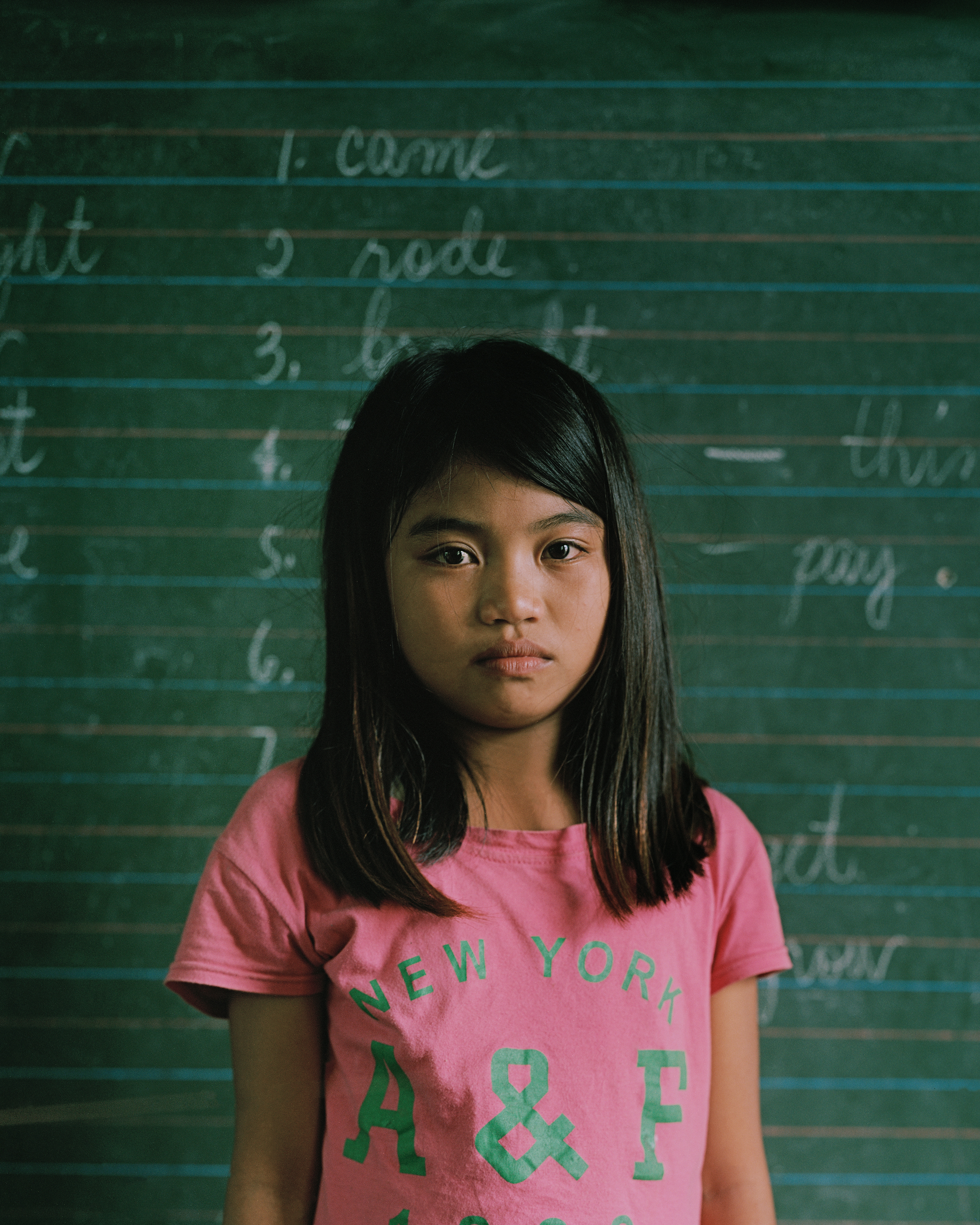

“We were sleeping in our house when the water invaded the street.”
Jhonie Rose


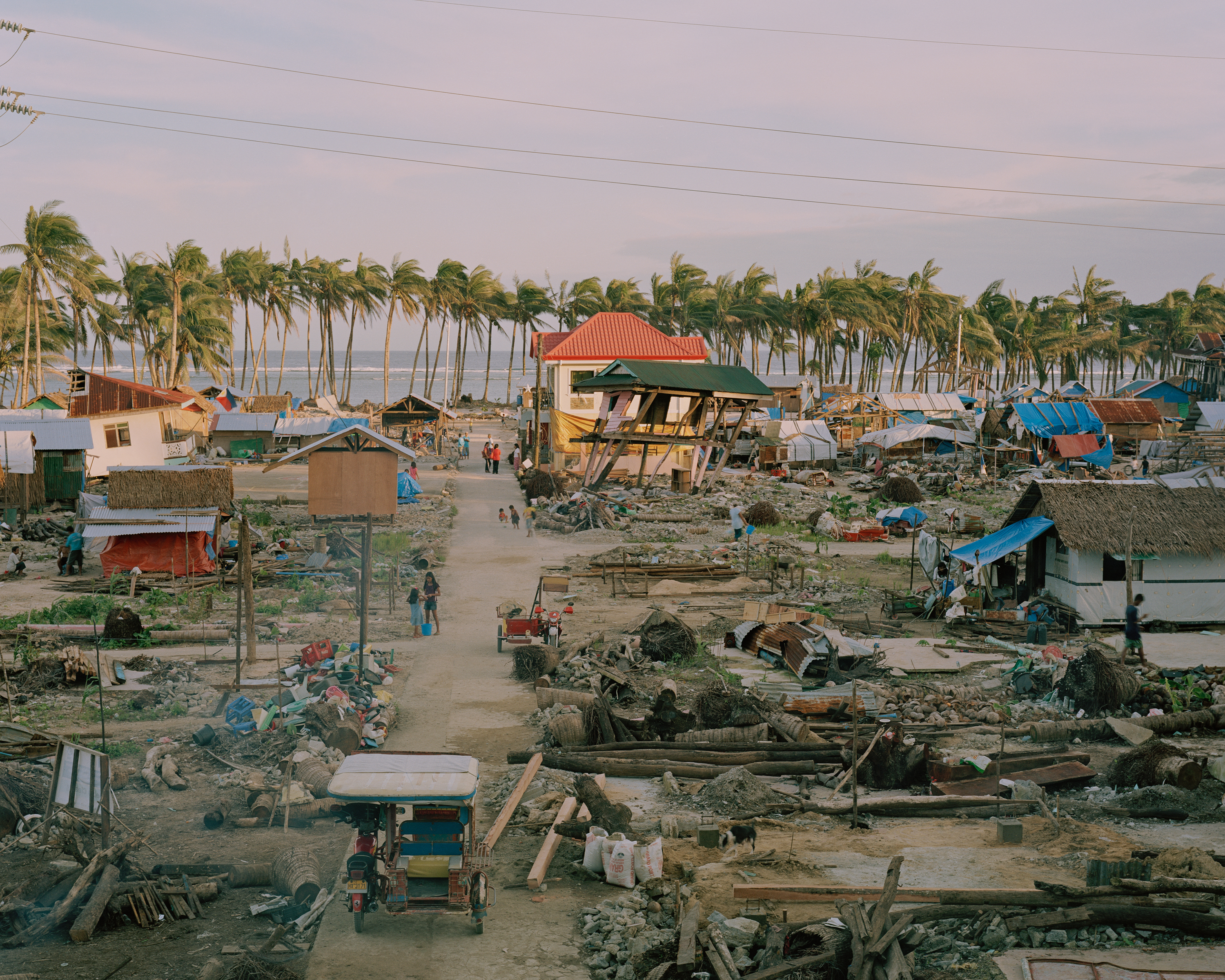

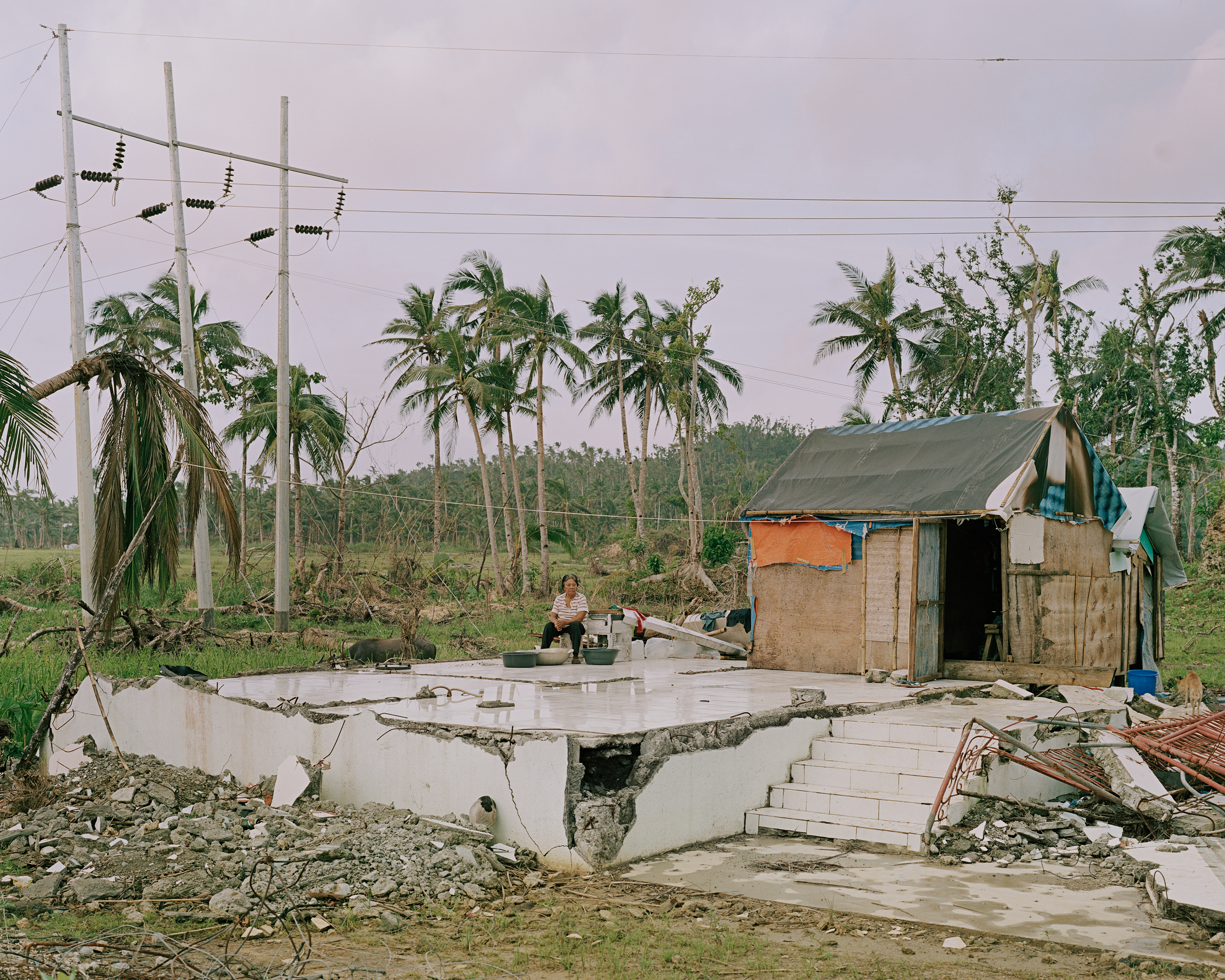
“The last wave I saw was as high as the coconut trees you can see outside.”
Albina Consultado
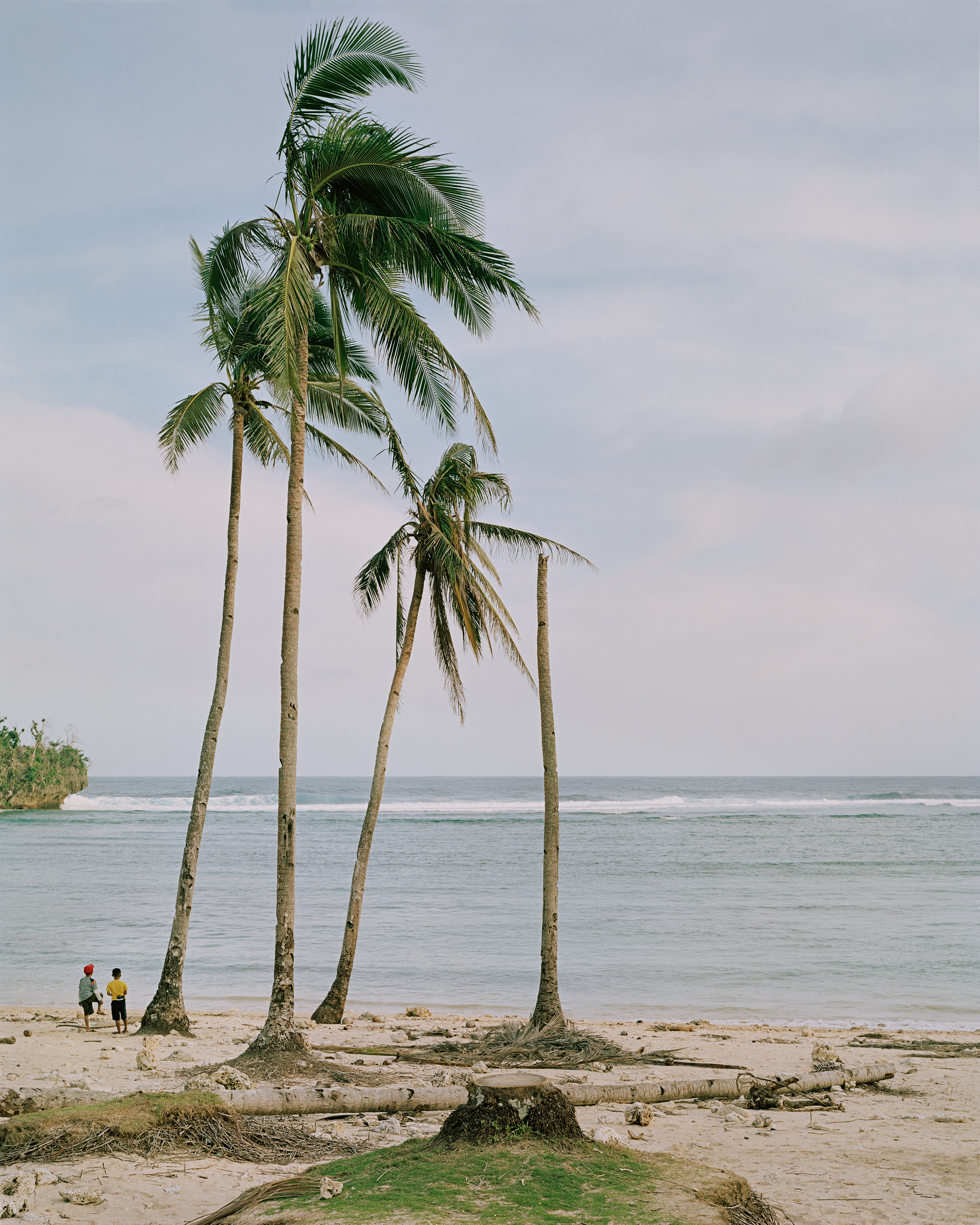
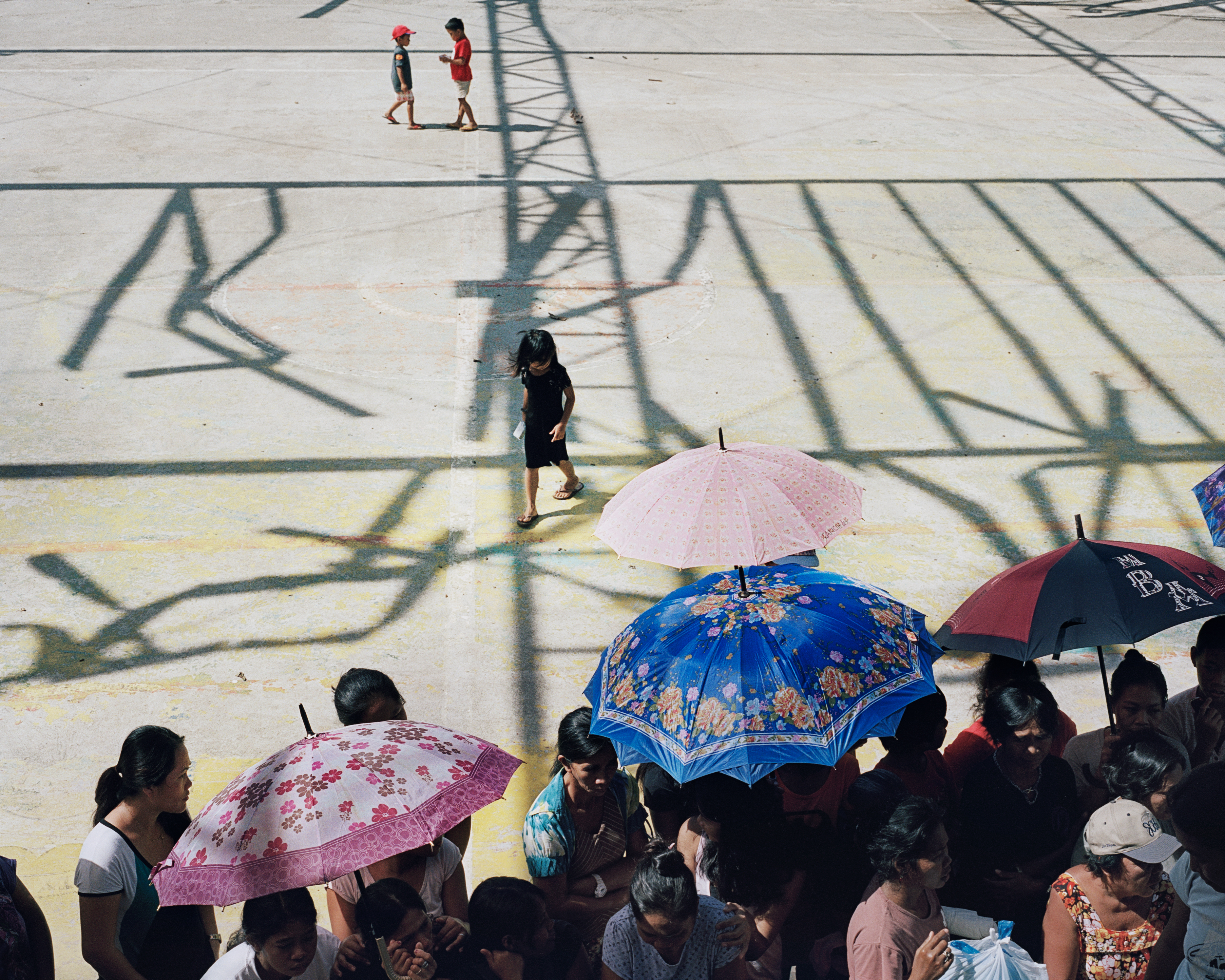

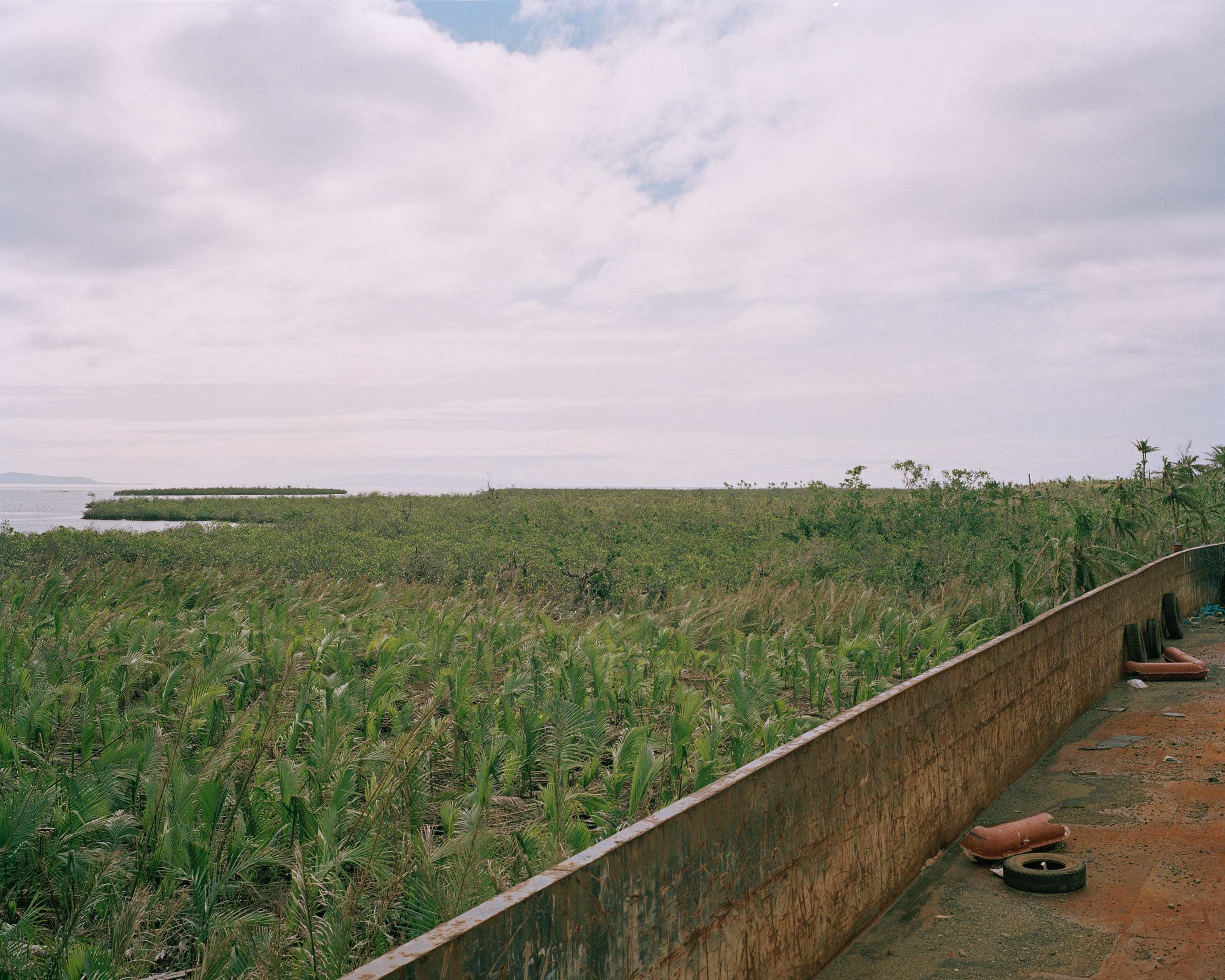





“I saw a man floating near our backyard, so I broke our window threw out a rope to him.”
Dondi Tome
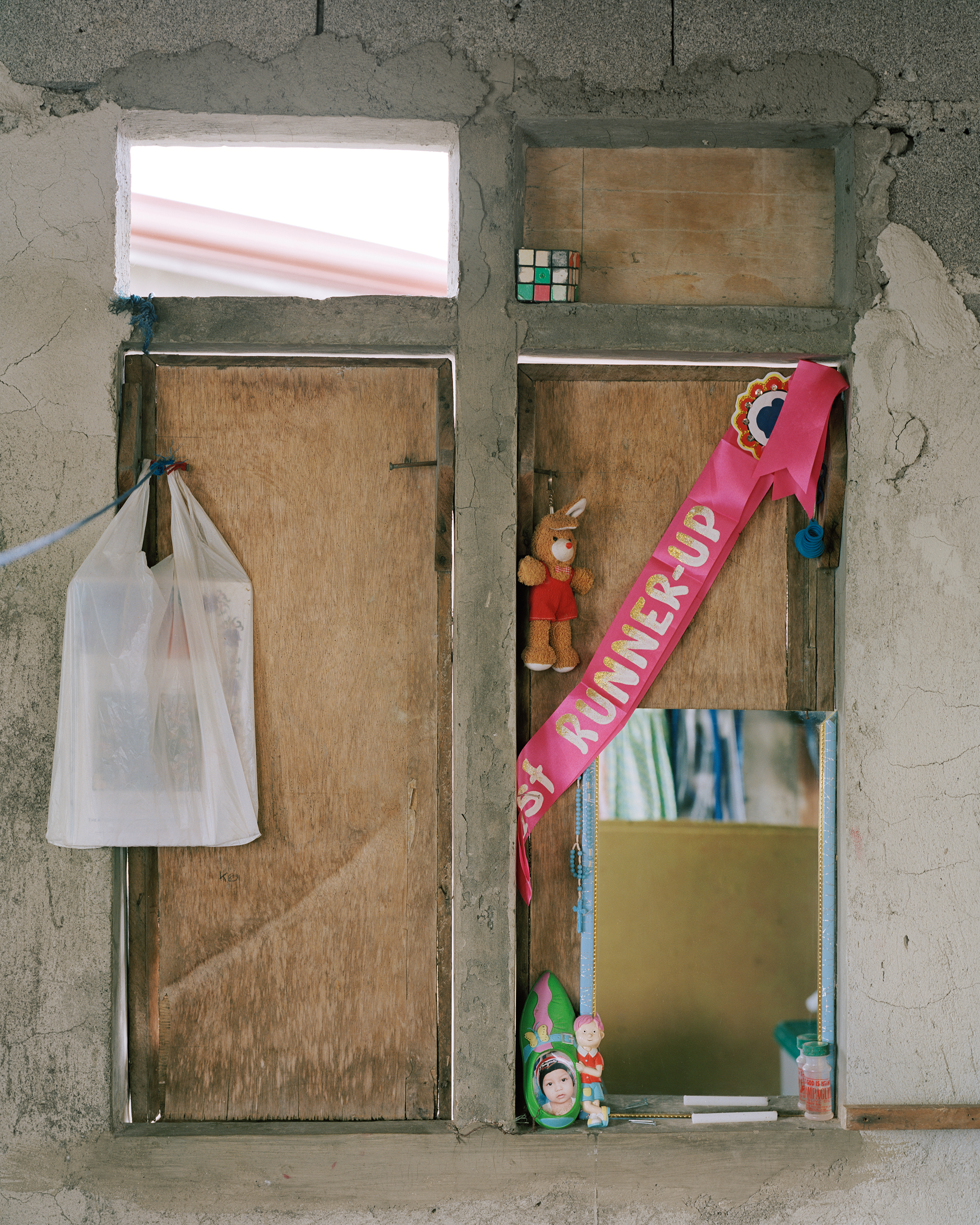
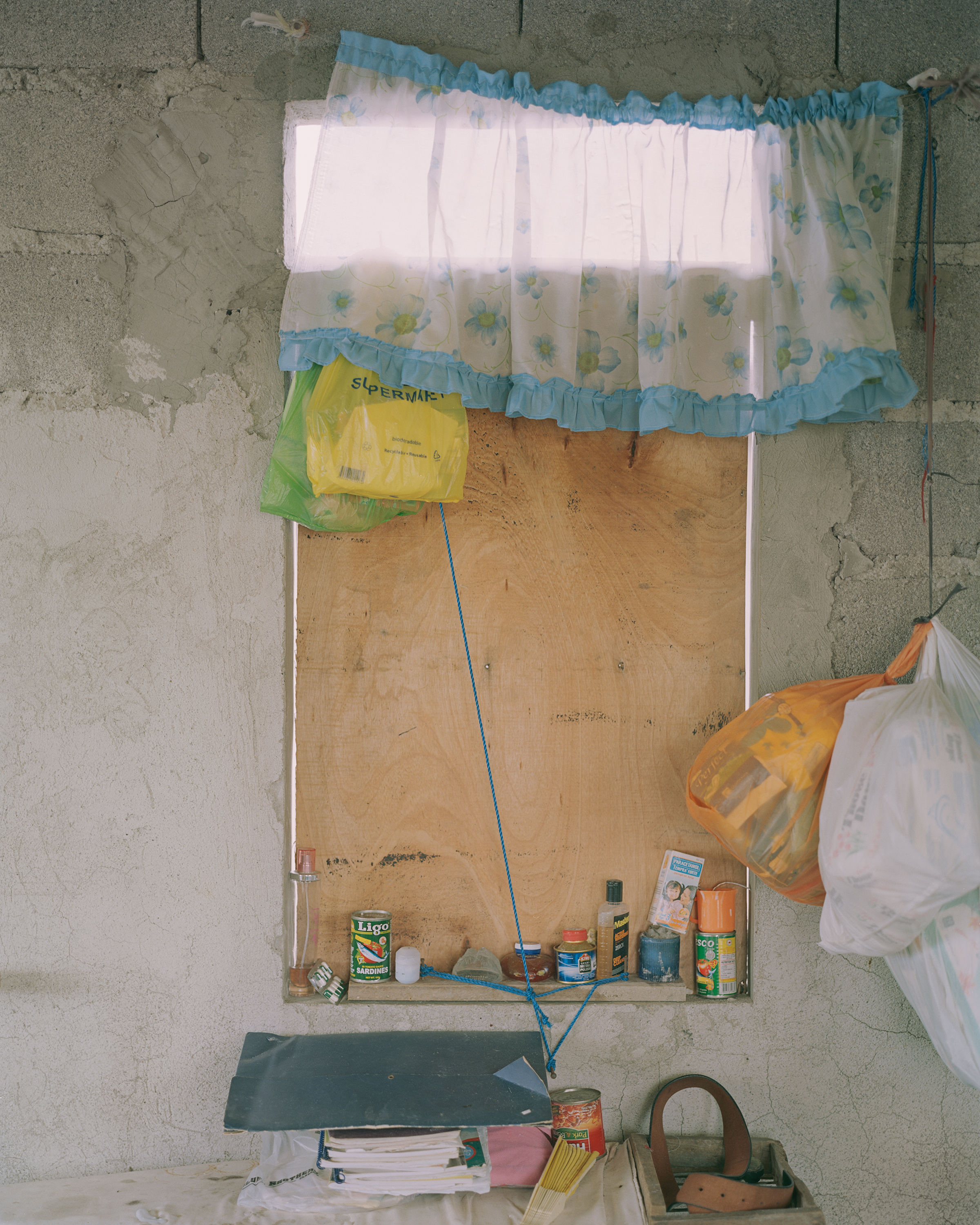


We lost hope that we would live.
Krishia Kaezzie Marie Ecap
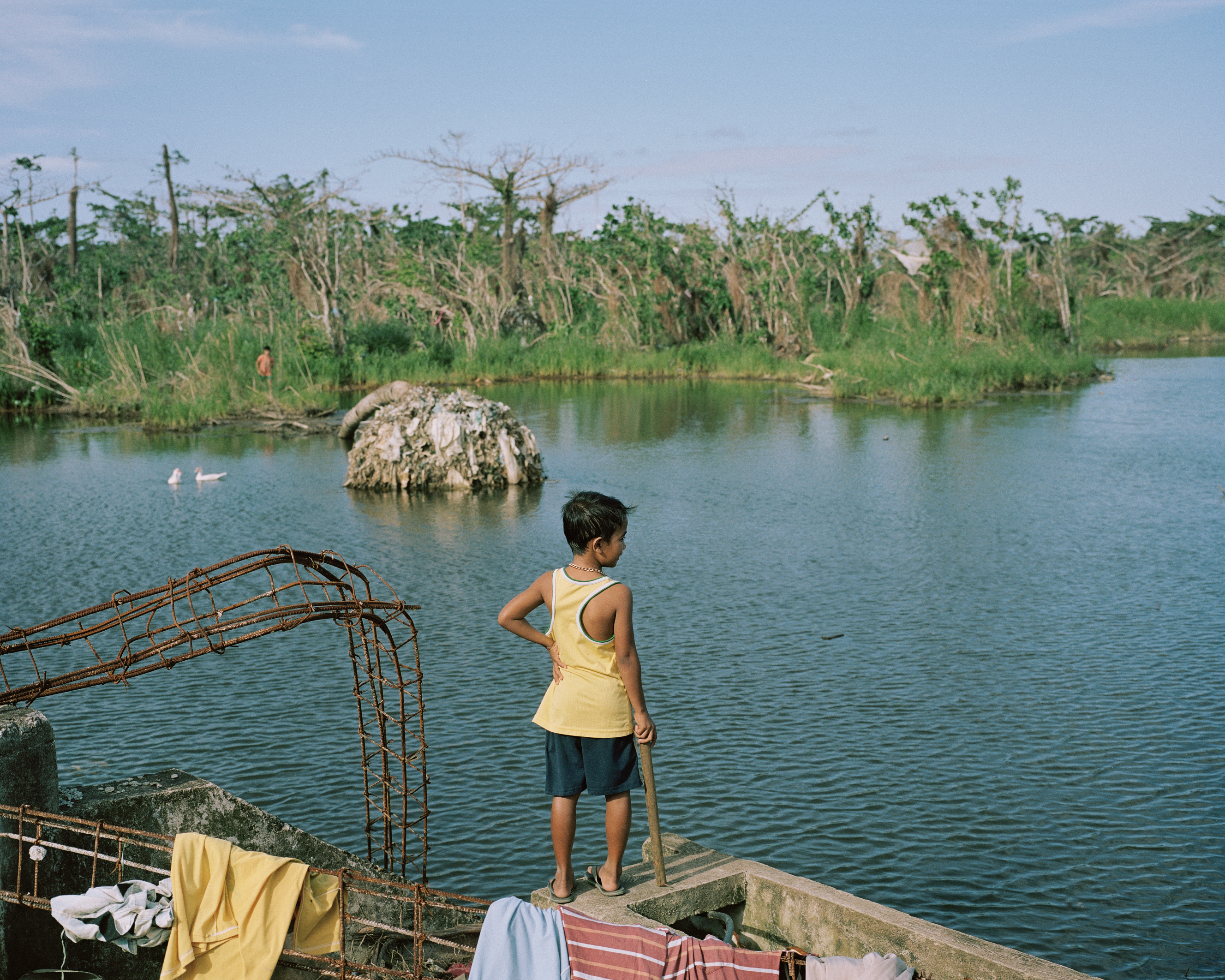
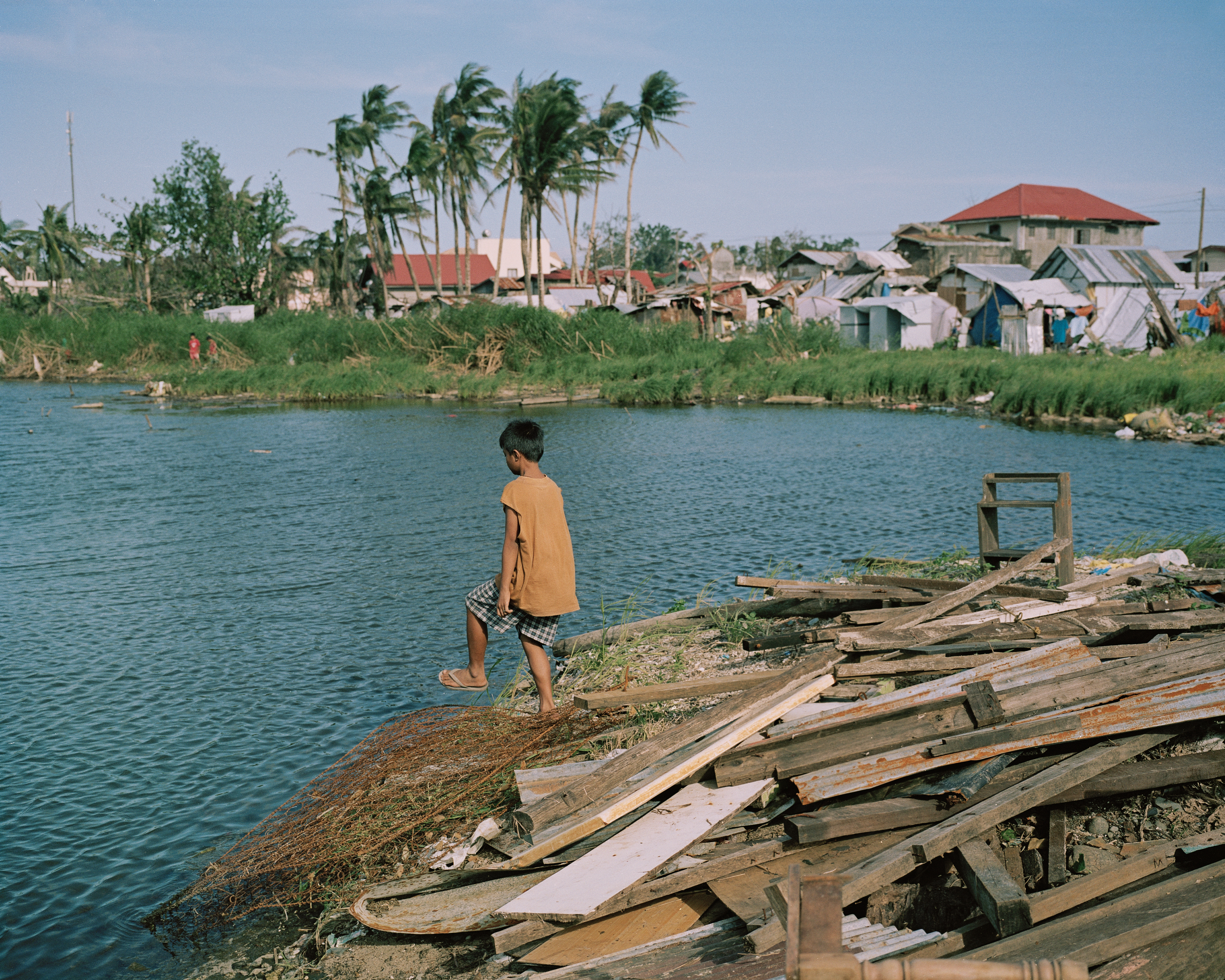

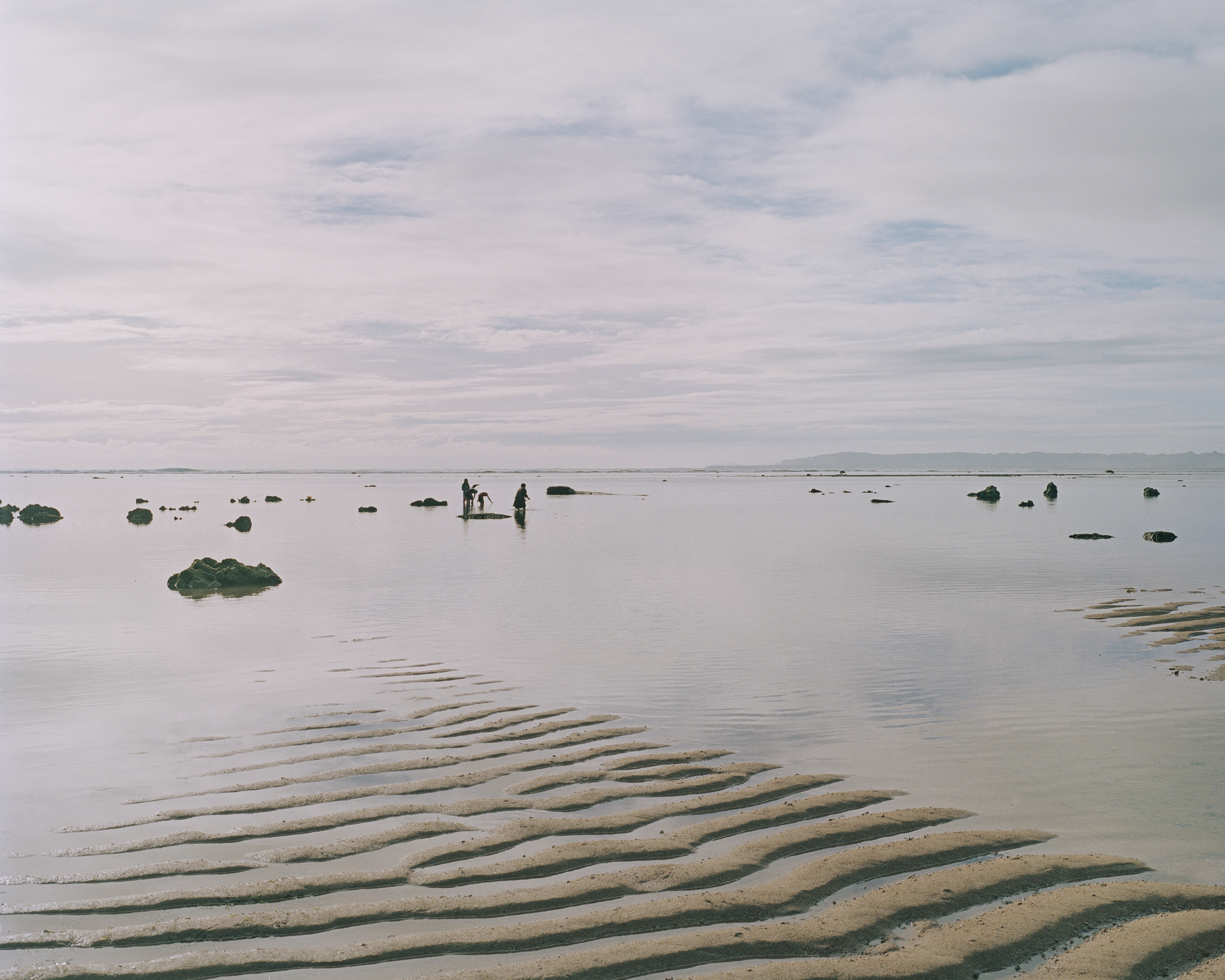


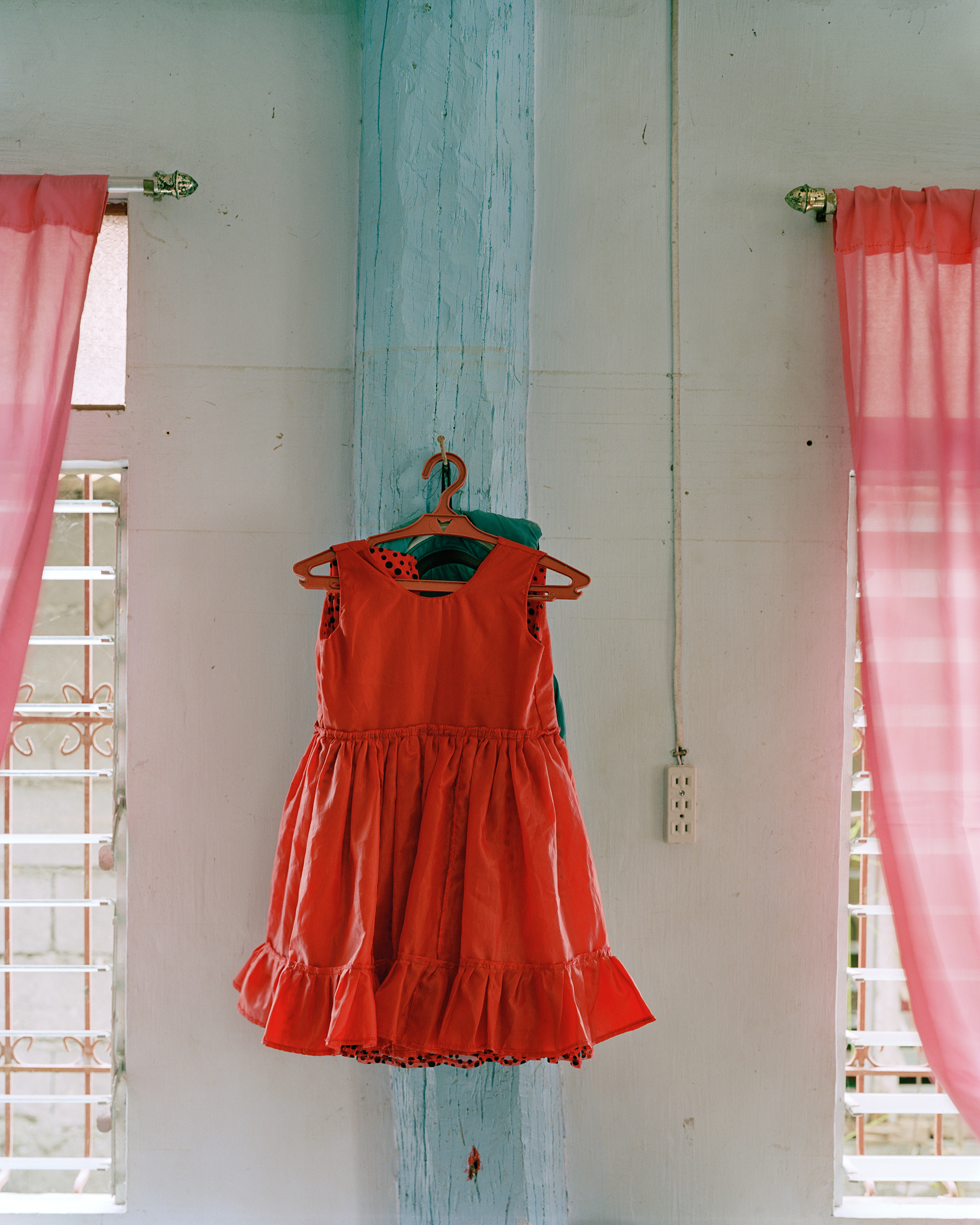
My 12-year-old son was found dead in the mangrove trees, but my 17-year-old daughter was never found. Forty days after the storm we found a body, but couldn’t identify it. We buried it in our backyard hoping that it is her.
Apolinario Bagman
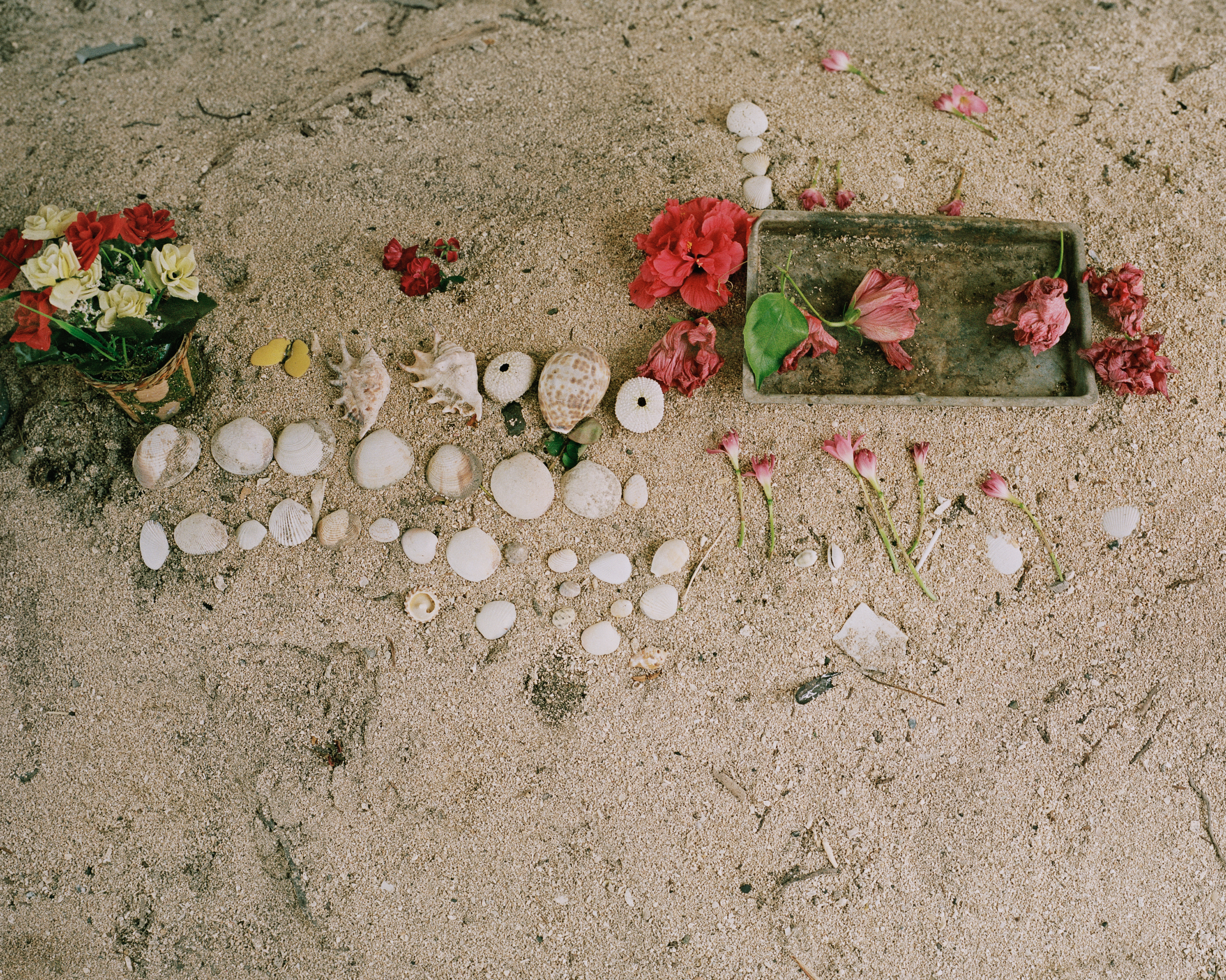
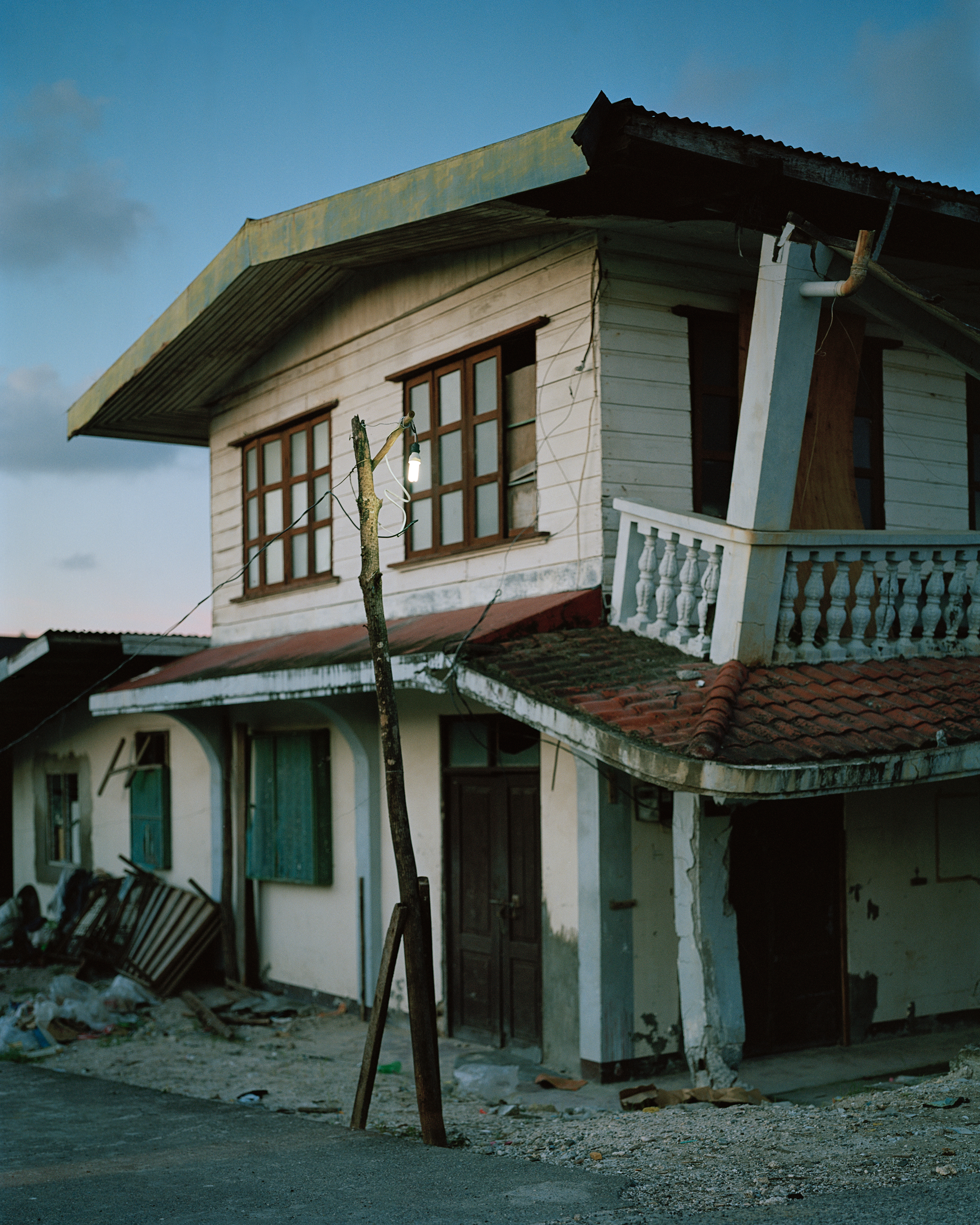

I lived with my son and his house was destroyed by the waves. We fled to this cave during the storm and I stayed. I have nowhere else to go.
Fortunato Quilbio
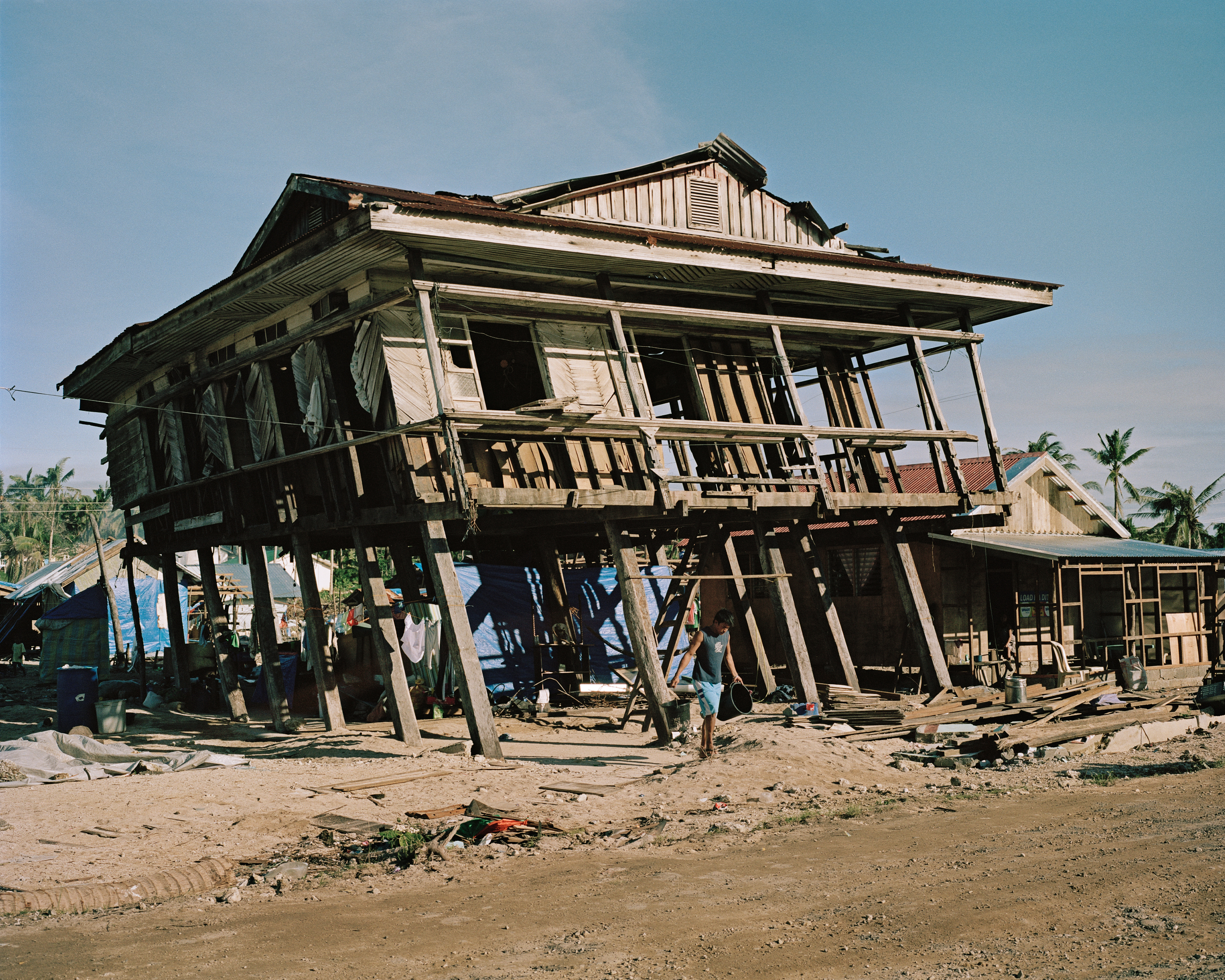


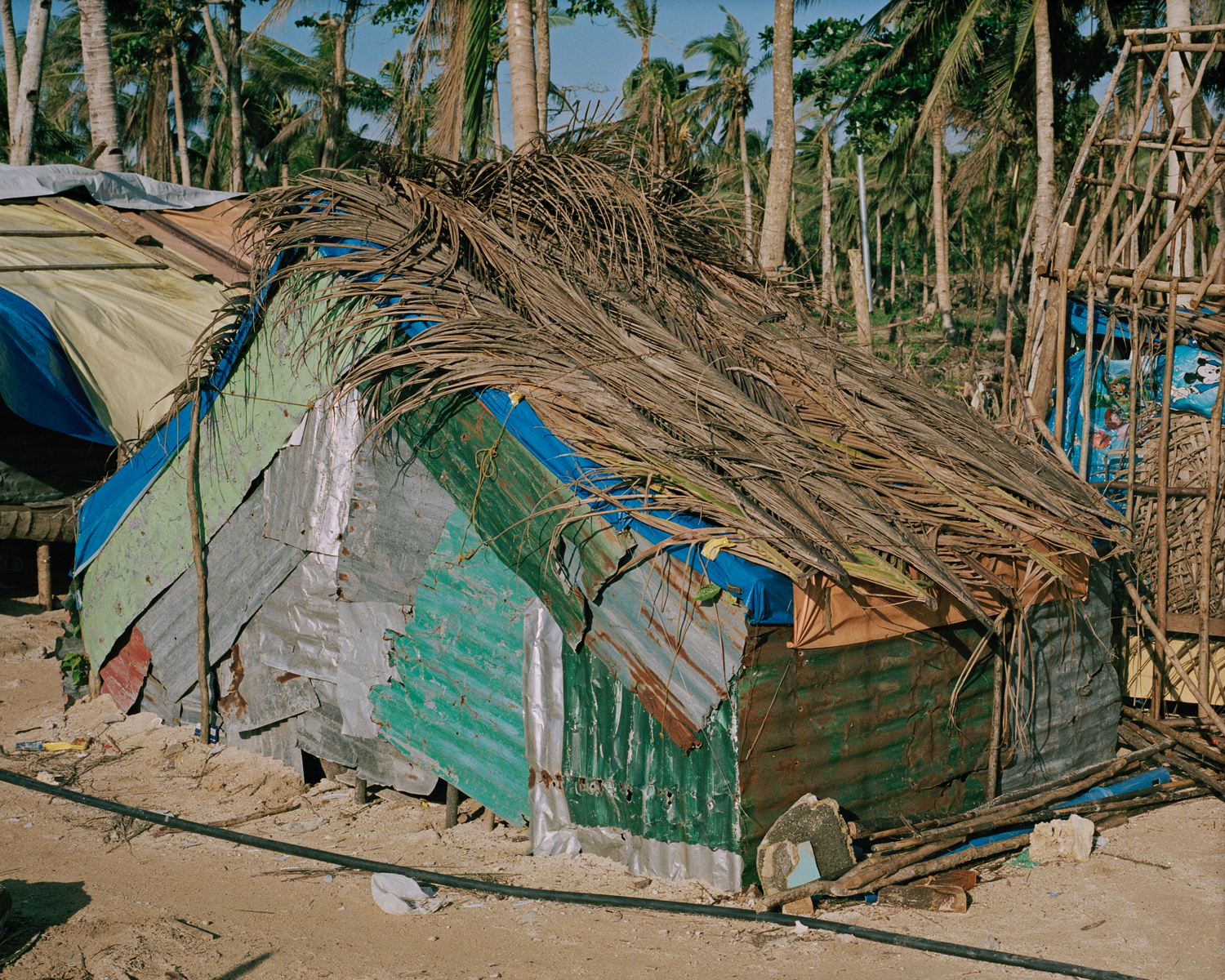

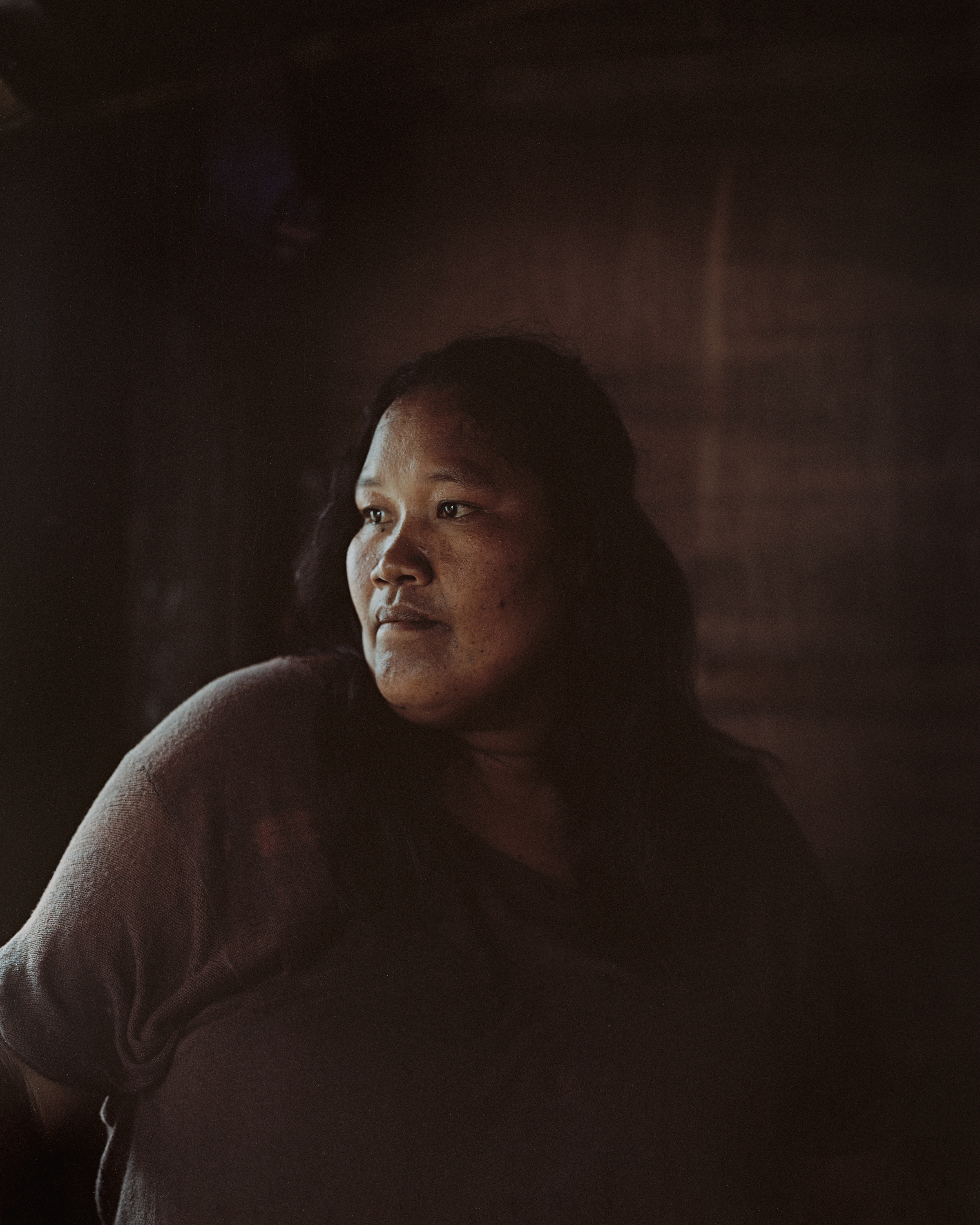
There were 53 of us who evacuated to that house and three died. My mother was among those eaten by the big waves.
Jennifer Codillo


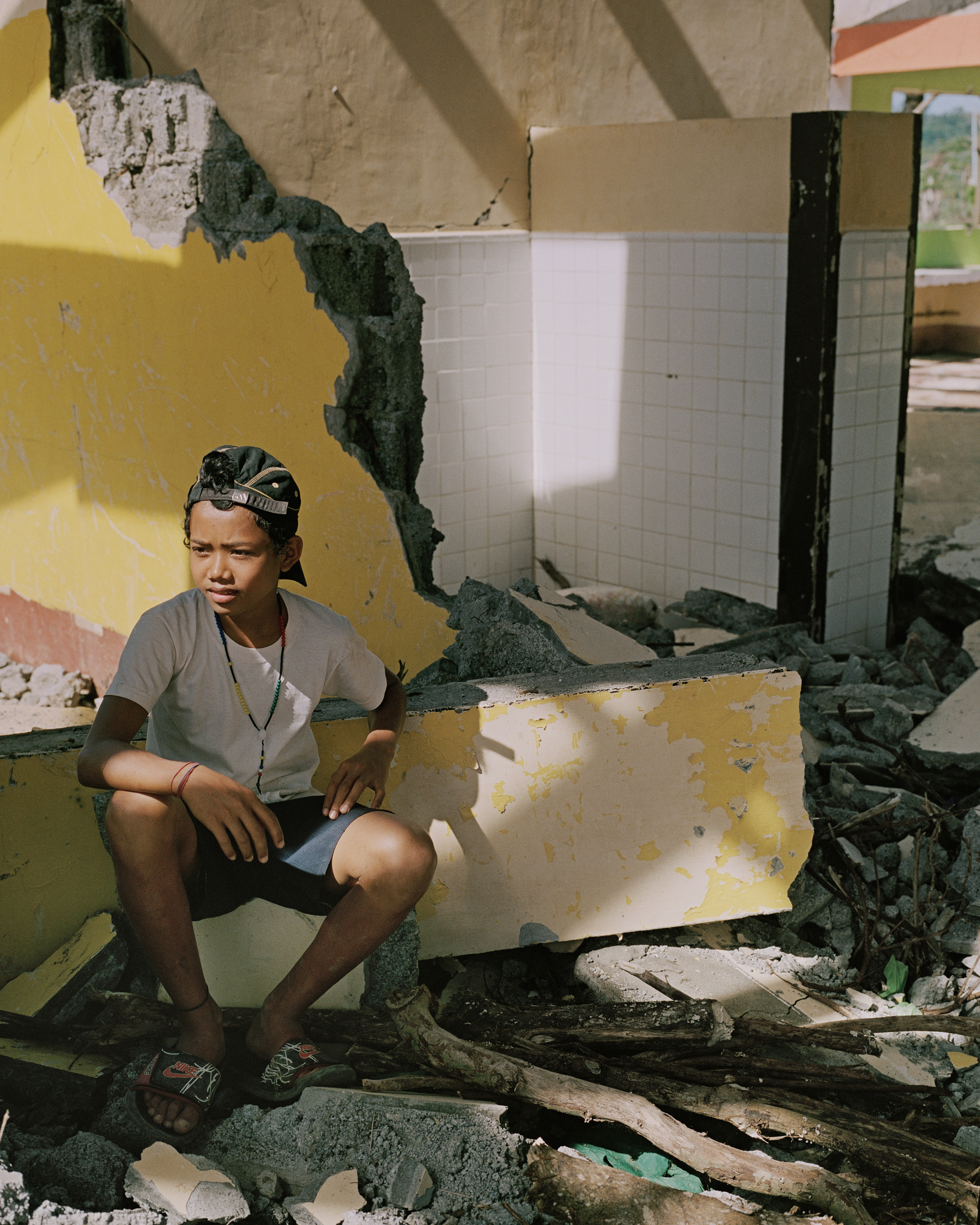

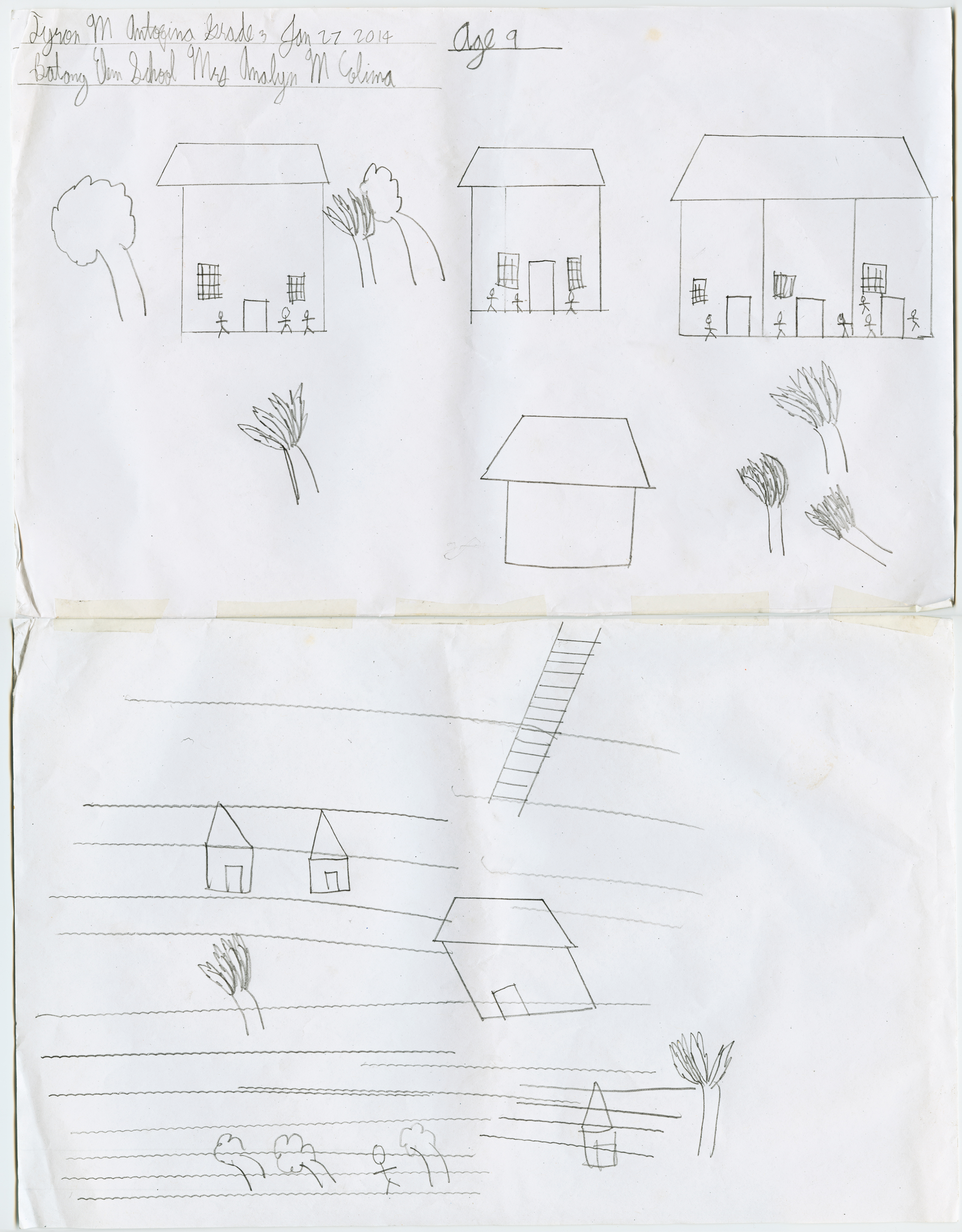
I was so sad looking at those ruins. Our house was completely destroyed. But I wasn’t able to cry, I was just sad.
Tryon Antofina

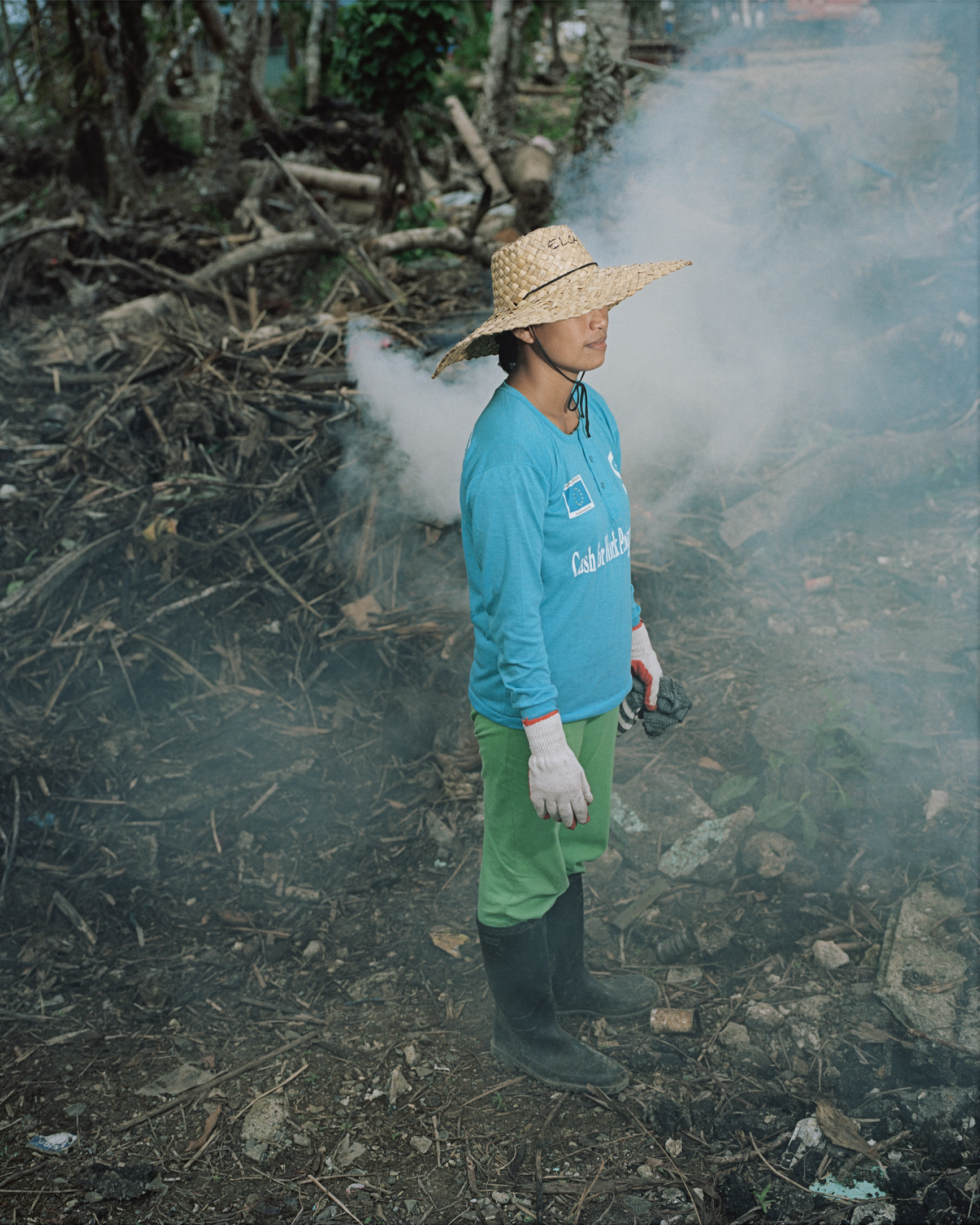
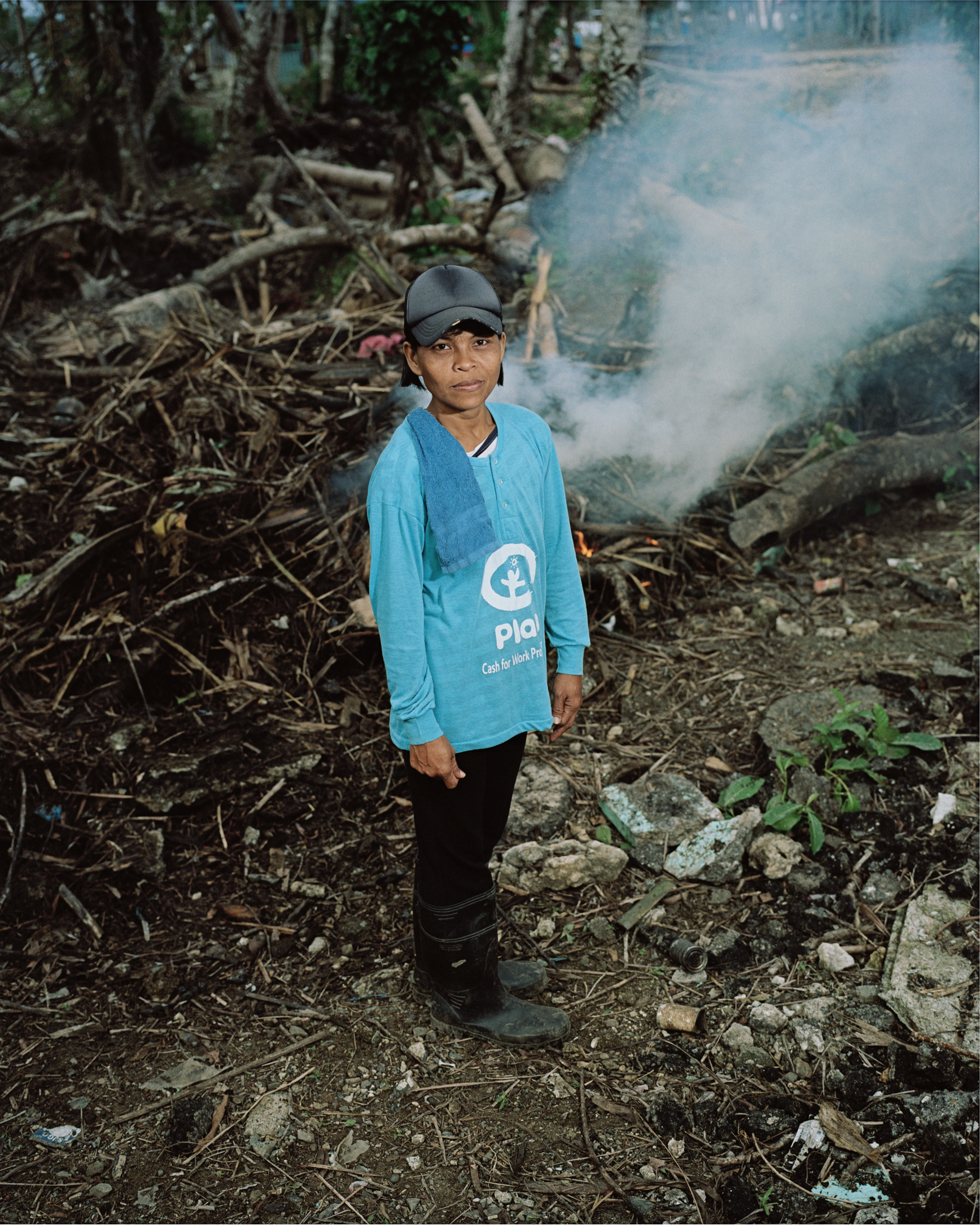



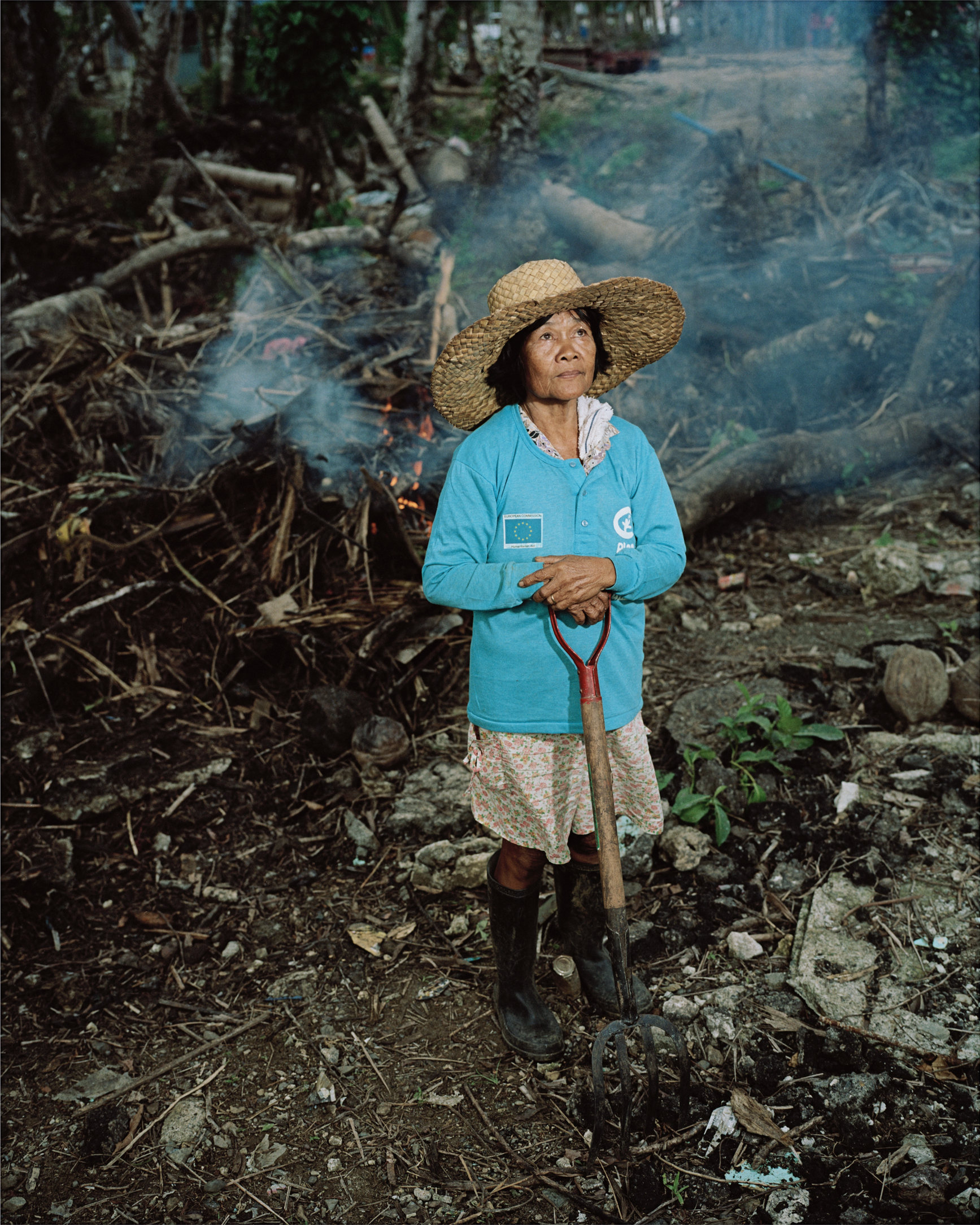
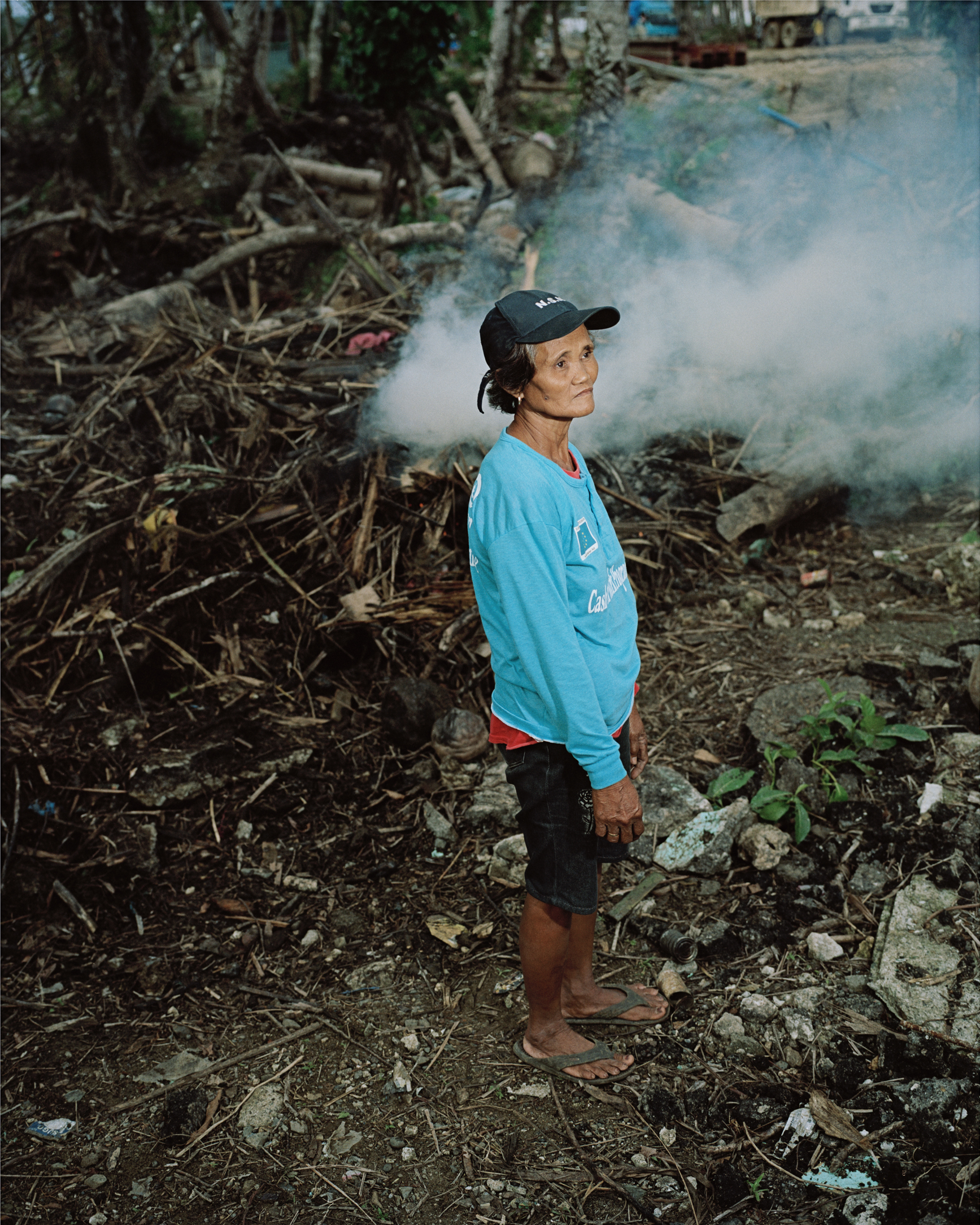

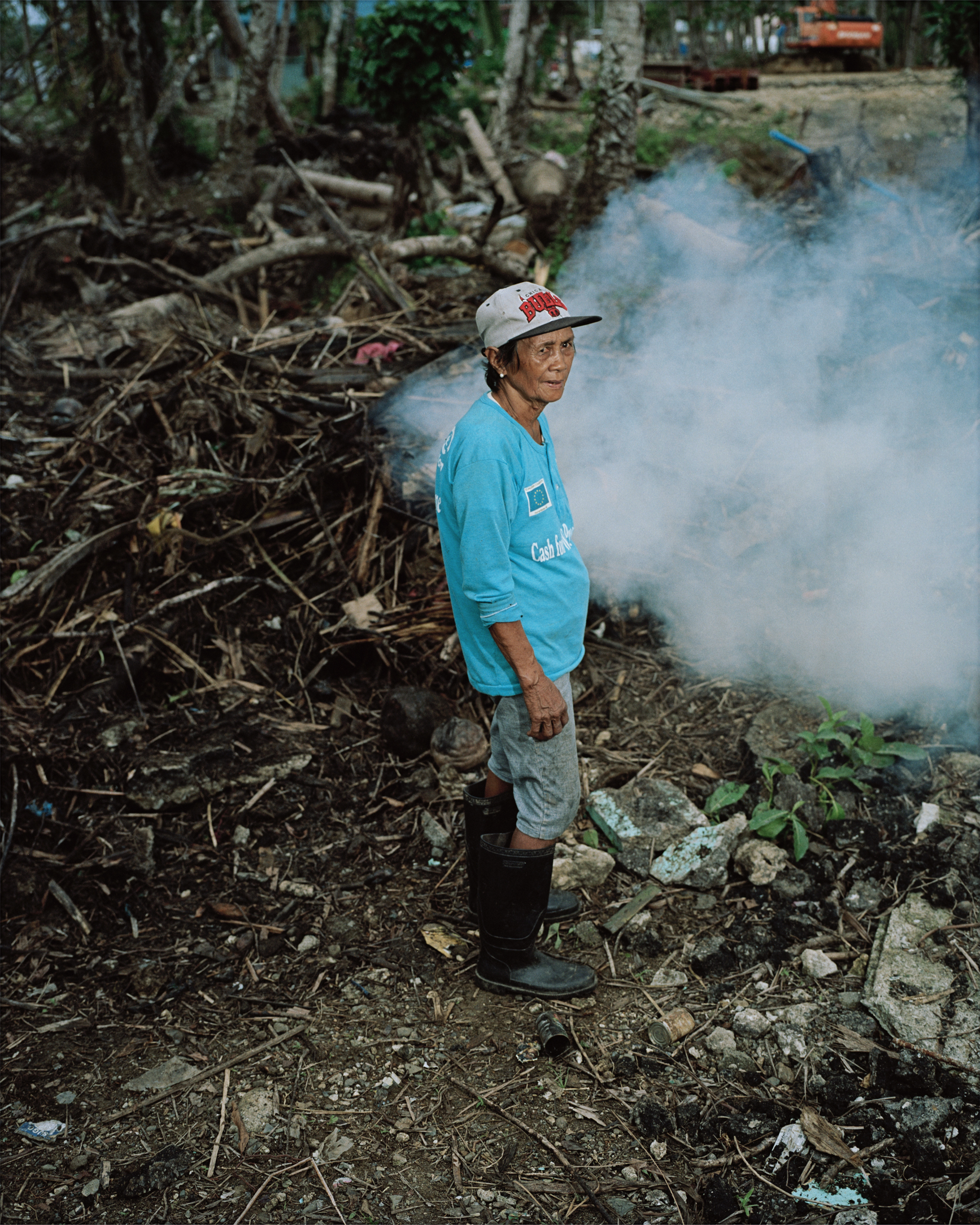
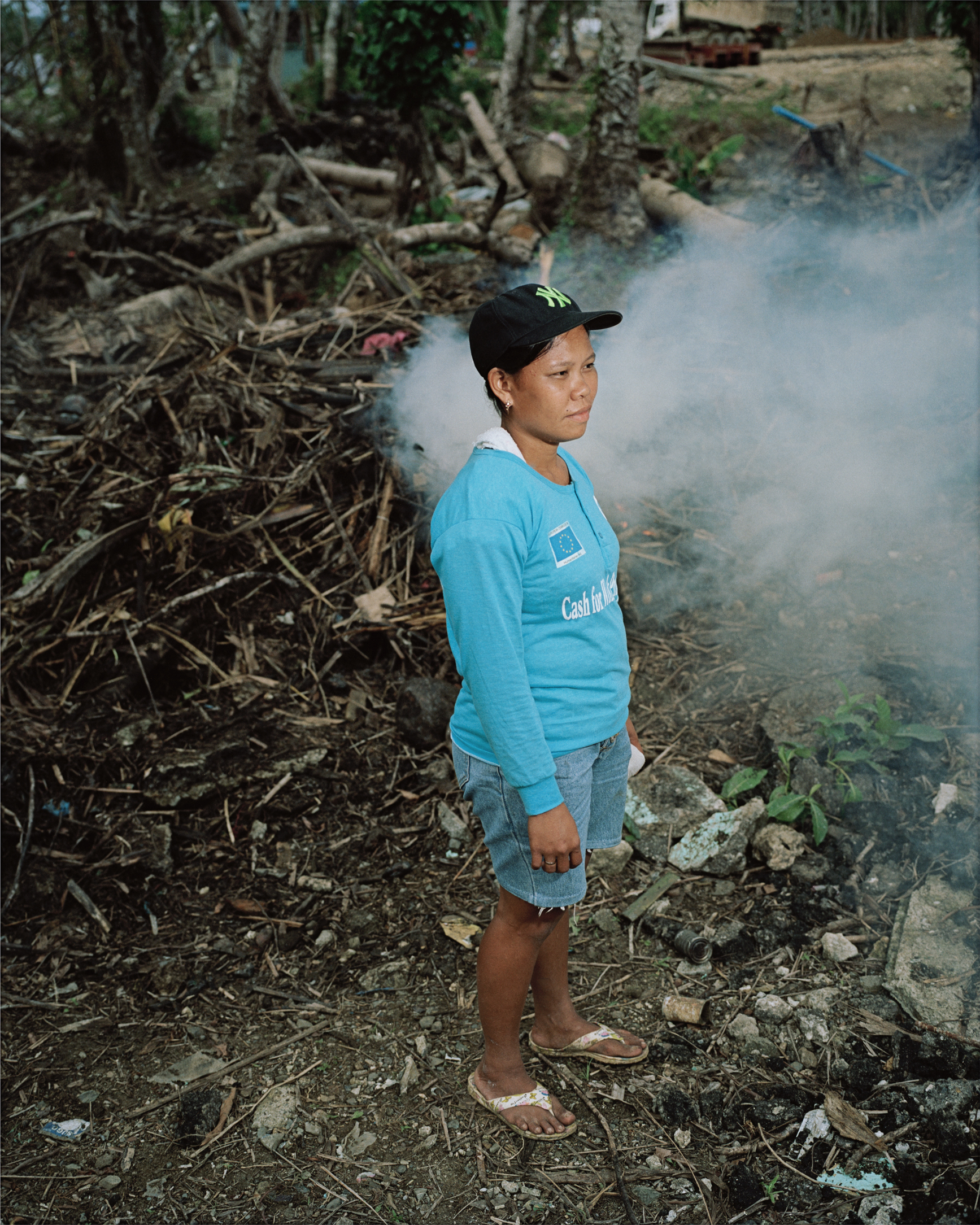
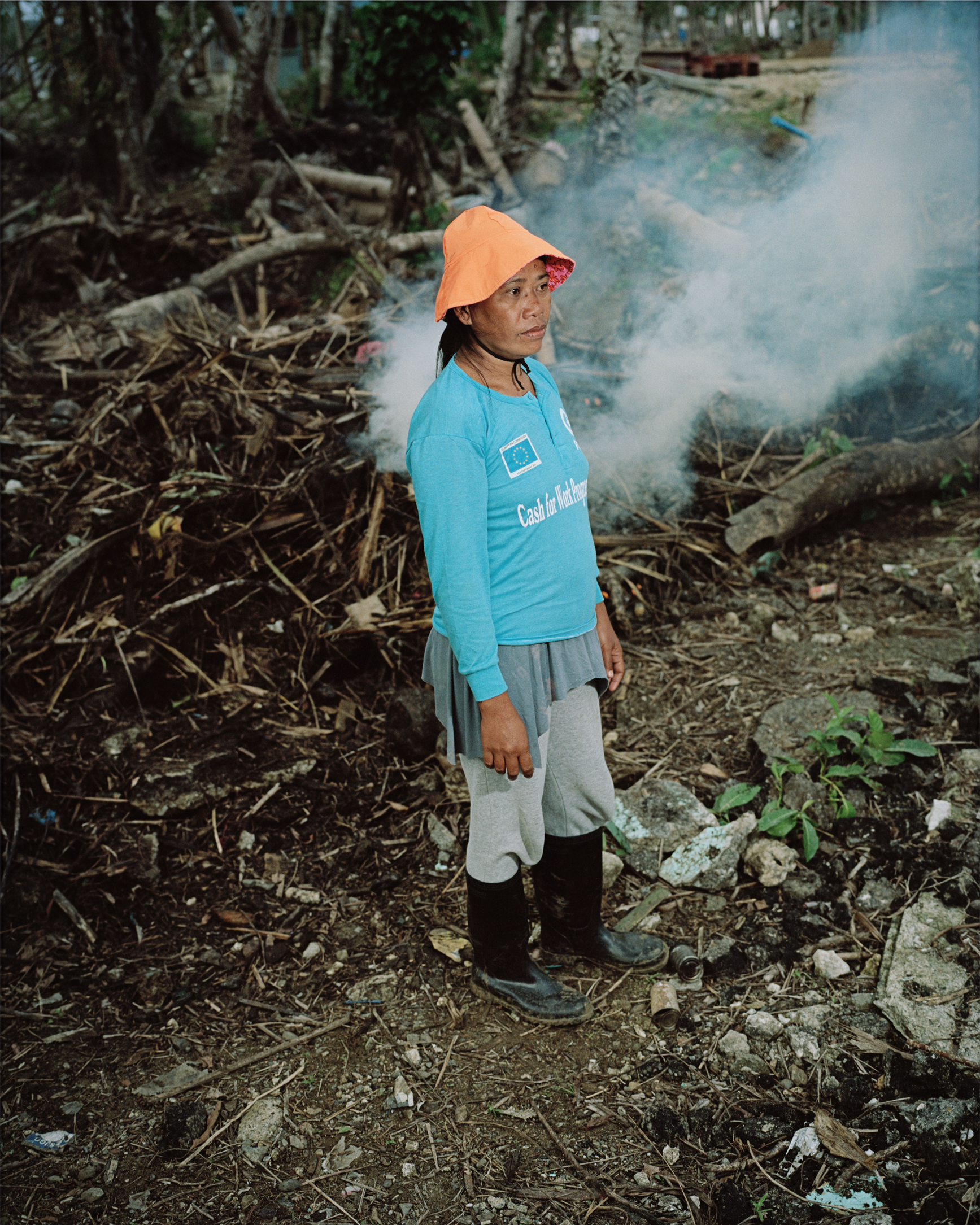

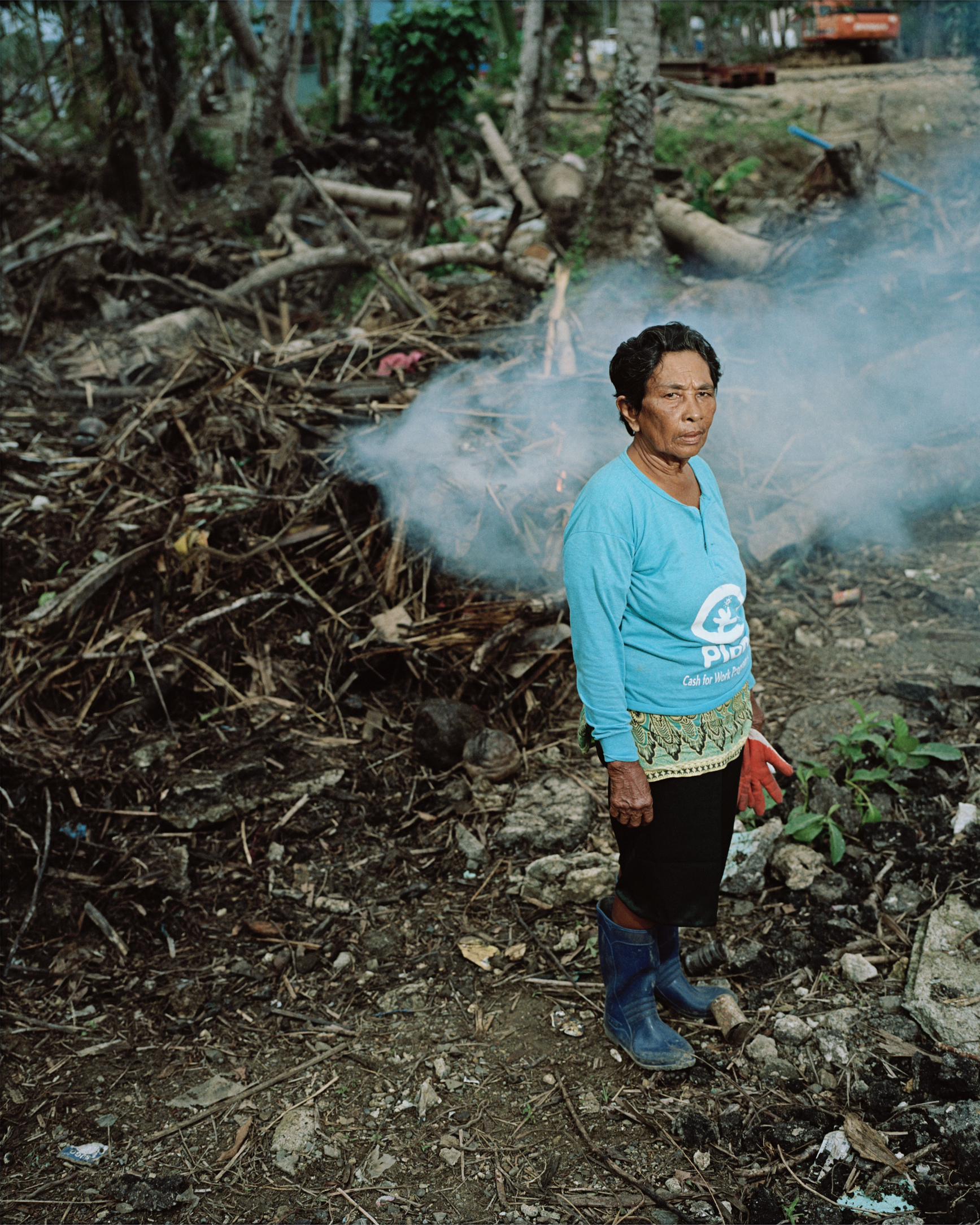
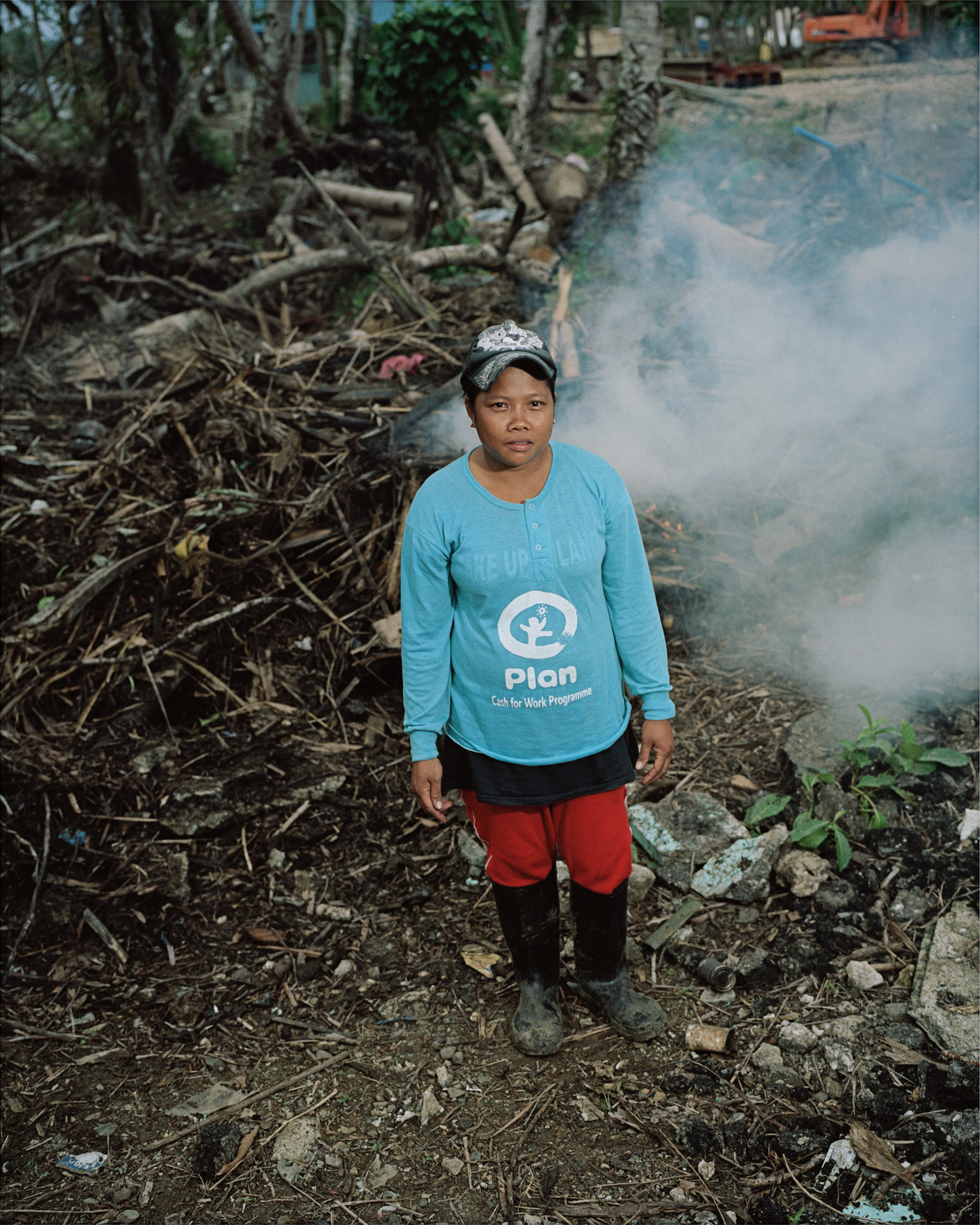
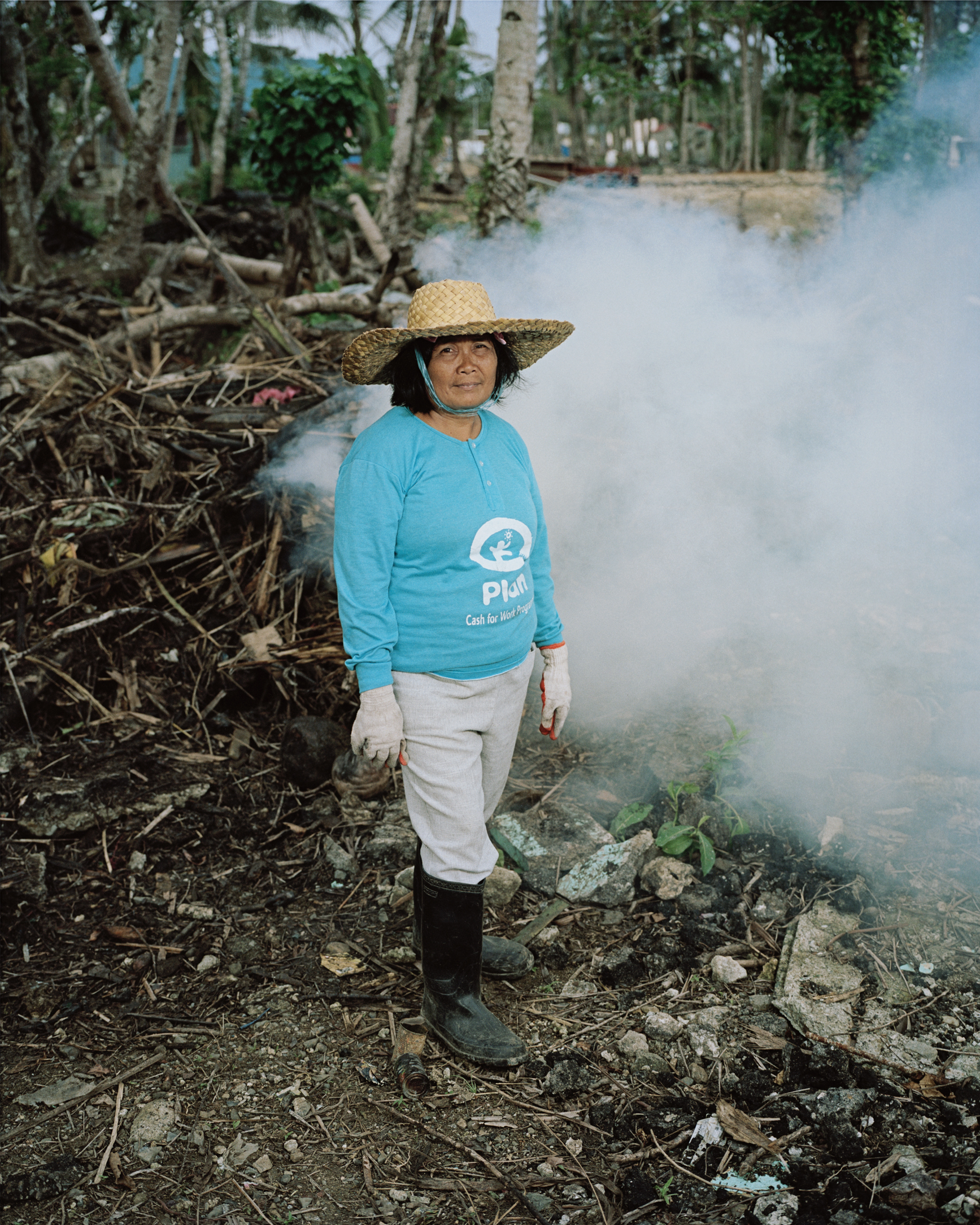

Before the big waves splashed the house and before my parents died, I saw them praying the rosary. They were pulled out by the big waves while holding hands and repeating “My God.”
Editha Barcial Agao


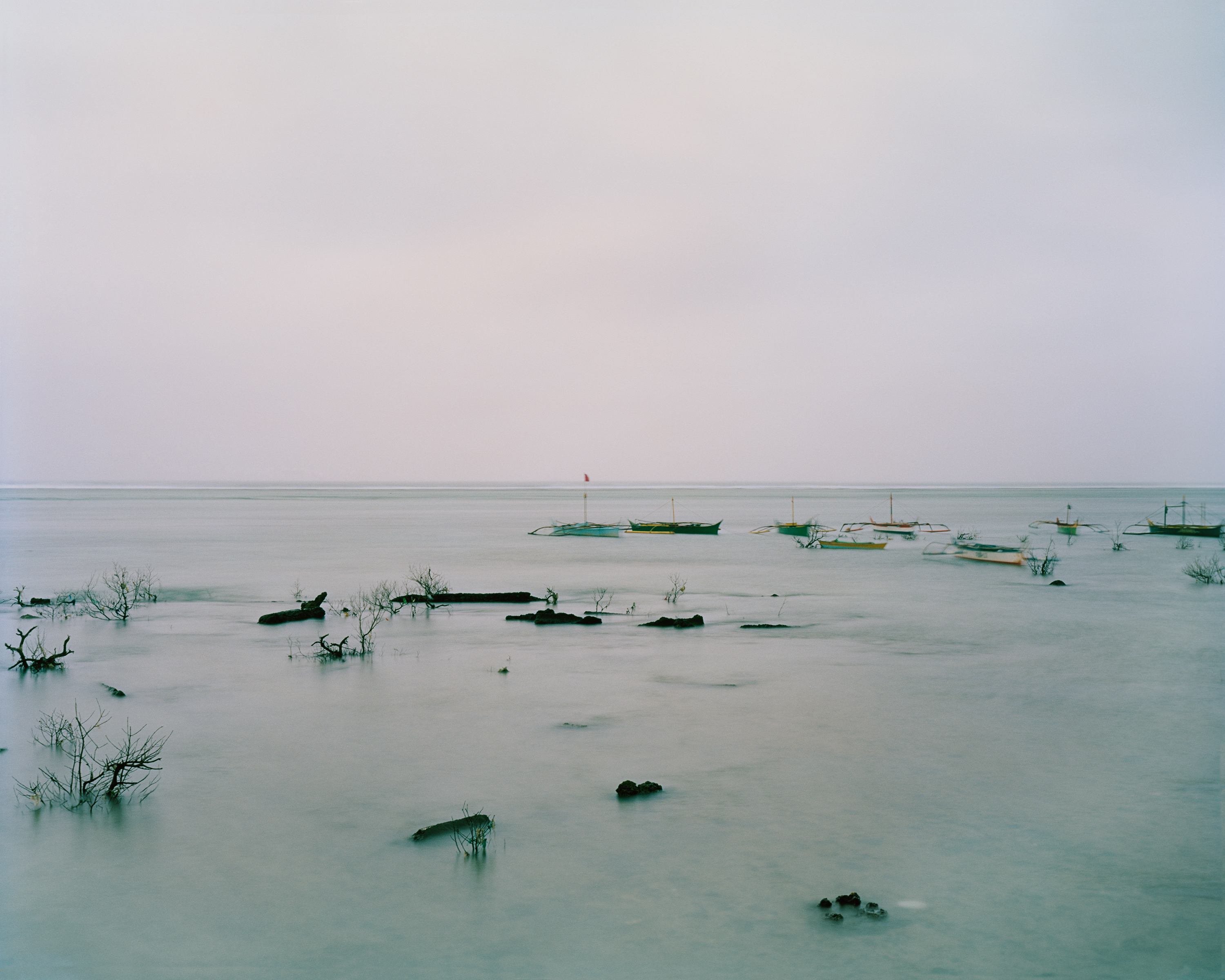

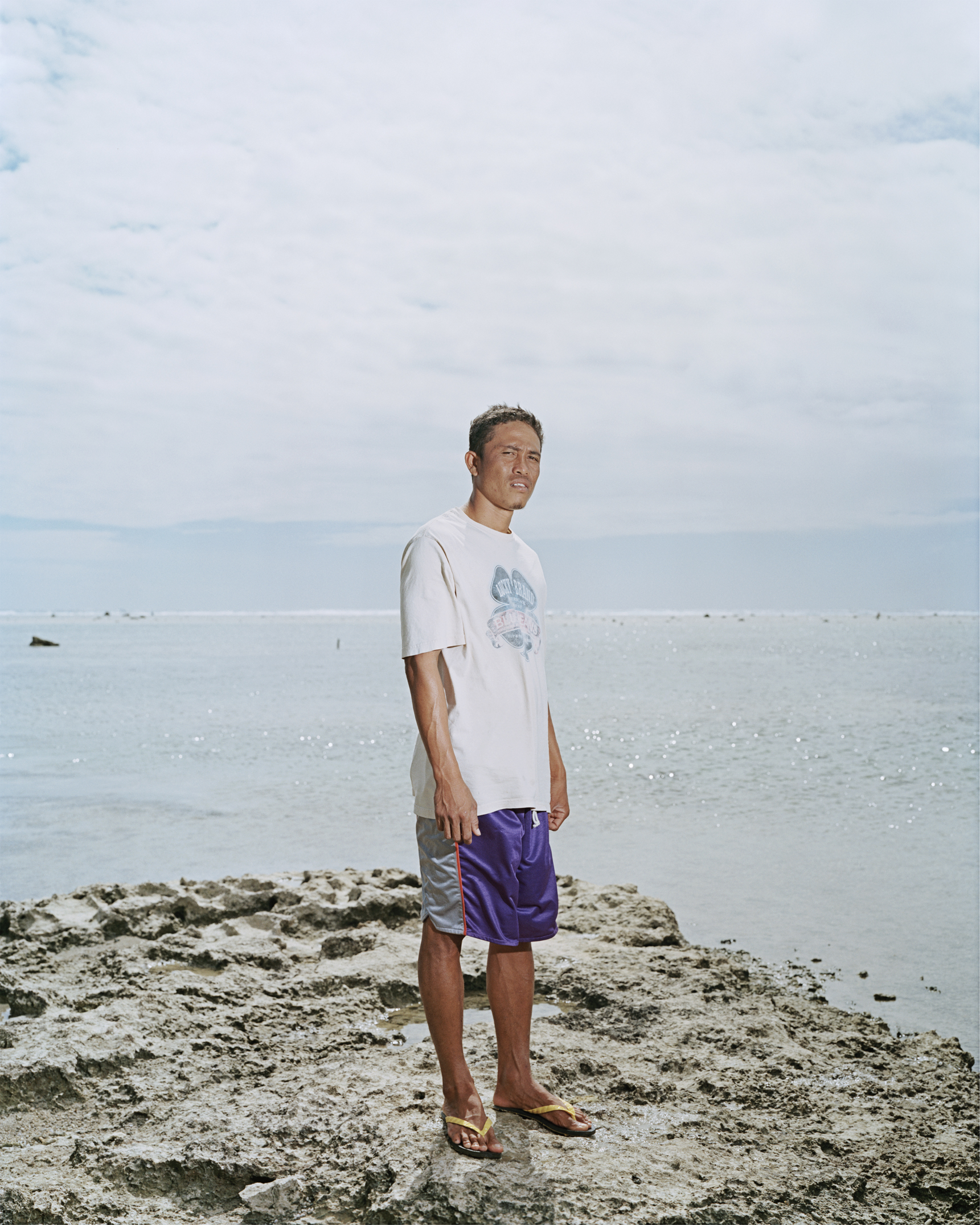




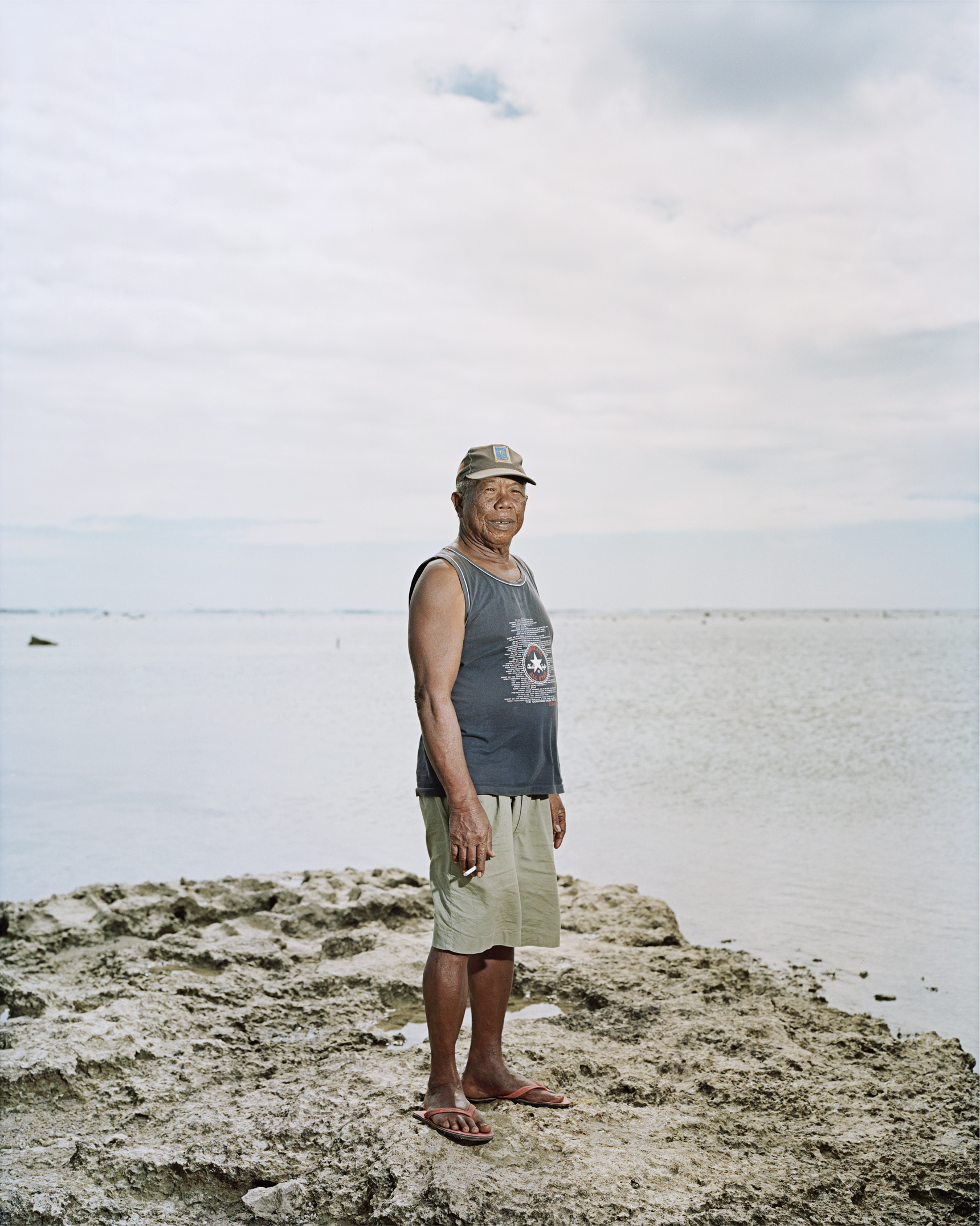
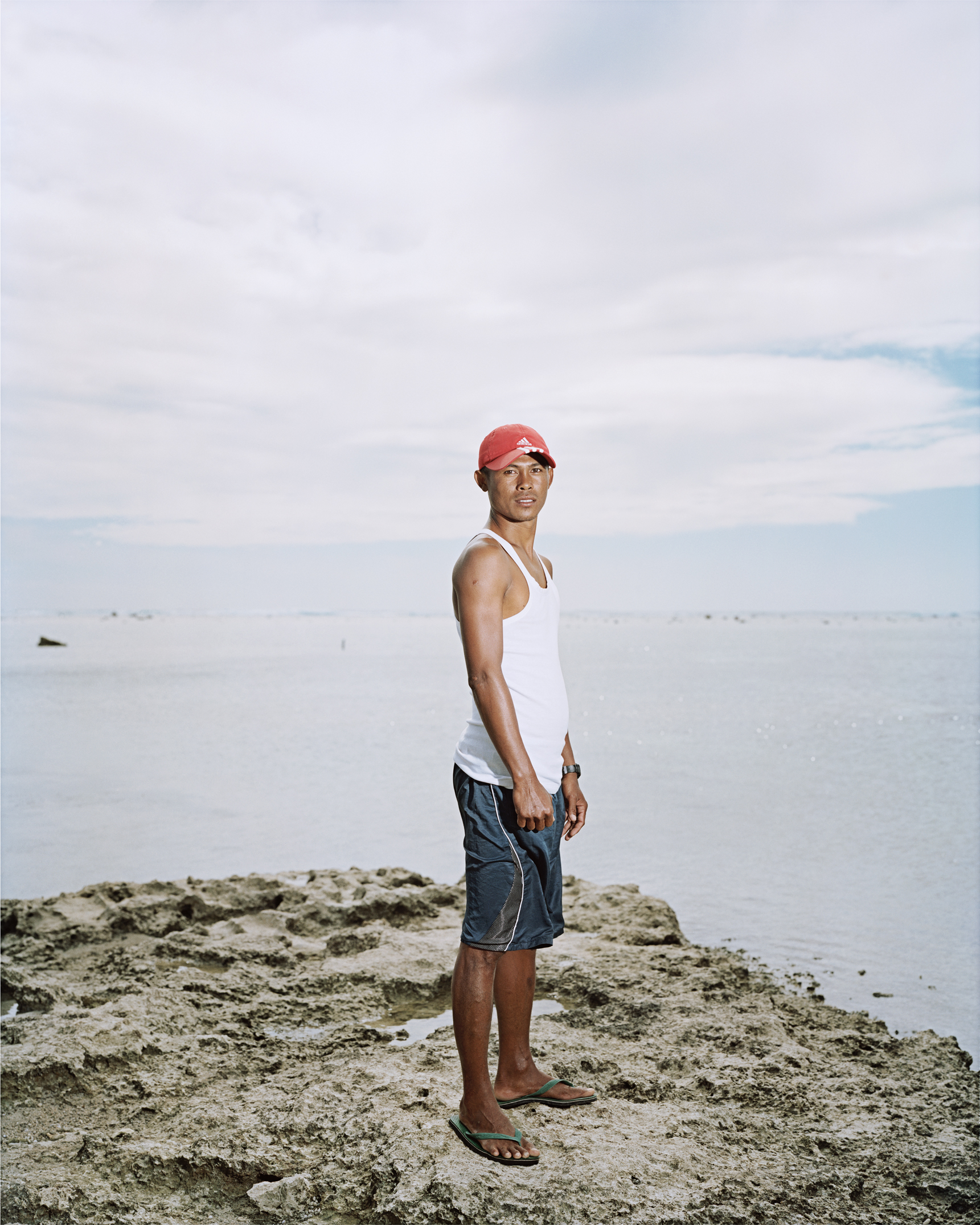

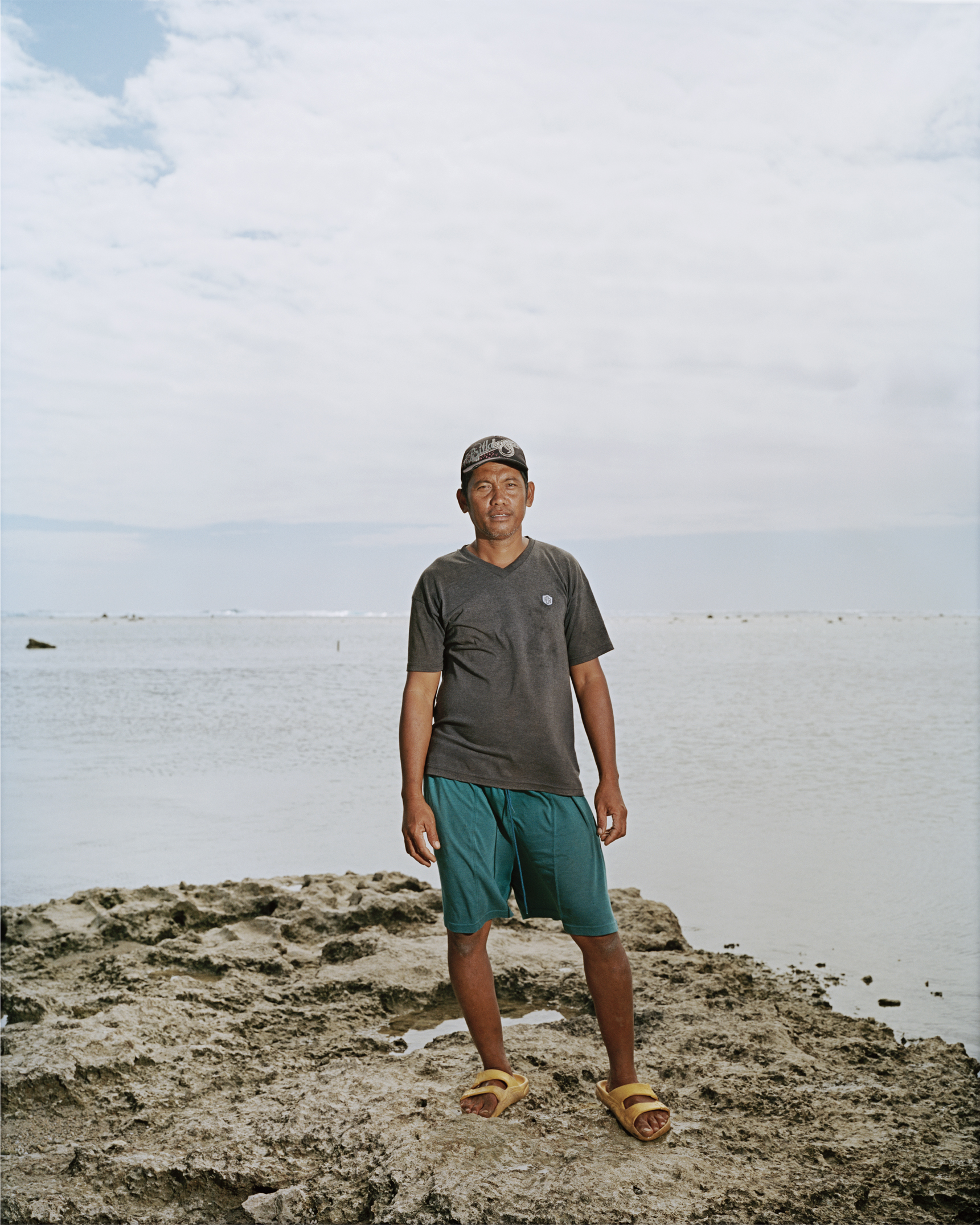



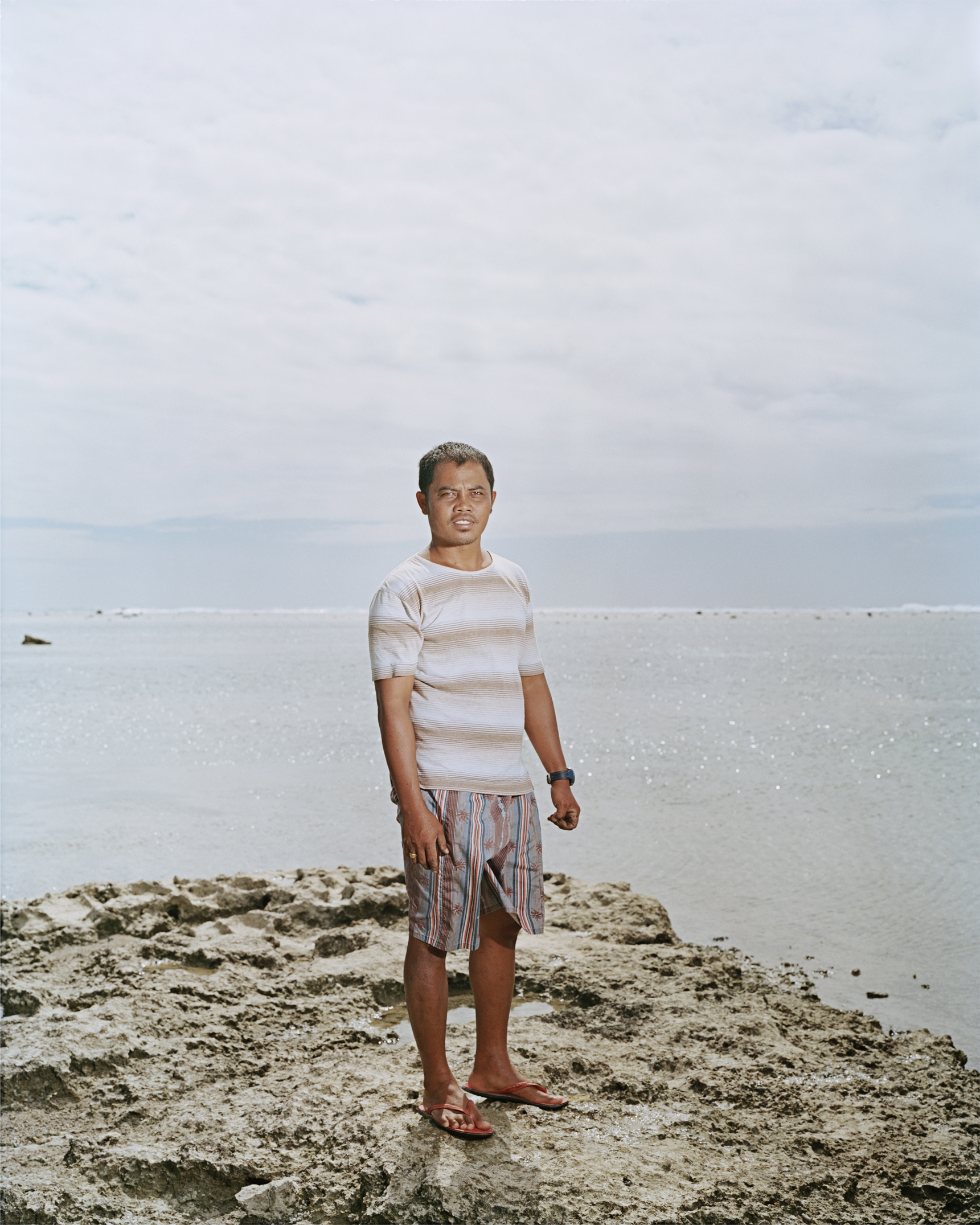
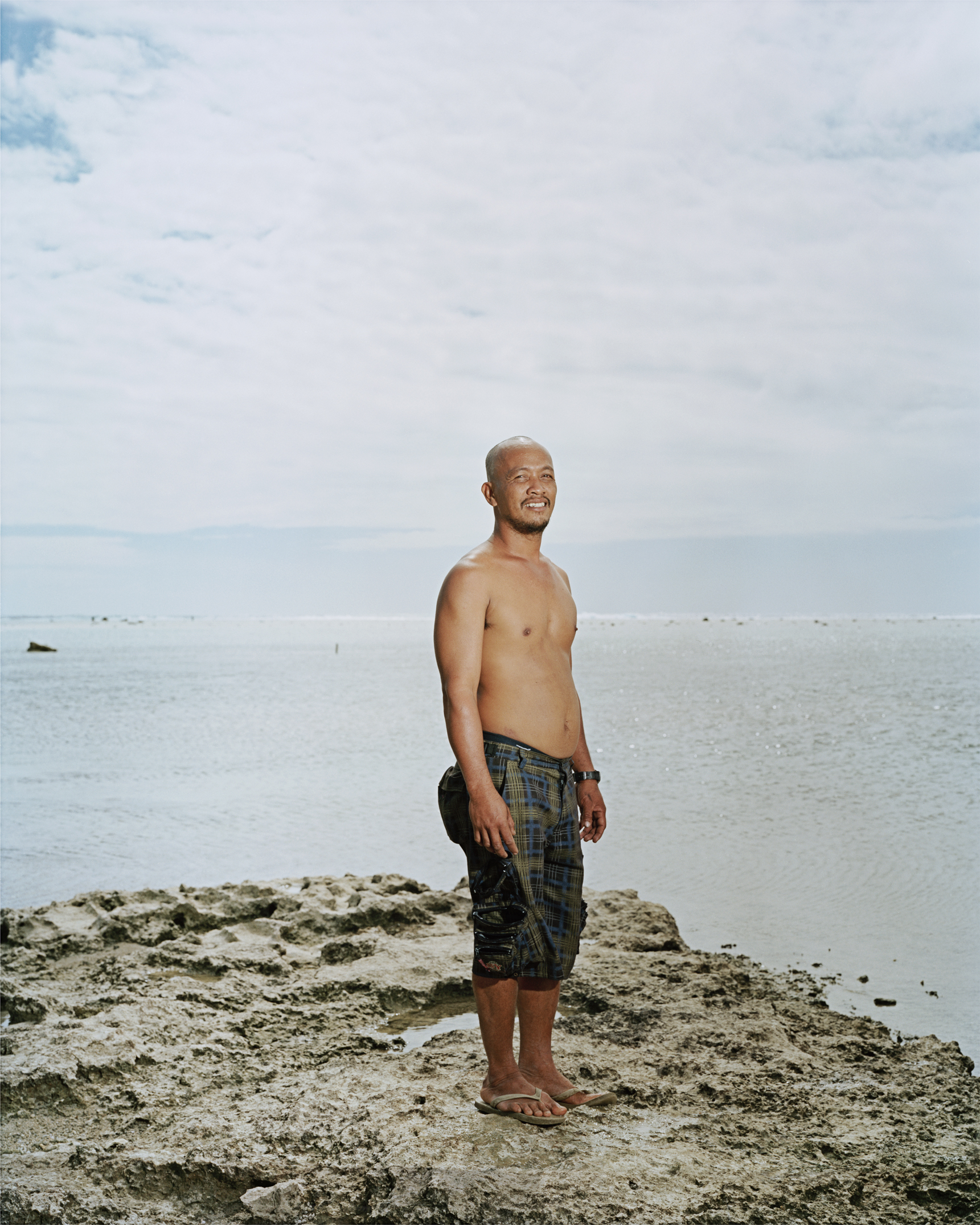


I am a fisherman, but after the typhoon there was nothing left. Of the 70 boats in town, only 3 survived.
Silvano Barcial

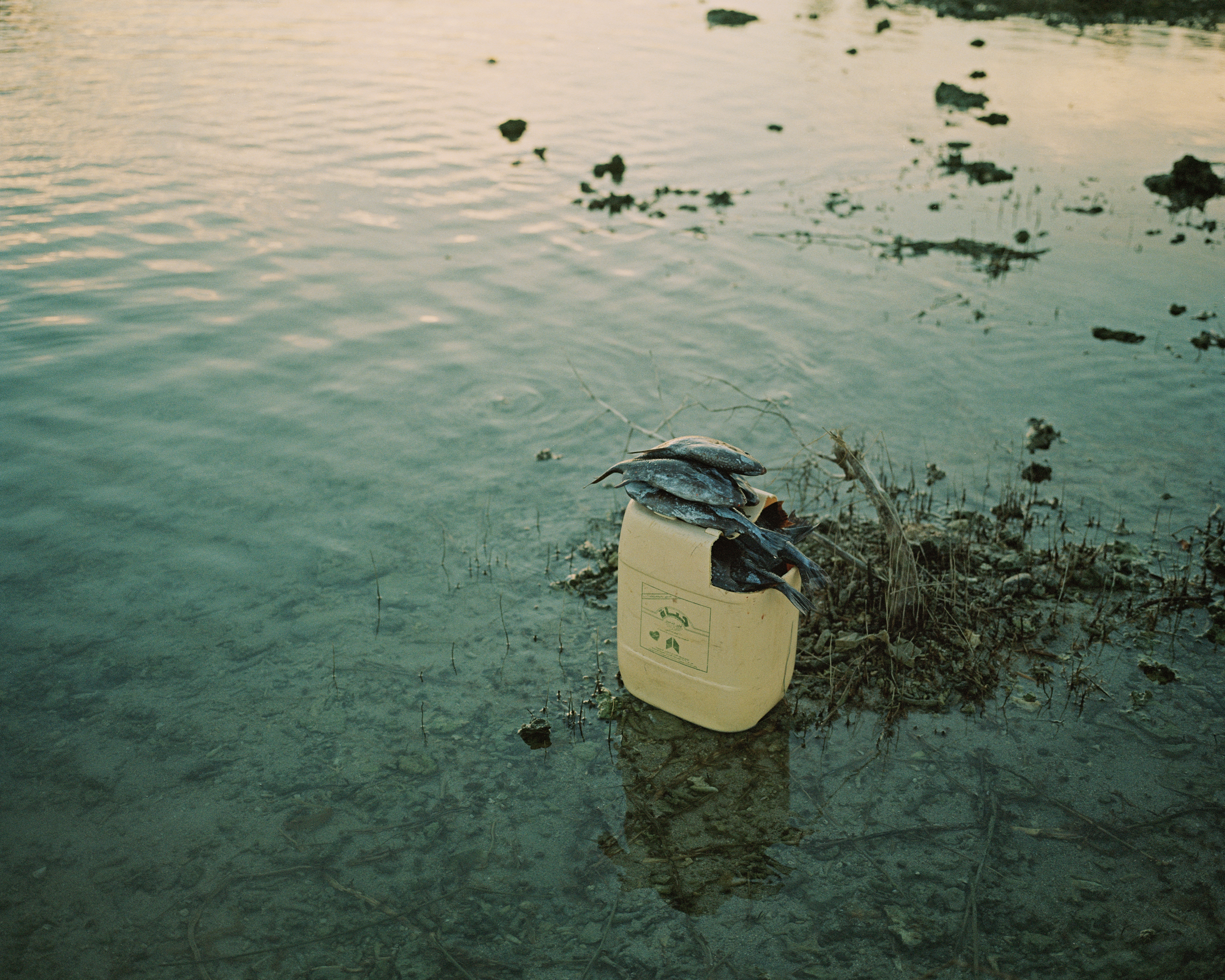
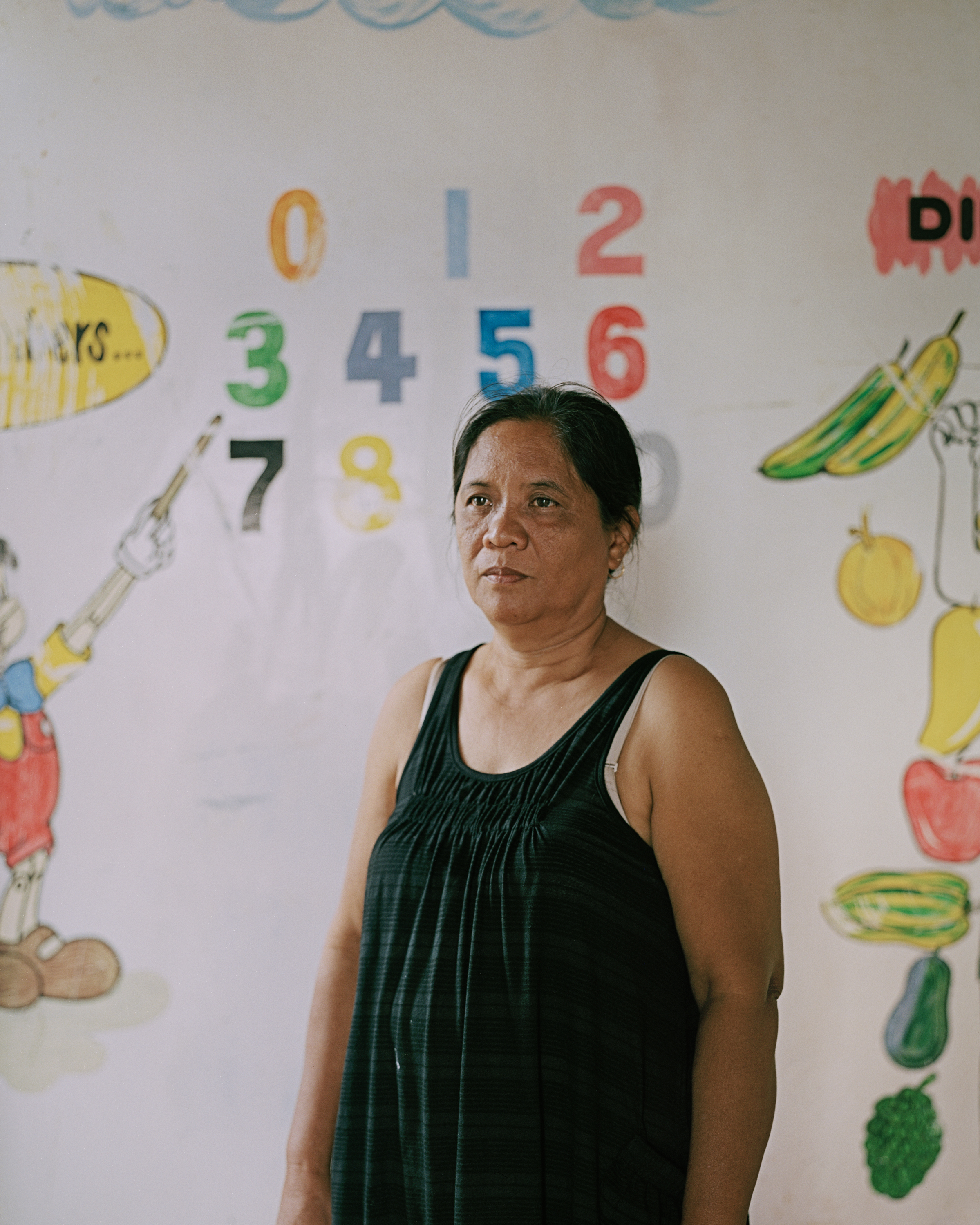
We were in the day care center and my cousin was trapped in the other room. I could hear her voice as she begged for help, but I couldn’t reach her. Her body was found the next day.
Clemencia Gura
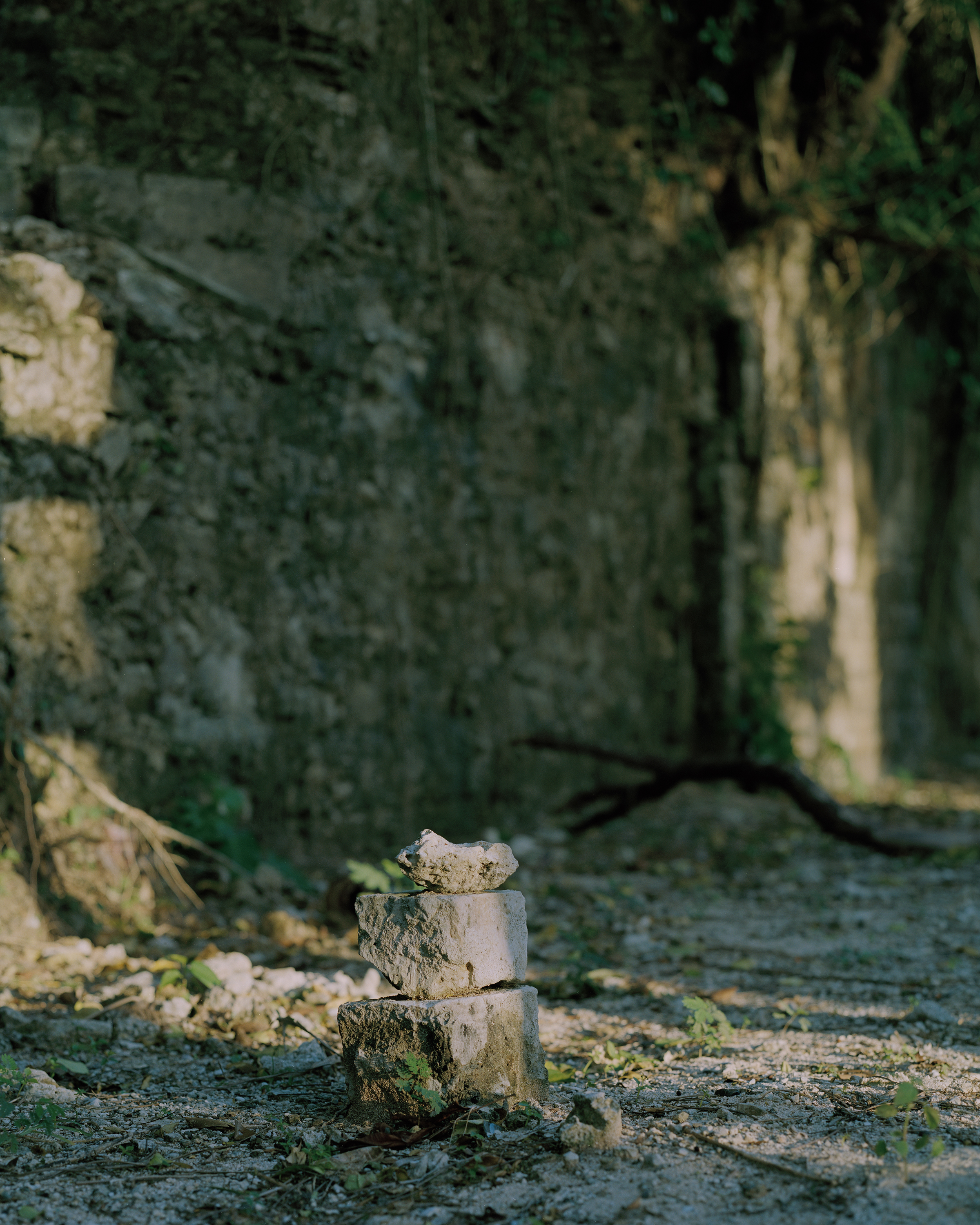


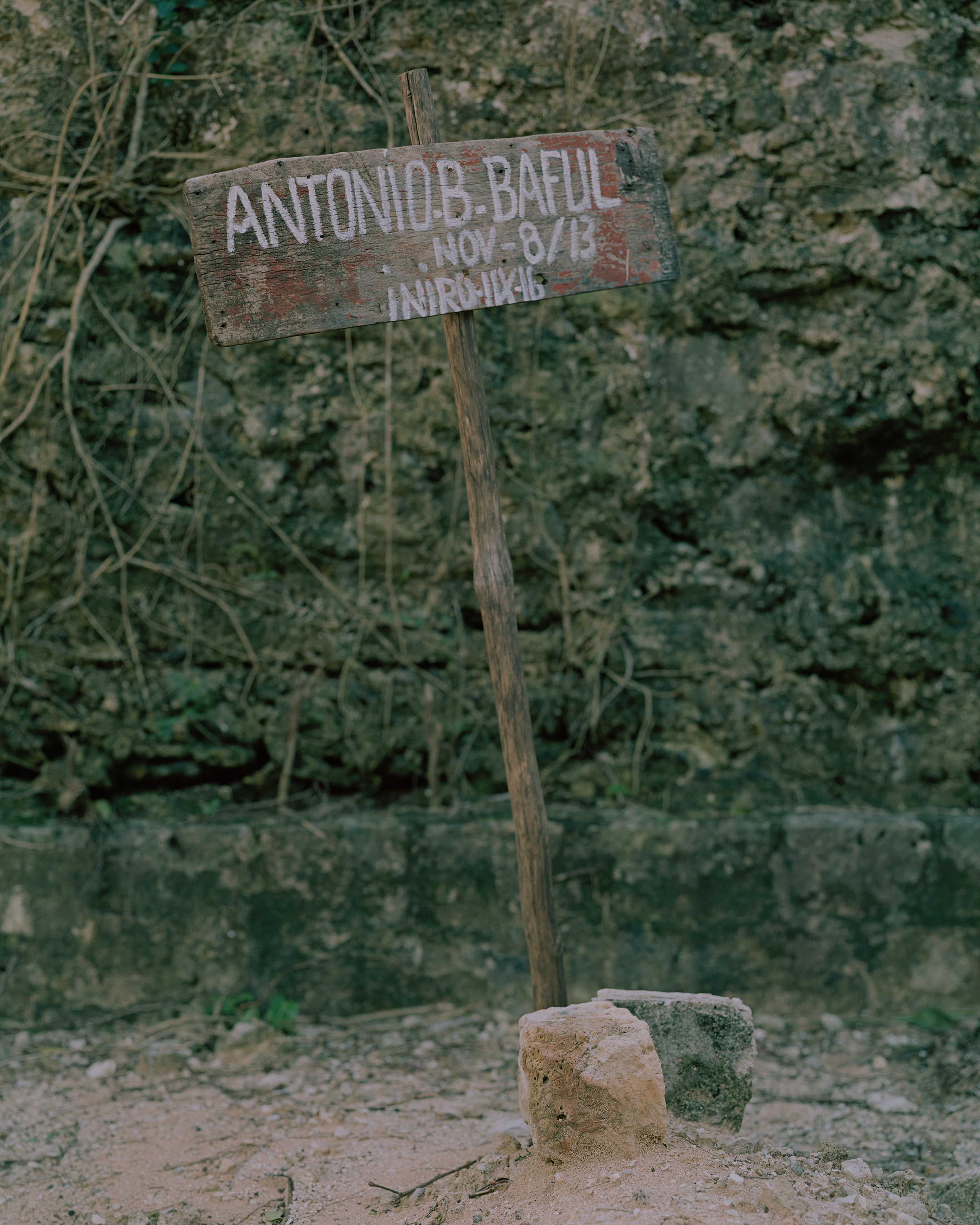
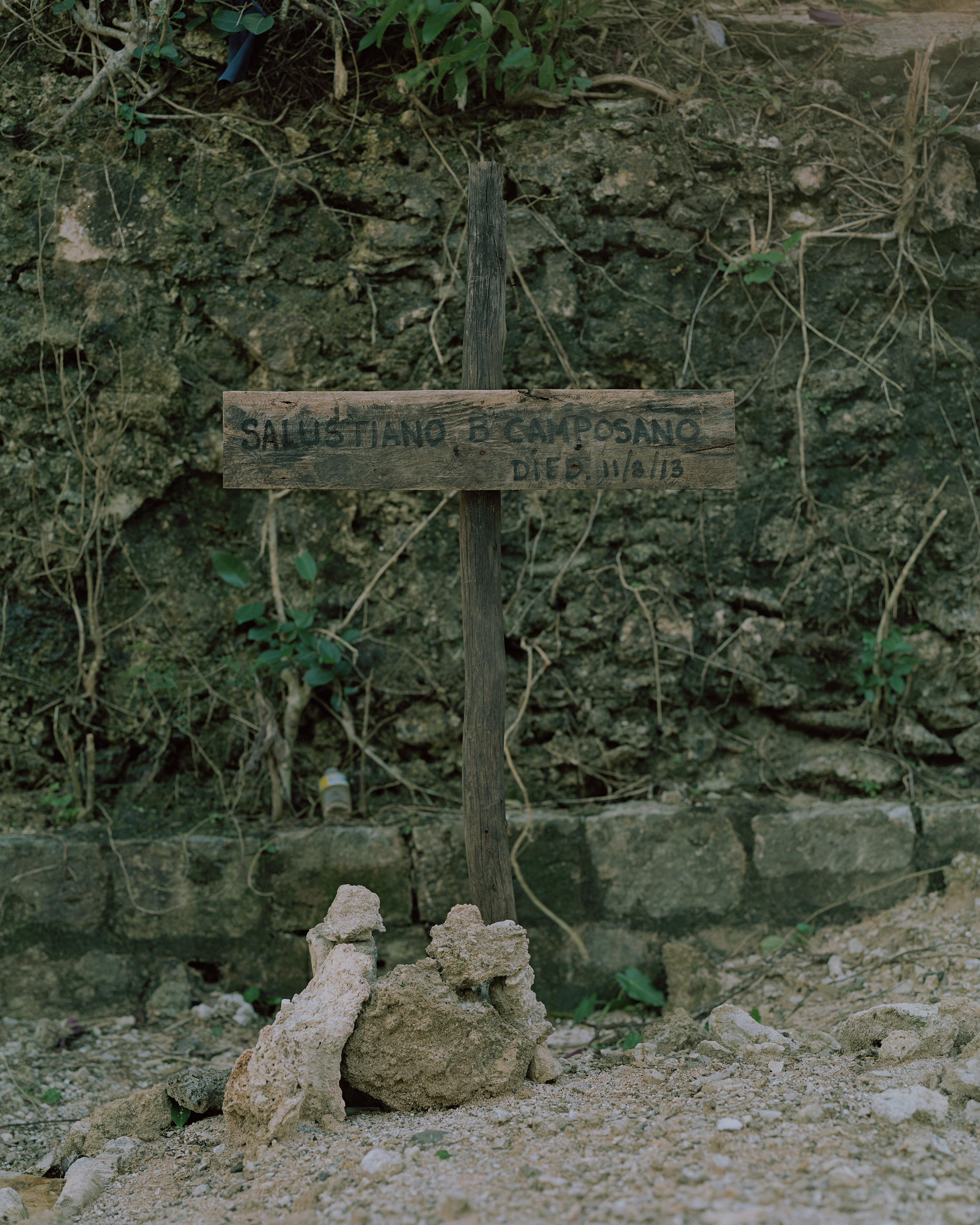

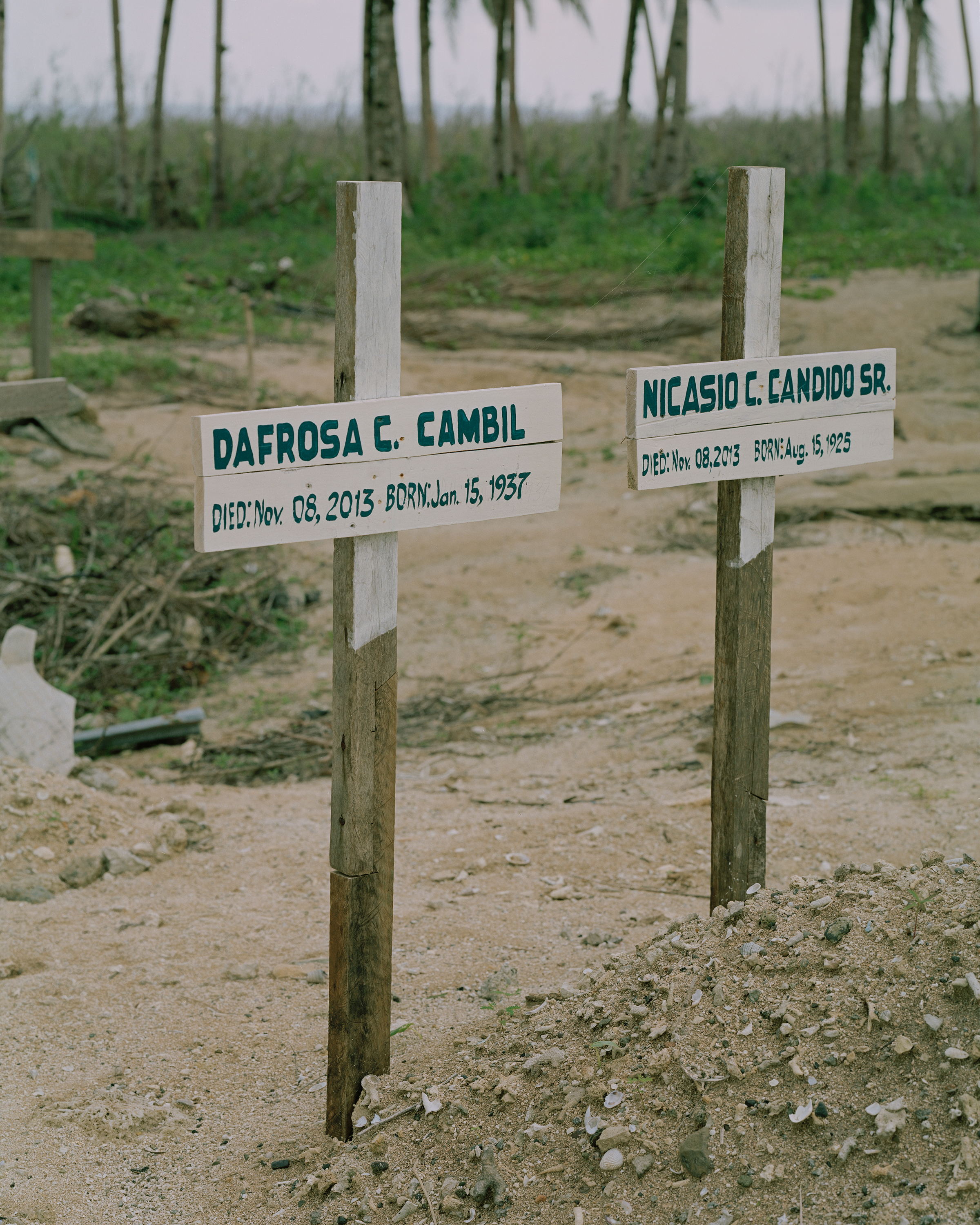
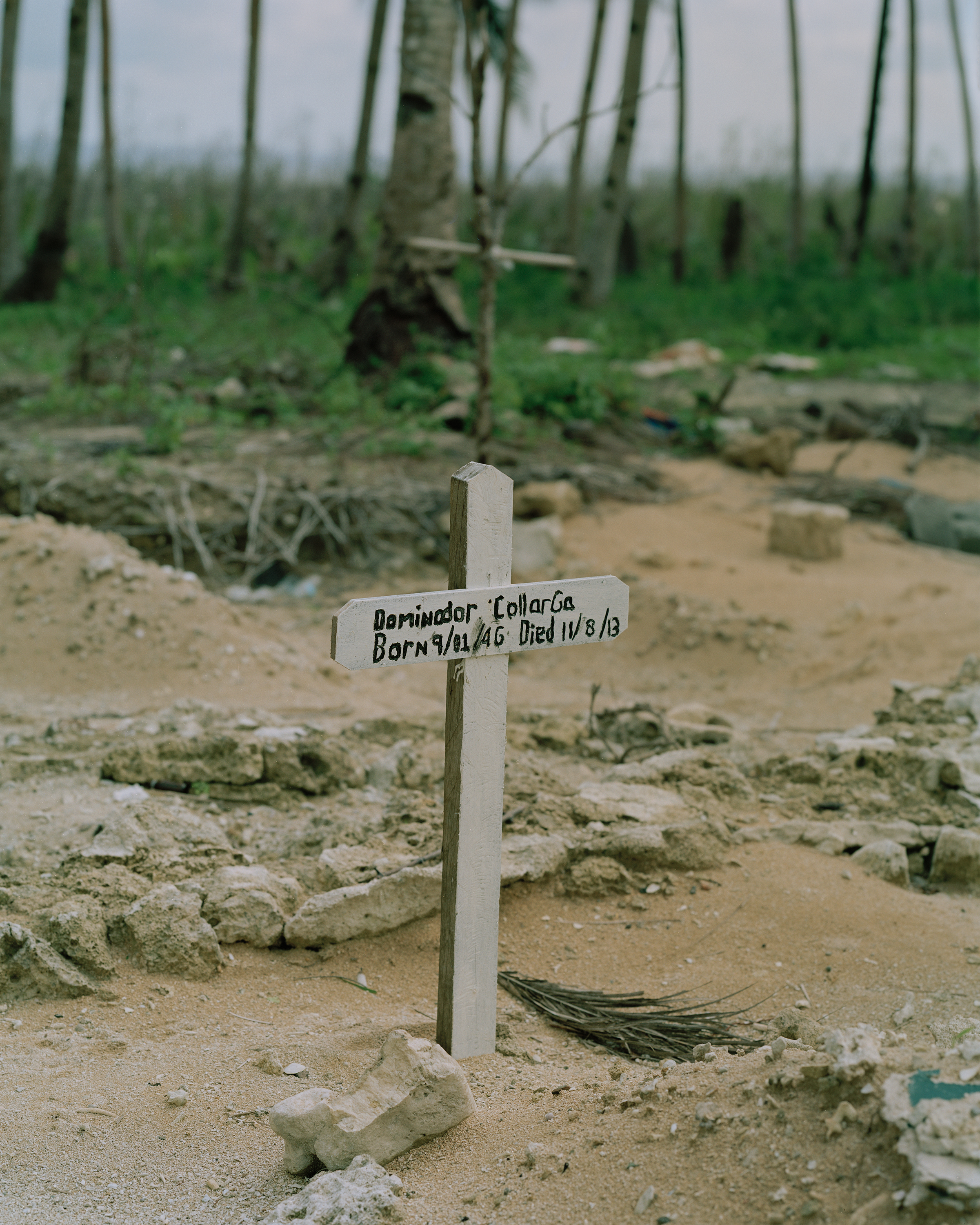



And that is when I was told that my father had died.
Edsam Gura

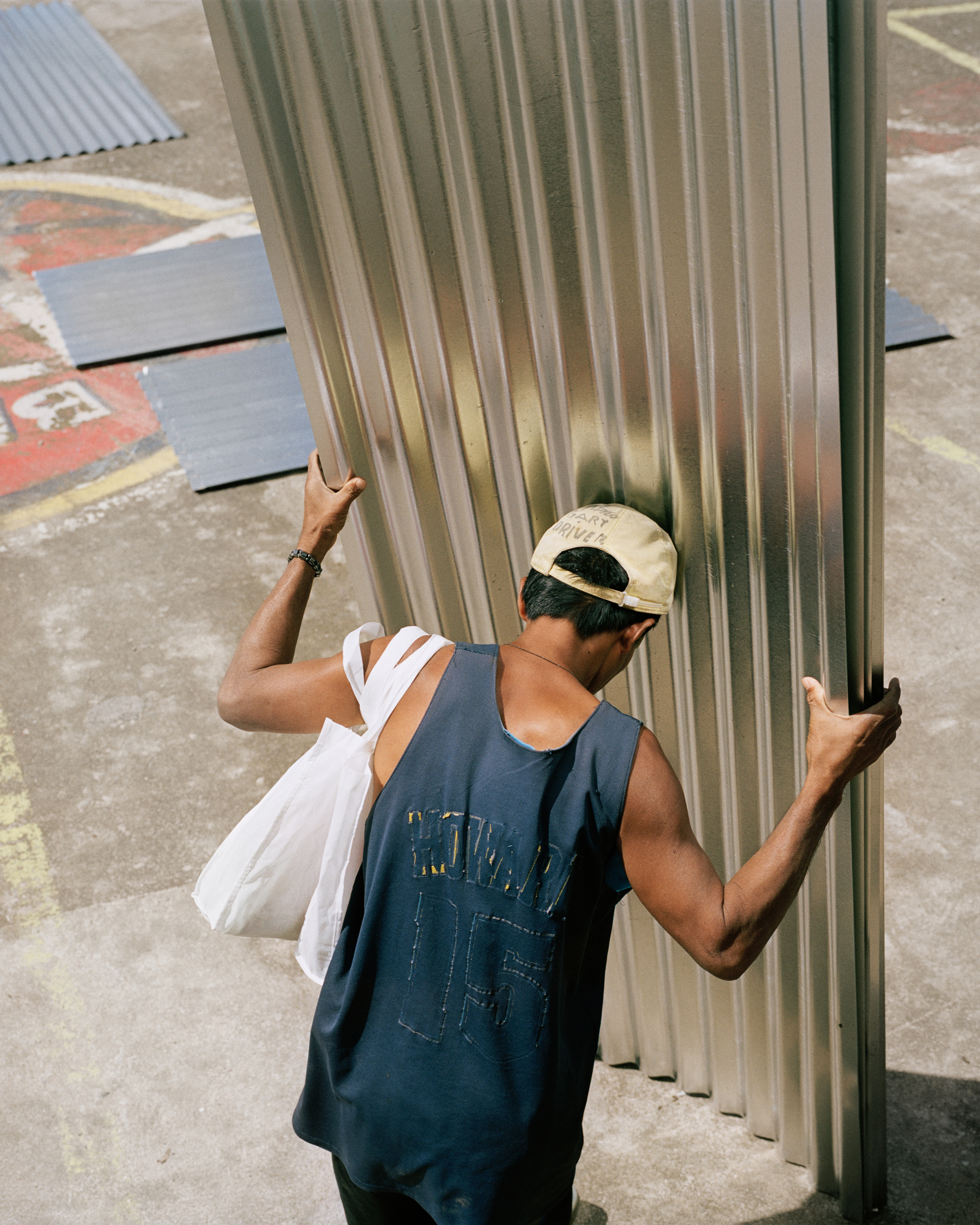

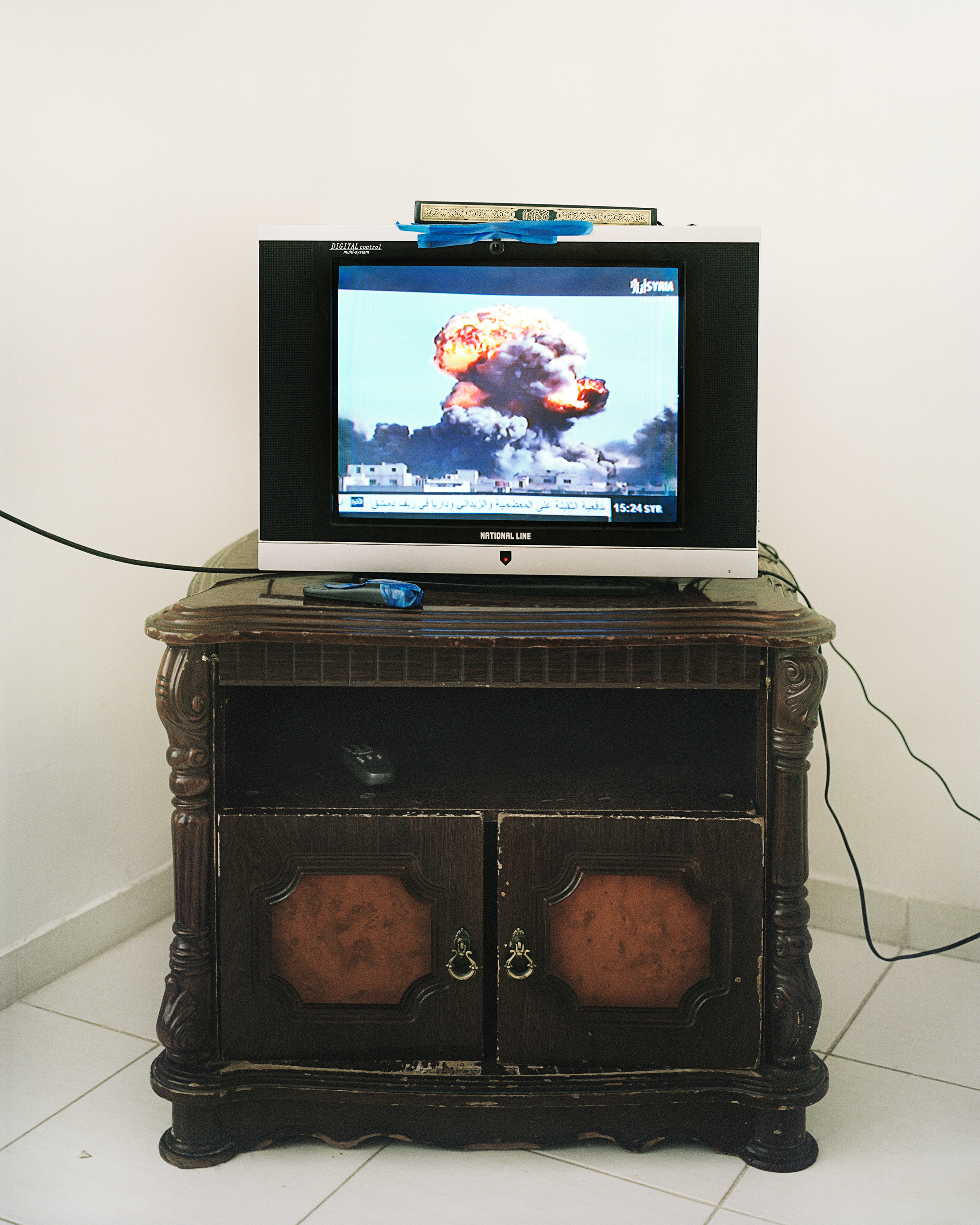


“I planted an olive tree here so we could feel like we were in Syria. If Bashar goes away we would go to Syria, sit by the olive trees and we would sleep and eat and drink there.”
Abdul Rahman Mounir Al-Zalem
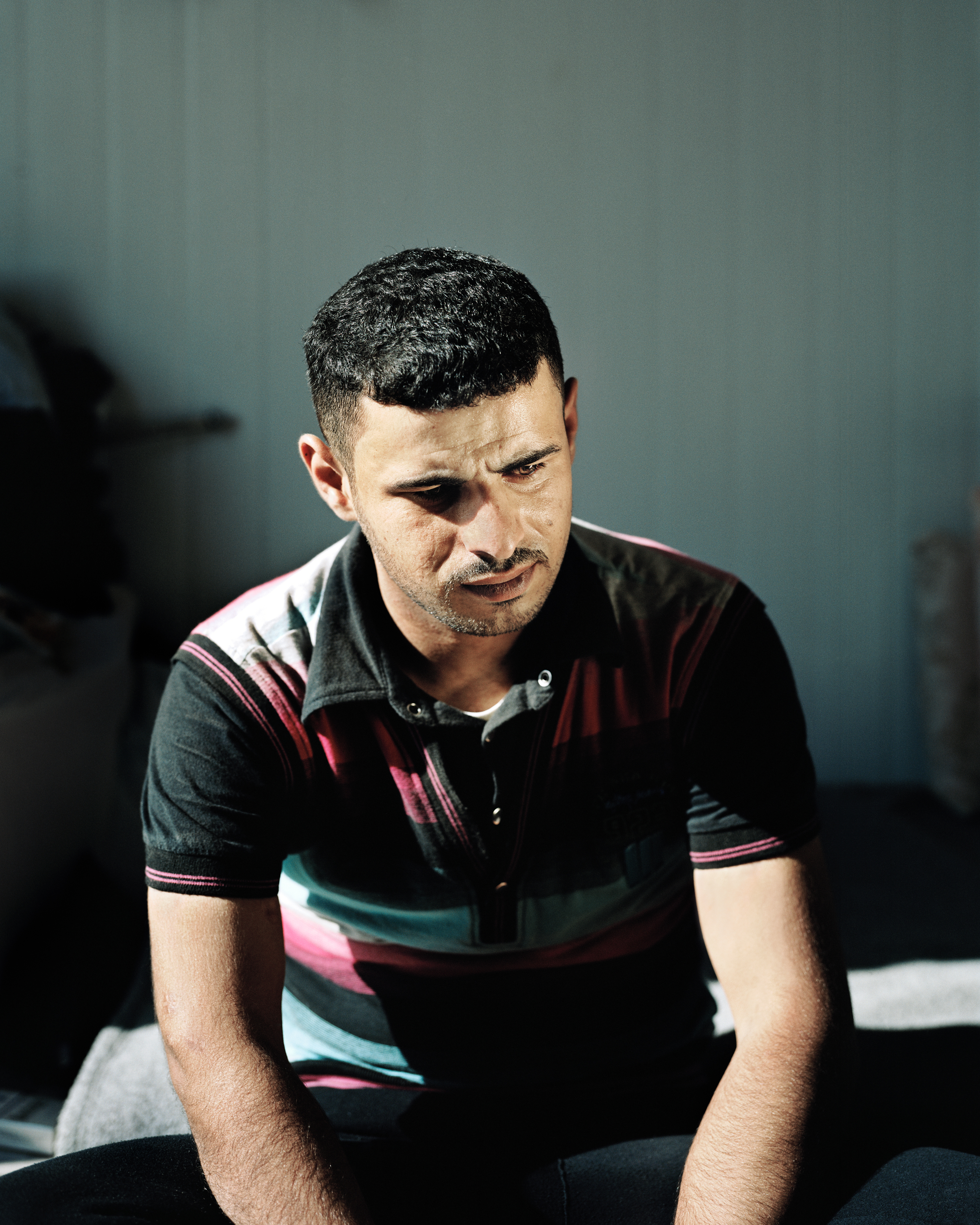
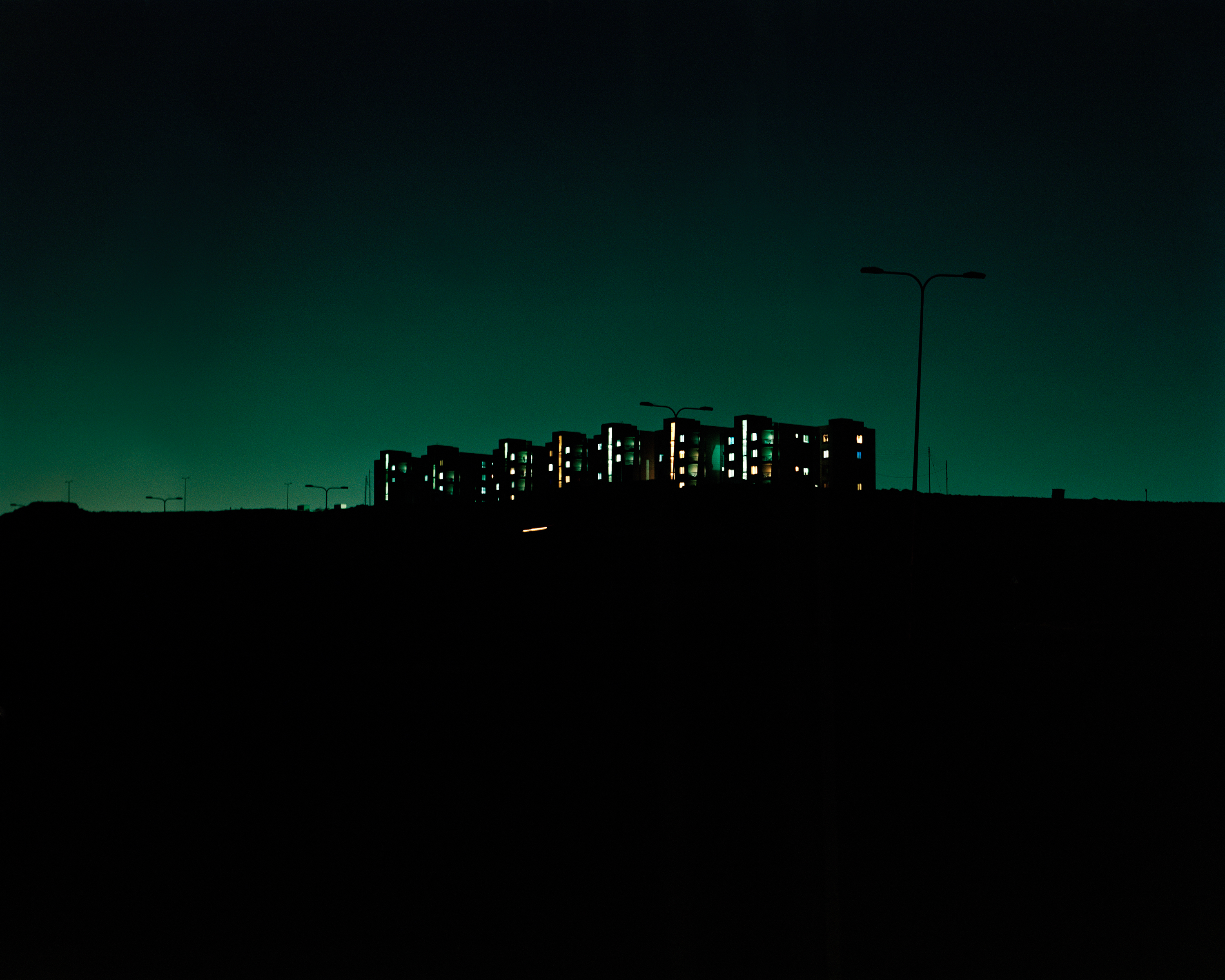
“I defected from the military and joined the FSA because of the killing, the crimes and the destruction. A protest would start and the regime would start firing and arresting people.”
Mohammad Mounir Al-Zamel
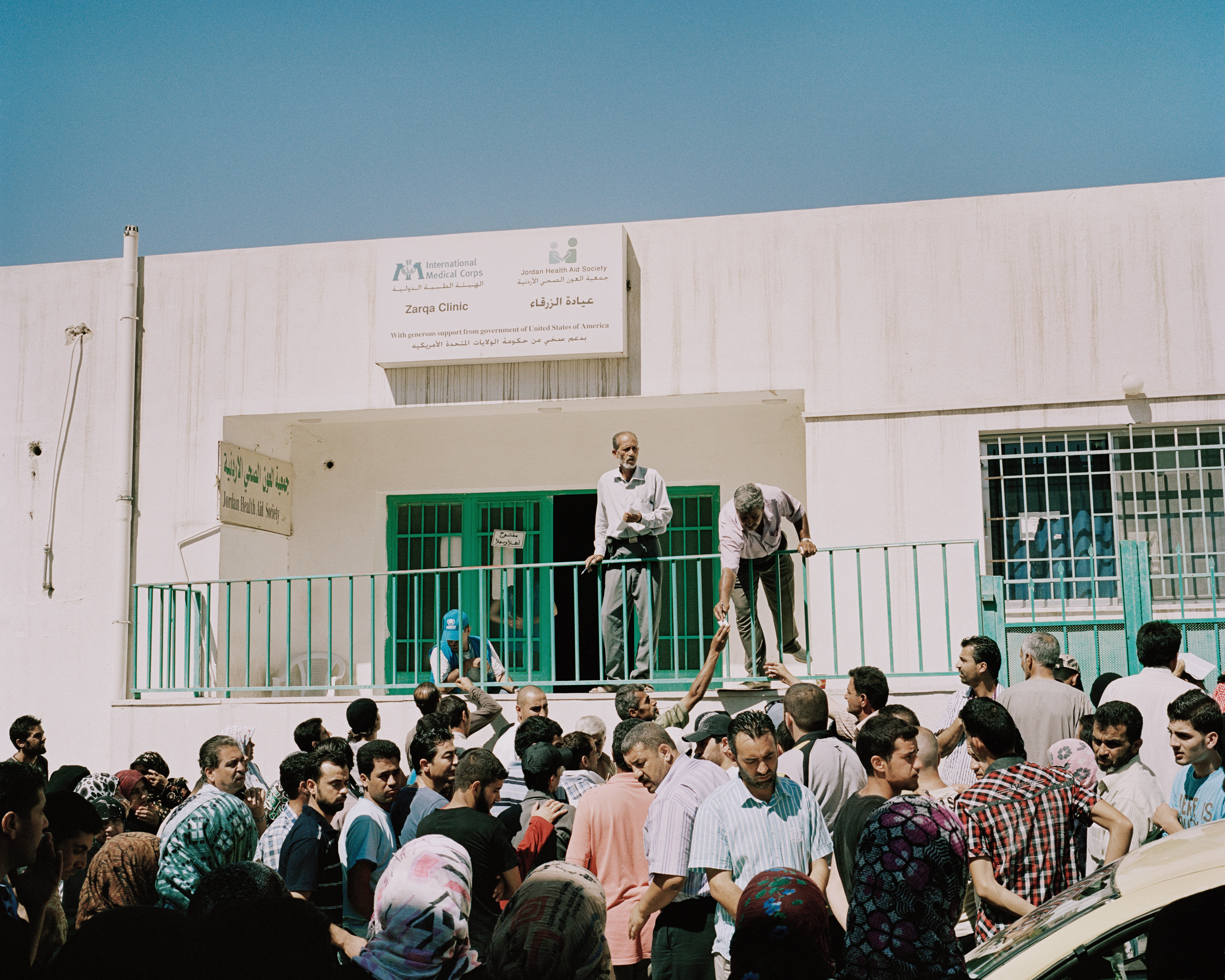
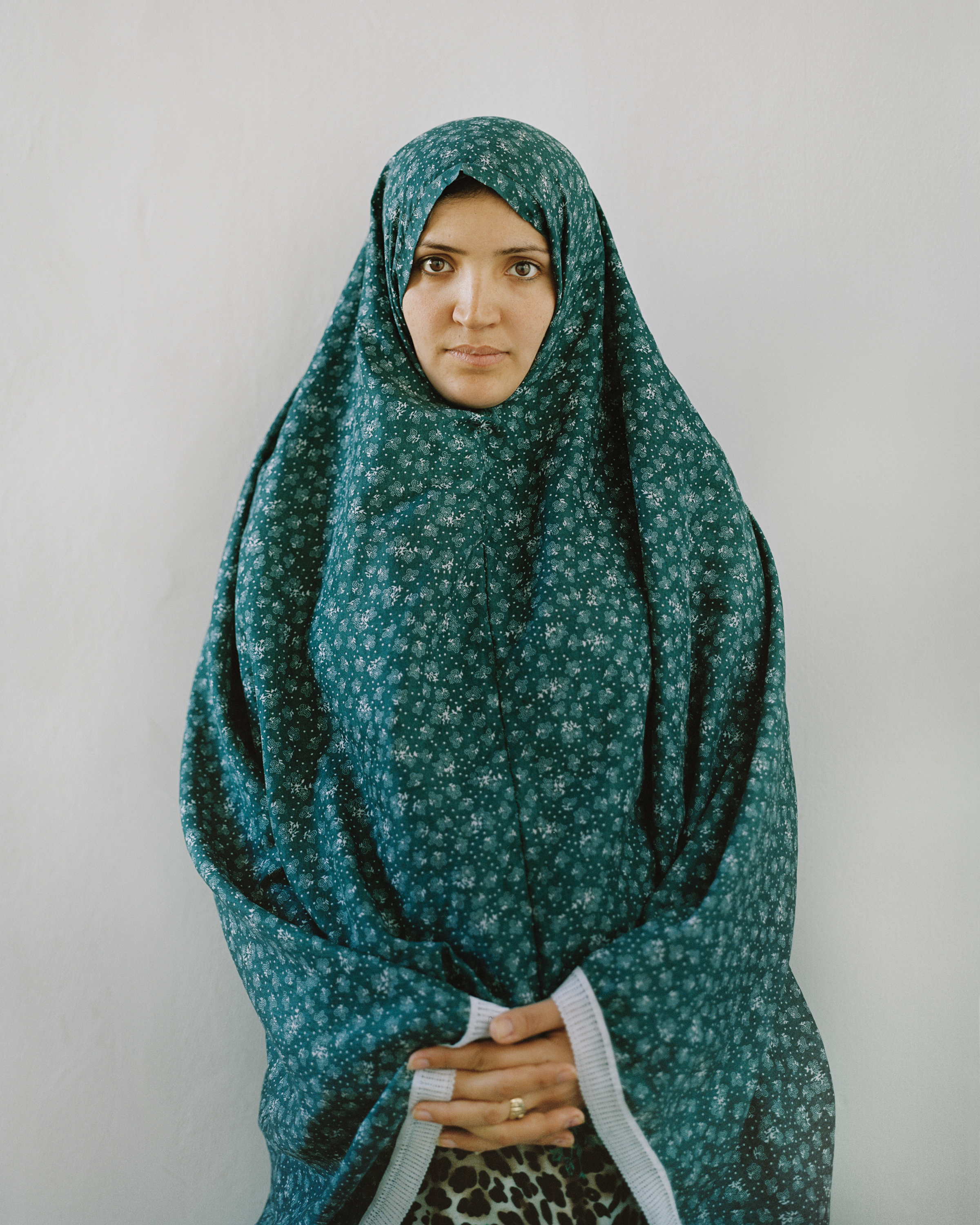
“I will give birth this week and I think that by the time my unborn son is able to return to Syria, he will be aware of the world and at least 4 or 5 years old. I will name him Mohamed after my brother, who was martyred while fighting with the FSA.”
Wurood

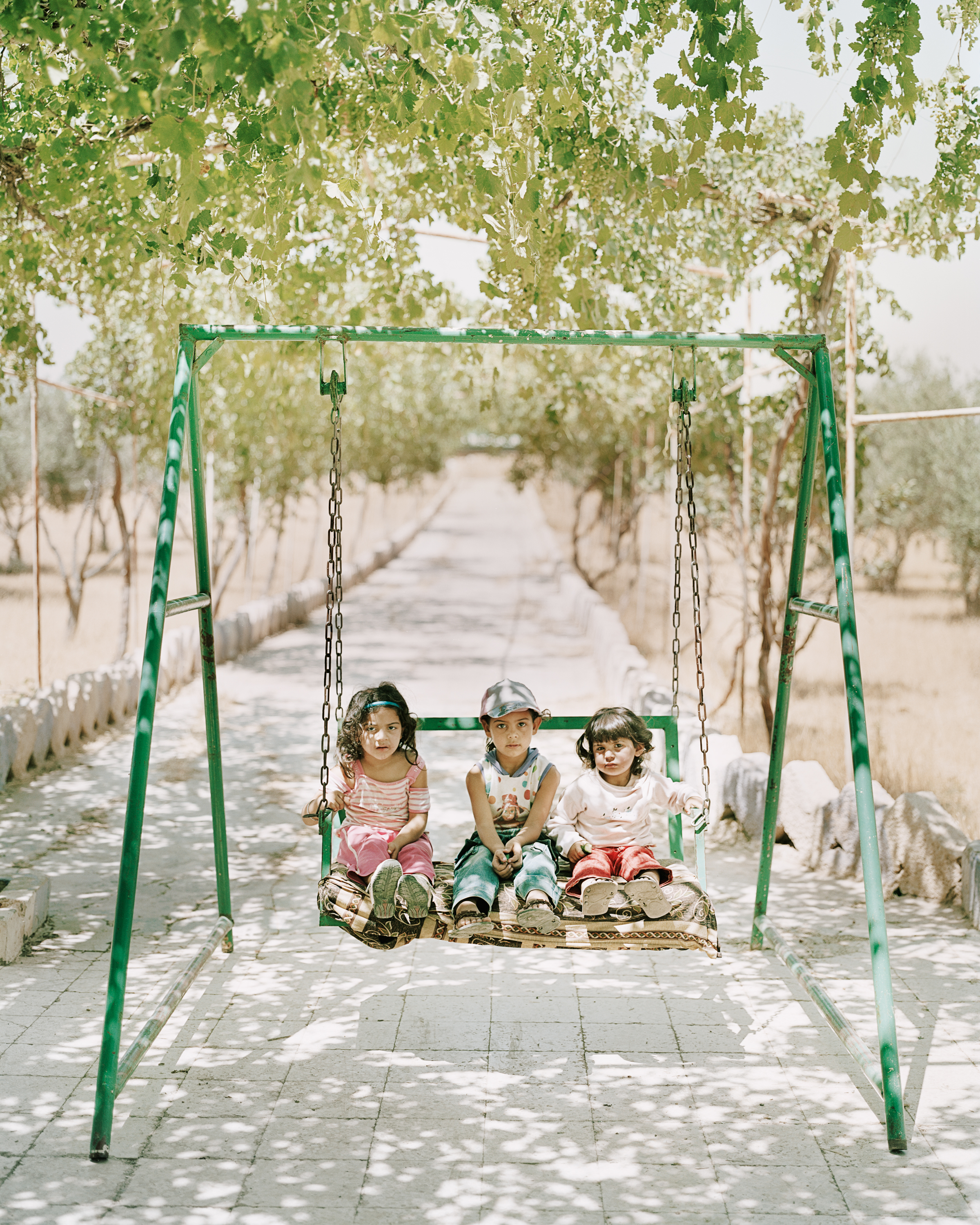
“My daughters are frightened because of all that they have witnessed. They feel scared at night. When they hear an airplane over our house, they tell me “Dad, they are going to hit us with bombs!” When they hear fireworks from a wedding, they ask, ‘Is that the army, are they coming here?’”
Abu Feras
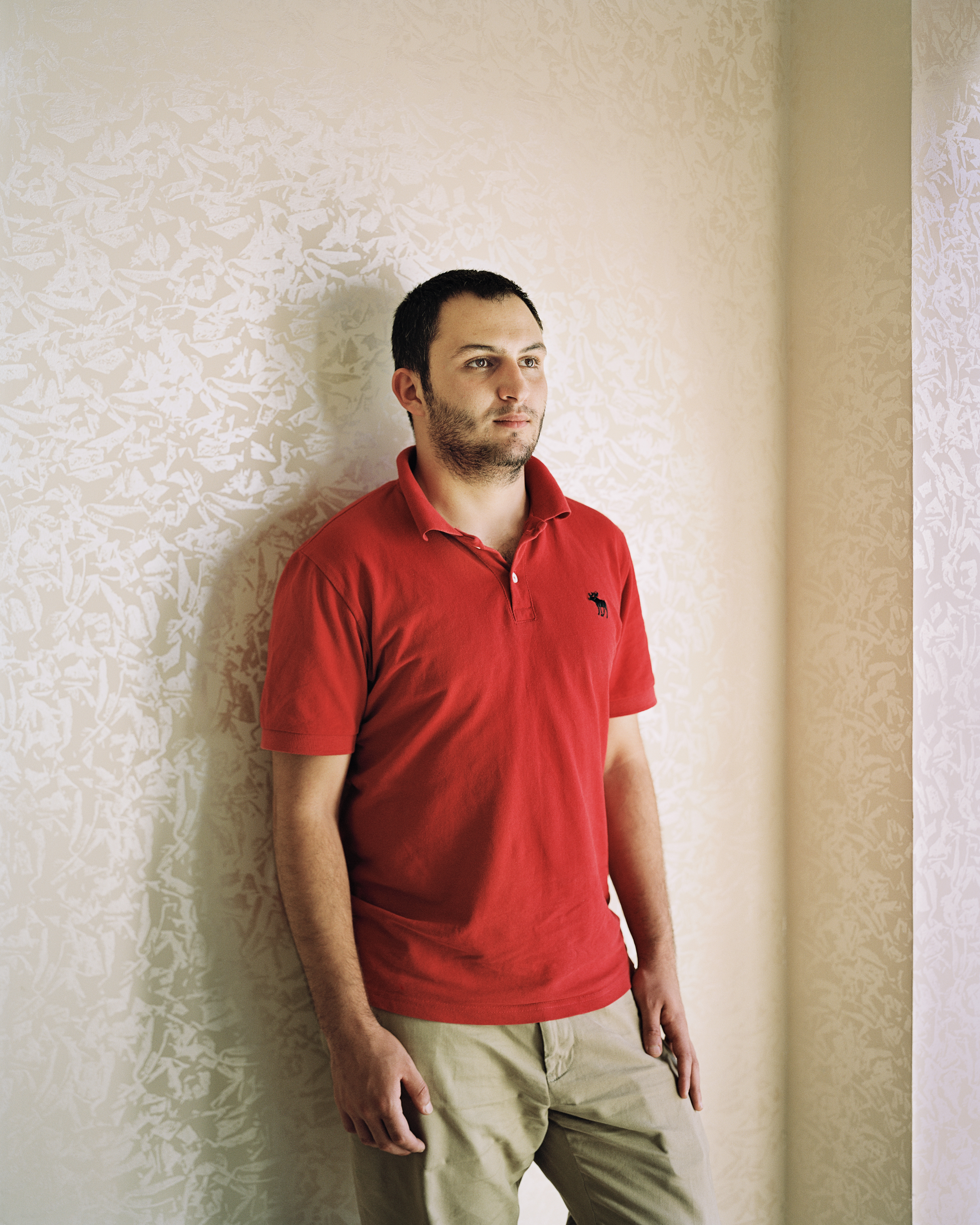

“They took off my shoes and socks and beat my feat with a metal rod until they were both broken. At first I made no noise, but finally I screamed.”
Wajed
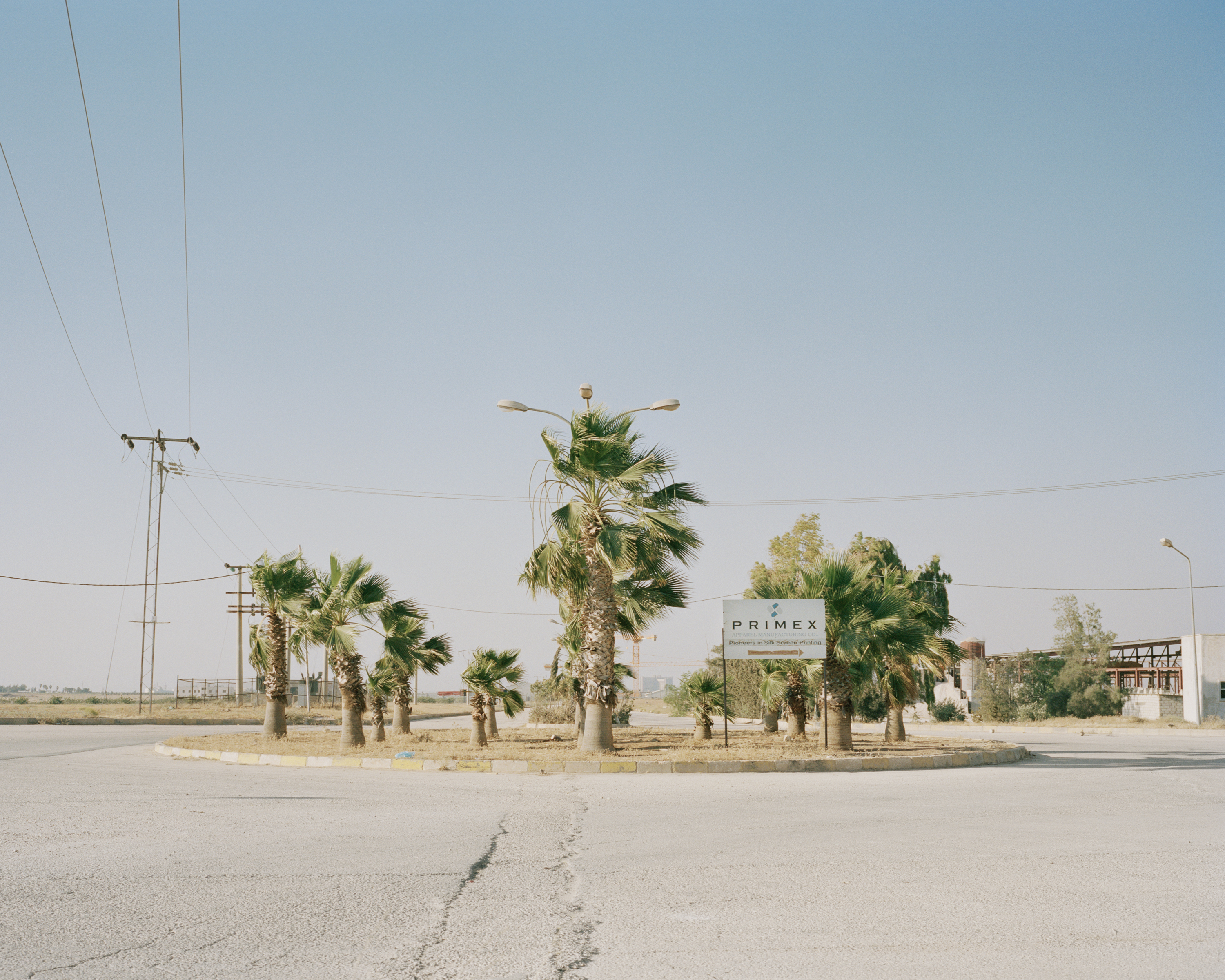

“I am very tired, very, very tired, because I am without documents, as are my son and the son of my son. They say that I am no longer Jordanian because I have Palestinian roots.”
Muhmoud Ali Abo



“I was one of the first people to enter into Za'atari When we first came here, not only was there nothing, there wasn’t even life itself. There weren't flies, there weren't ants. There was no life here, not even ghosts.”
Abu Hussein
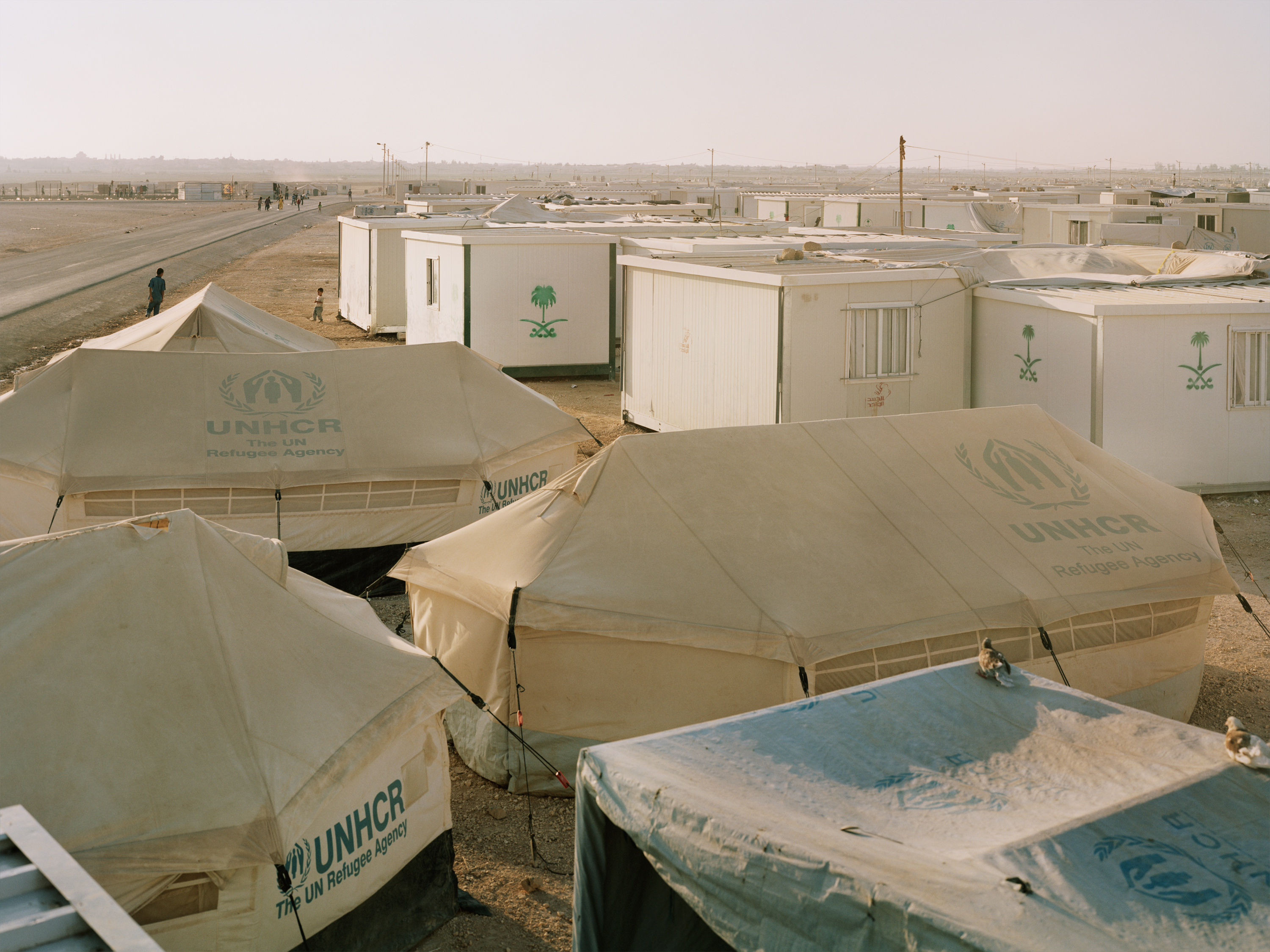

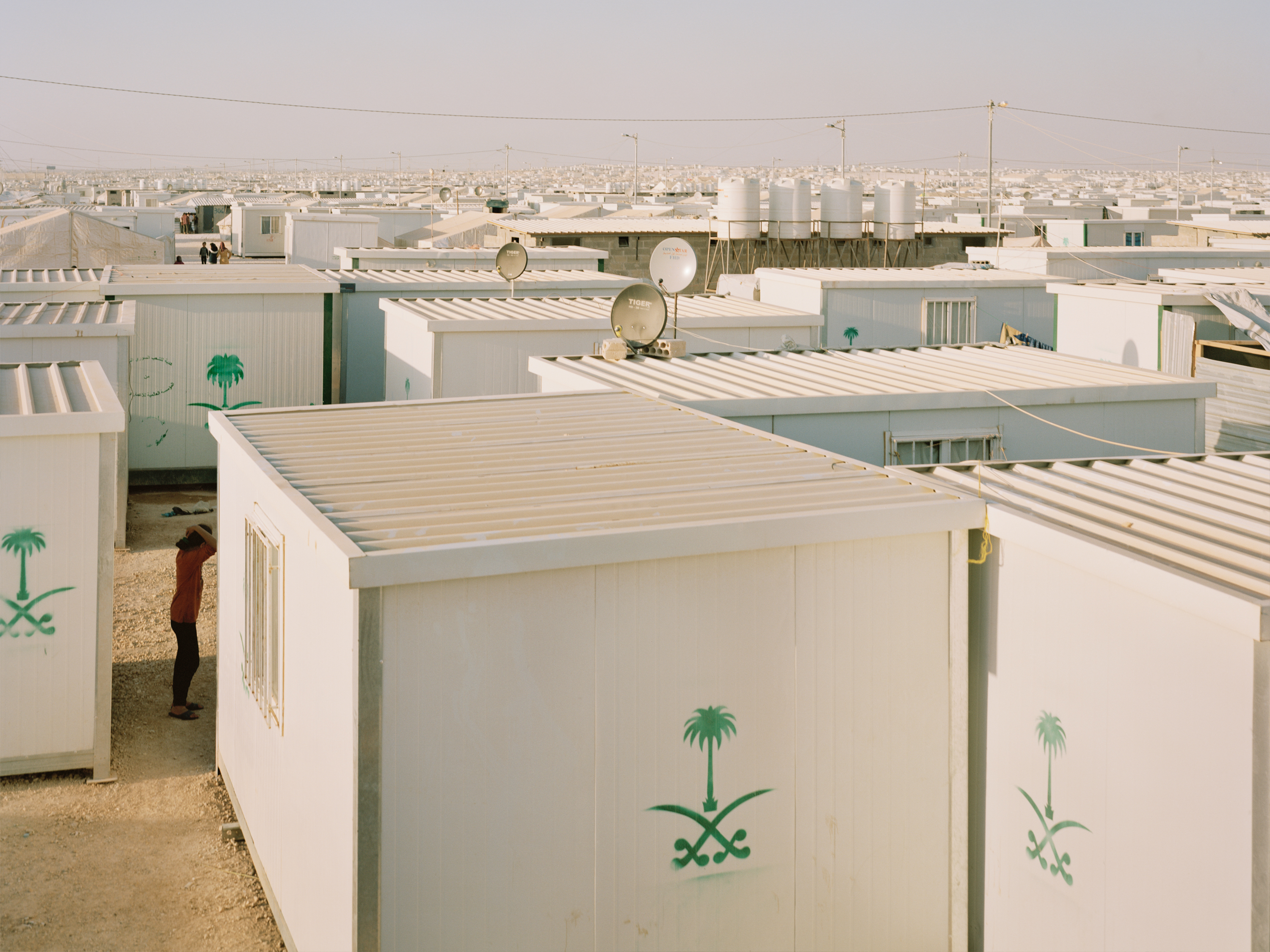

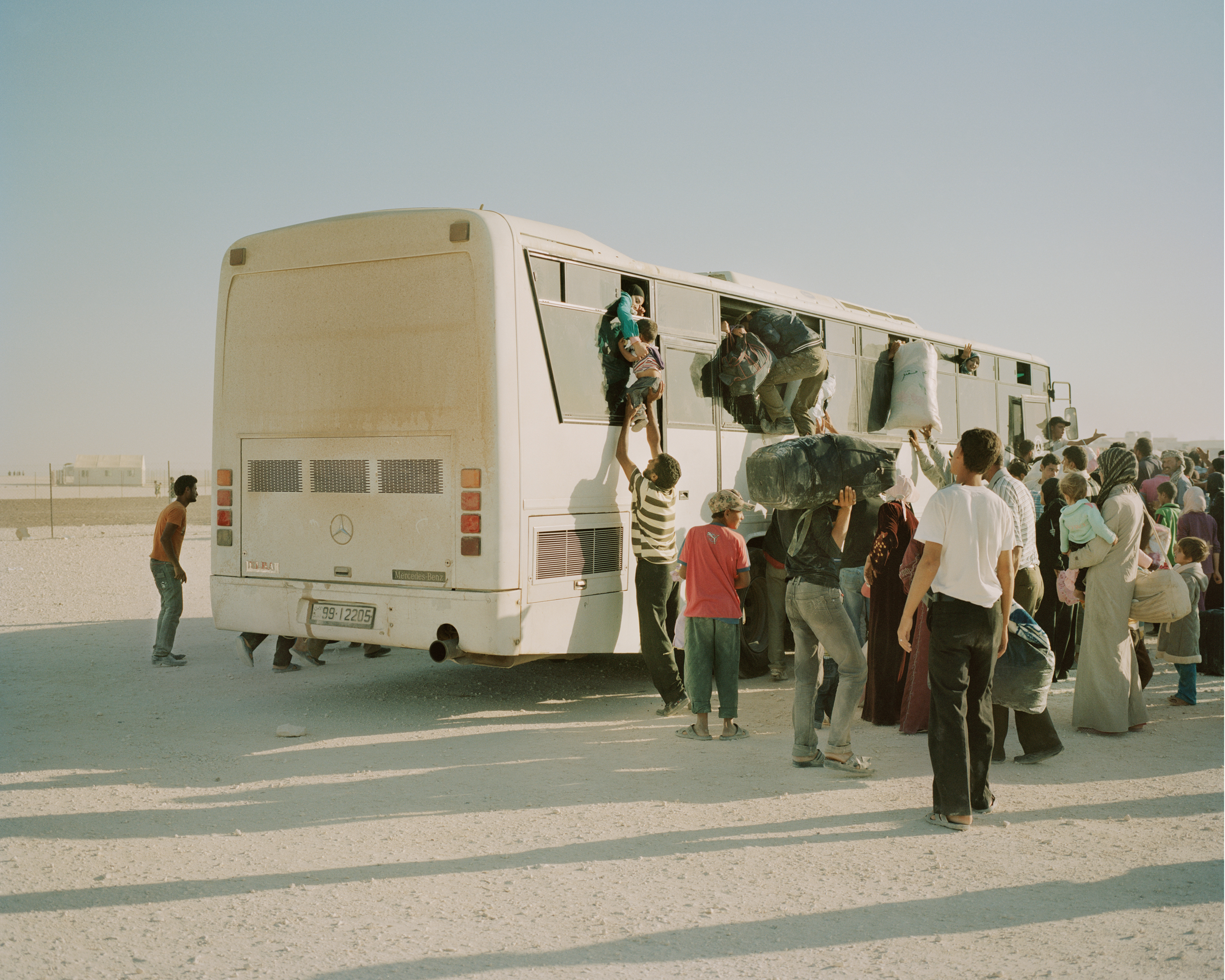


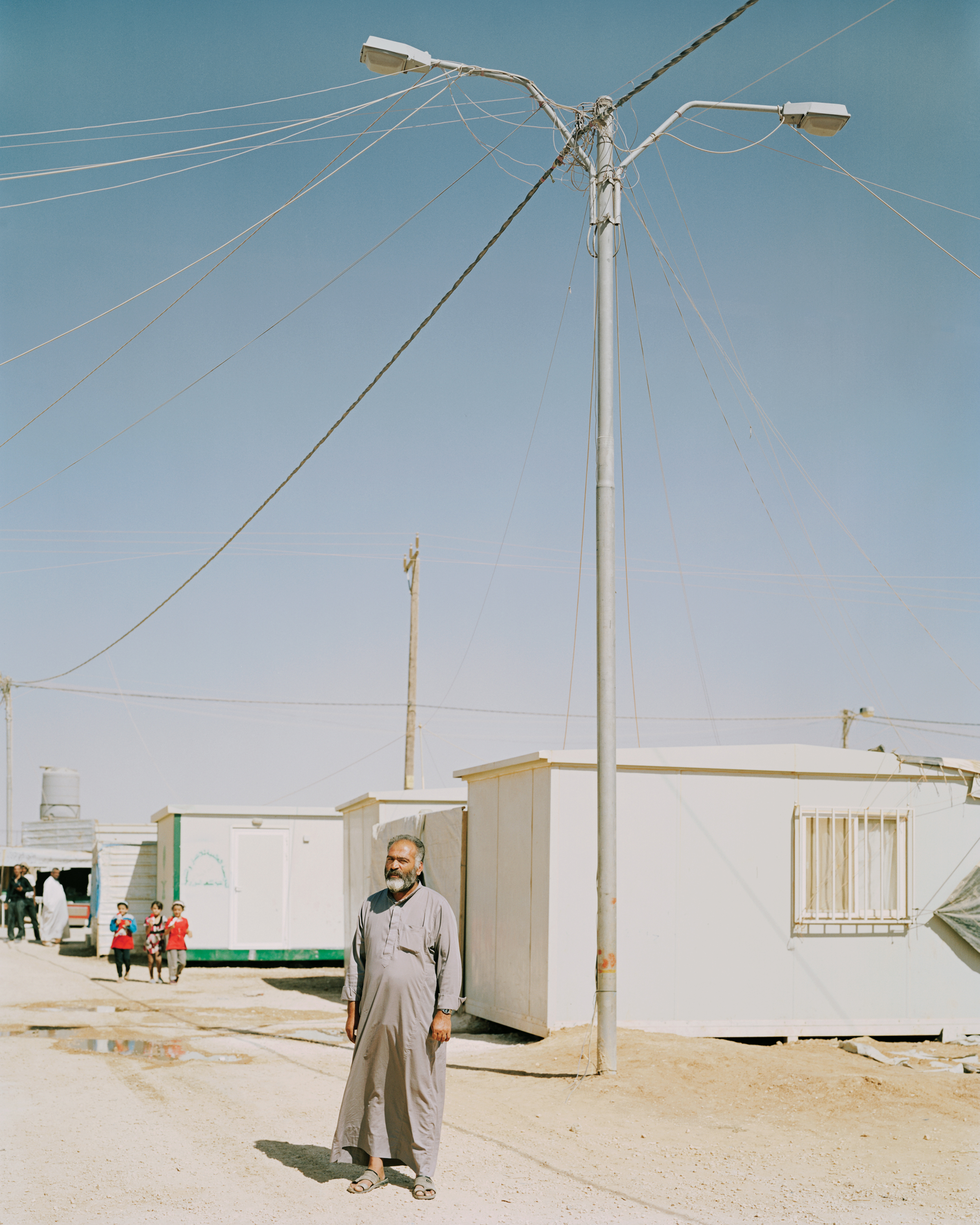

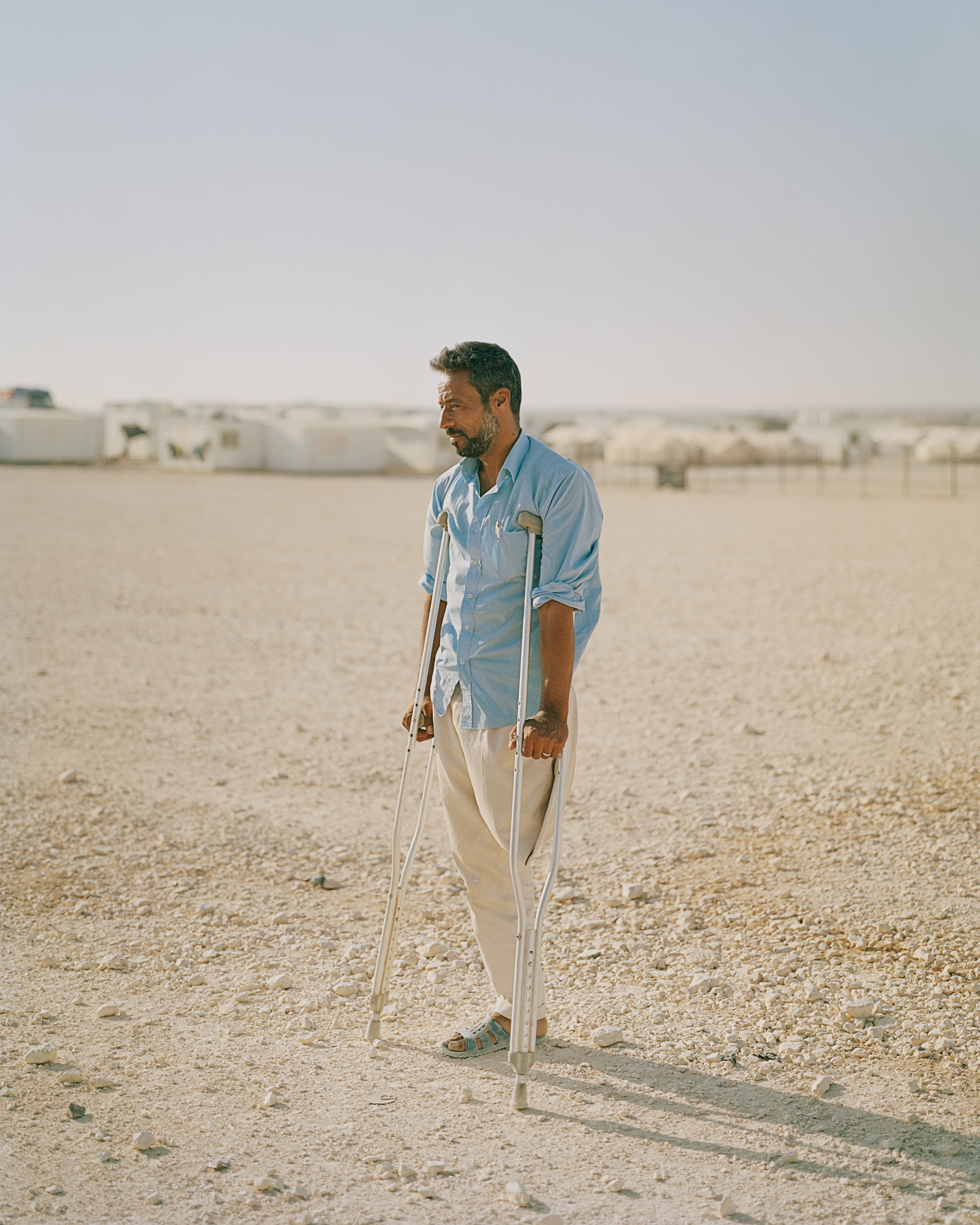
We lived in a tornado. At one point we thought that Assad may be gone in a month or two and now this is the third year and he has yet to go.
Zidan Abdullah Zidan


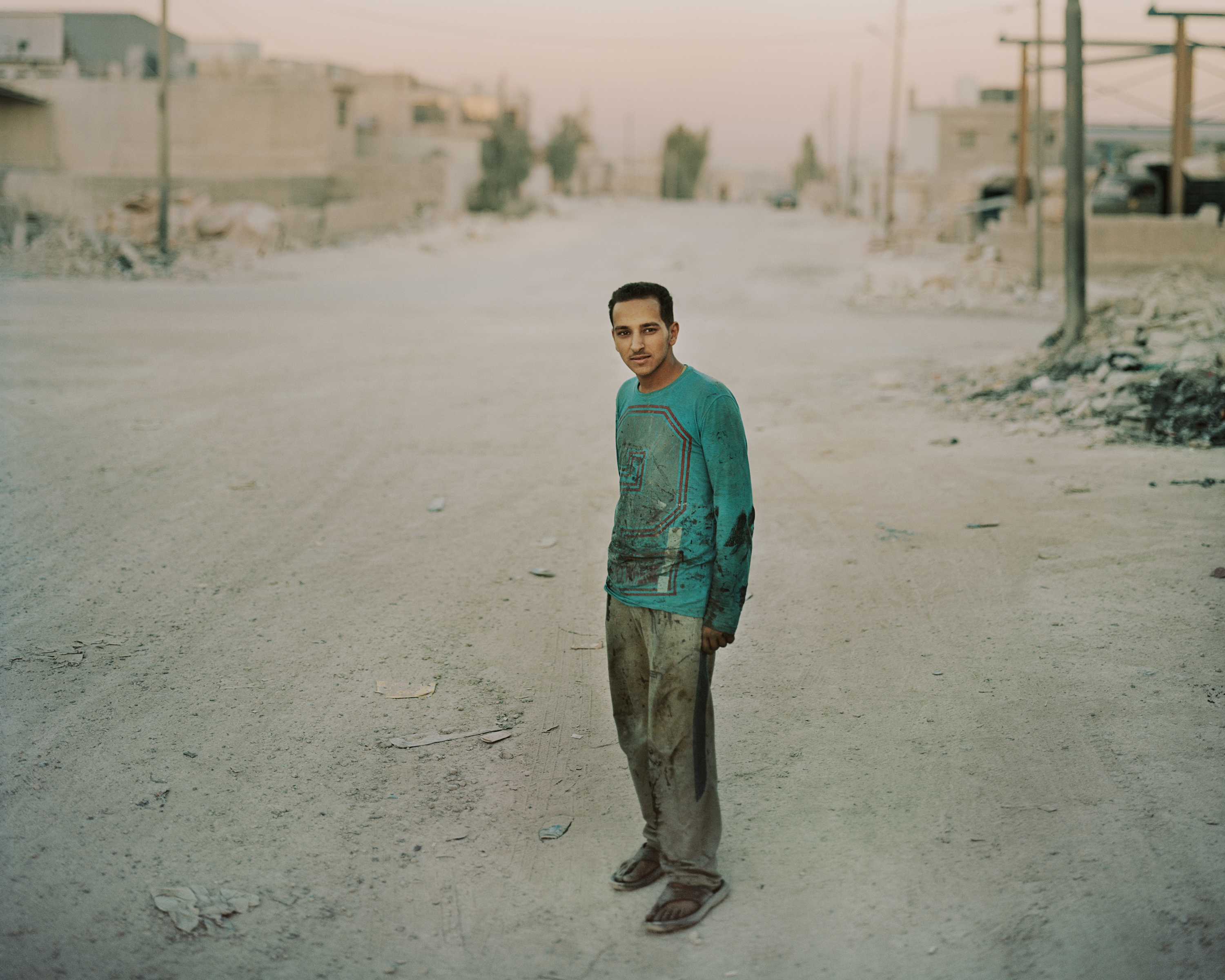

We hope that things will calm down and go home. We don't want to live in Jordan. There's nothing like home.
Eyad


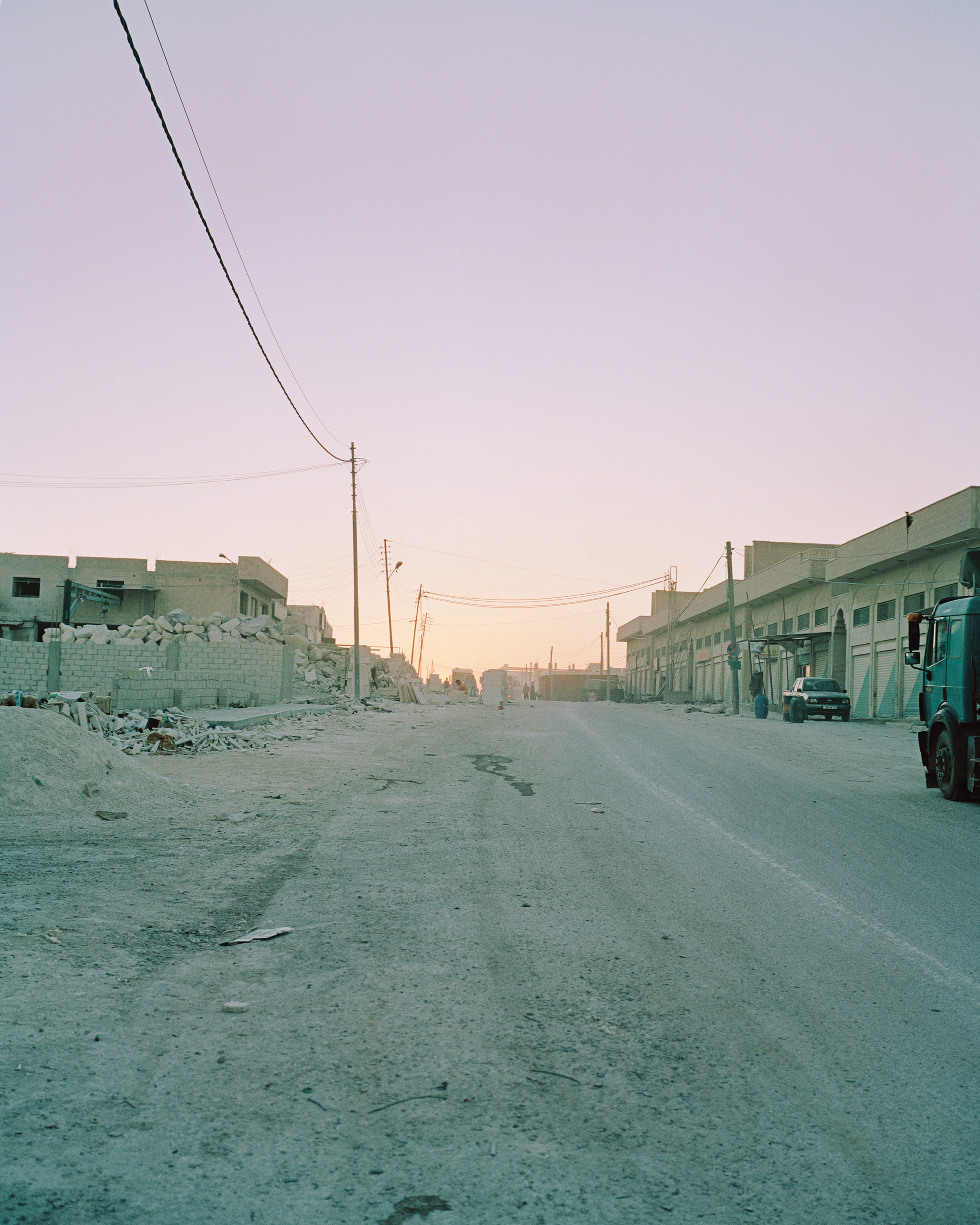




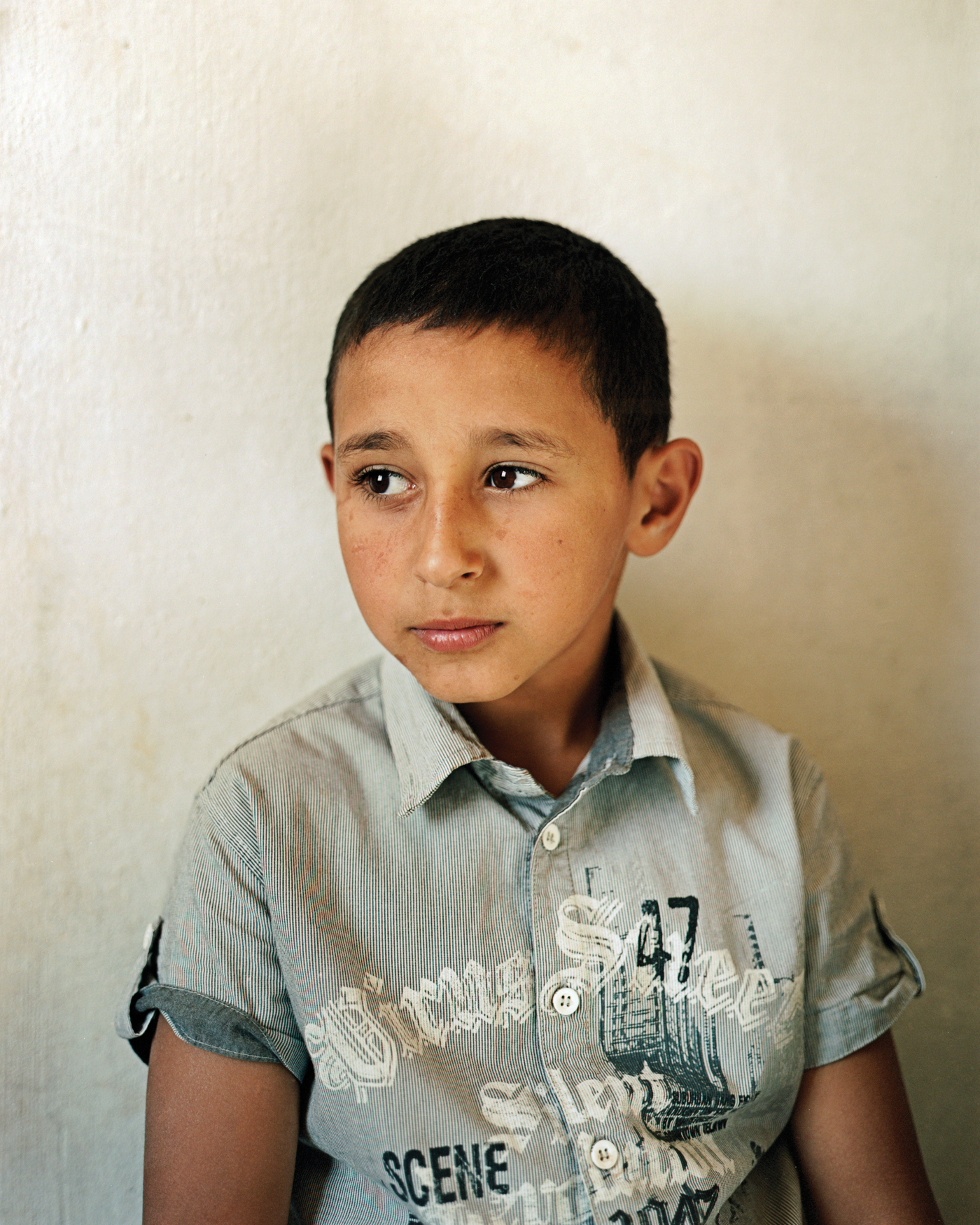





The Syrian civil war, now in its seventh year, began when a group of young people spray painted anti-regime graffiti on the walls of their school. Their arrest, detention and torture let to protests and a violent crackdown by the forces of Syrian President Bashar Assad. The series of actions and reactions has led to the deaths of an estimated 115,000 Syrians and caused two million more to flee the country. More than 500,000 of these refugees have headed south to neighboring Jordan. Most Jordan-bound refugees pass through the Zaatari camp, whose current population of 113,000 makes it the second largest refugee camp in the world. The rest have spread throughout Jordan, settling in for what they believe to be a long separation from their homes and communities as they wait out a war with no end in sight.
By The Olive Trees was produced as a newsprint publication in collaboration with Michael Friberg and distributed widely through exhibitions, artist’s talks and partners.
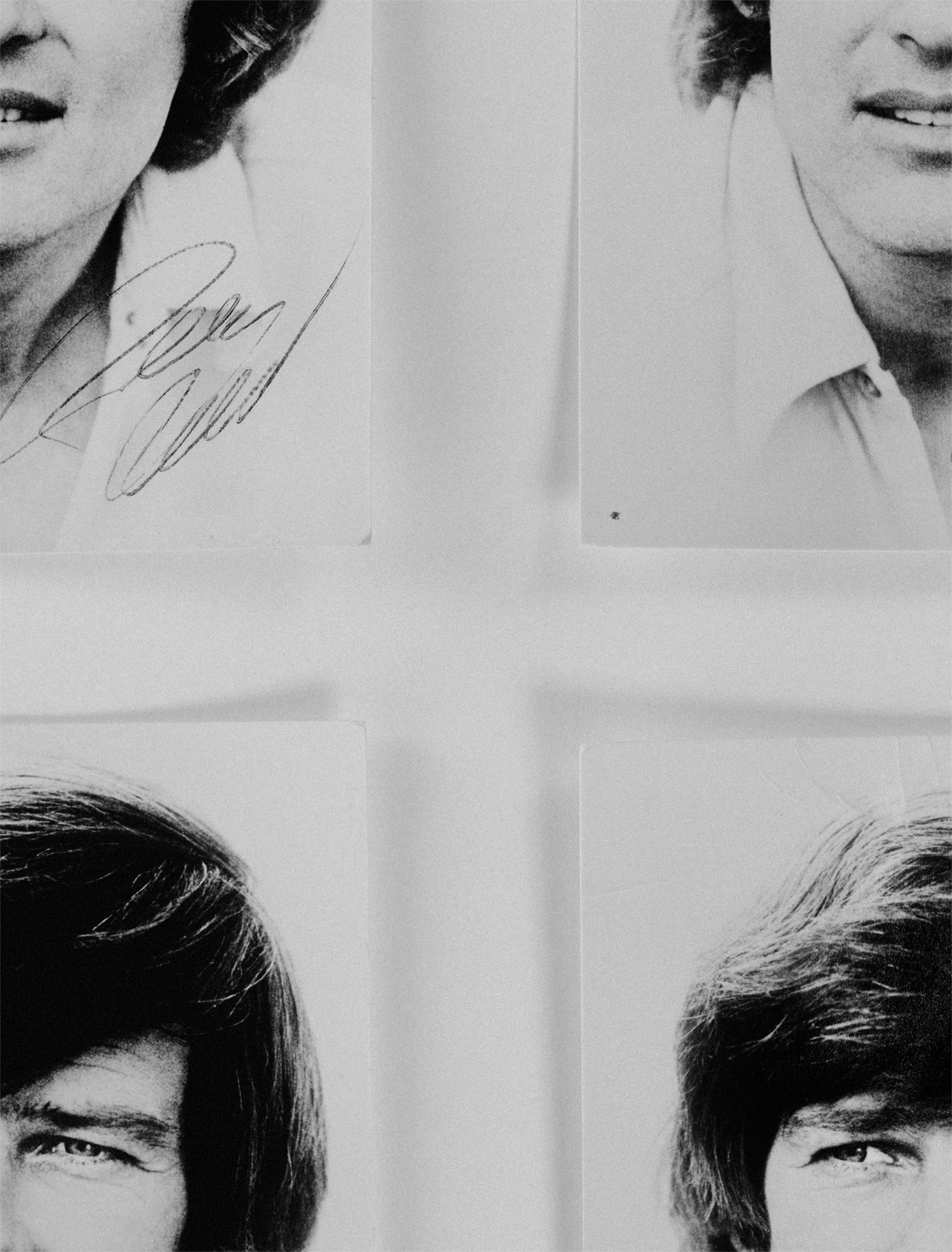
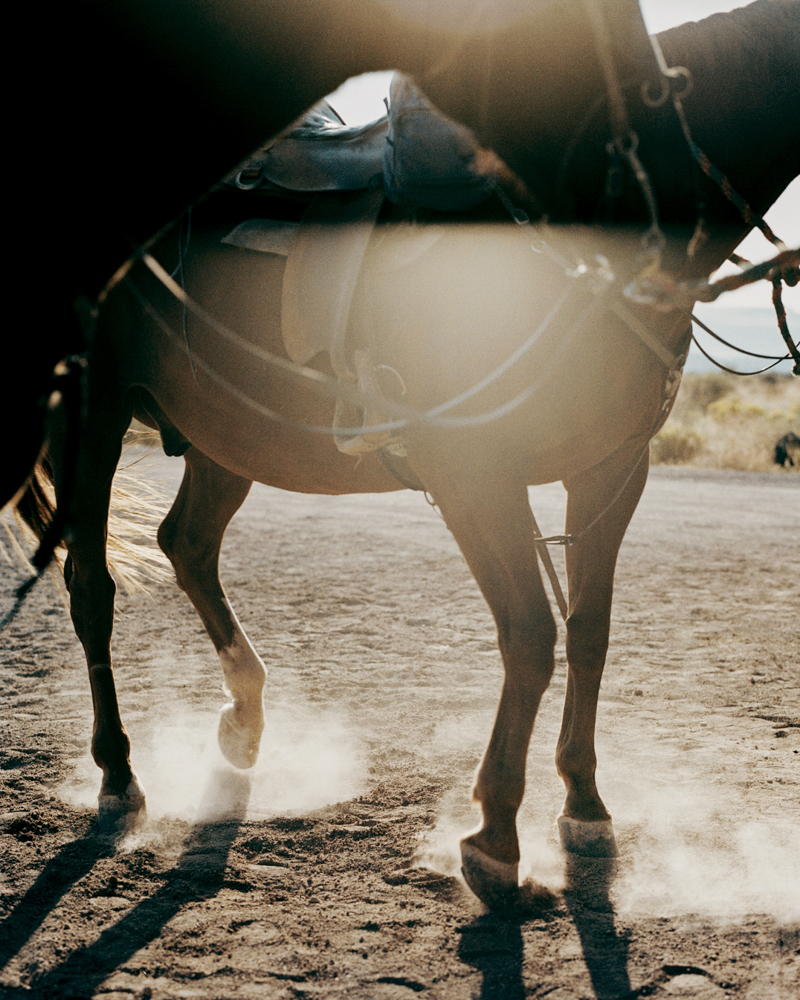
DEAR JERRY: In the early 1960s, most of my girl friends were crazy about Ricky, Frankie, and Fabian. But the teen idol I adored most was Dean Reed. He resembled a young Robert Redford.
Dean didn’t have nearly as many hits in America as the others, but he did appear on several Bandstand-type TV shows.
Then he just vanished, and I’ve never heard a thing about him since.
Plus, we never hear any of his songs on the radio, especially “The Search,” “Our Summer Romance,” and “I Wonder.”
Any idea what happened to Dean Reed?
Clarice Hoover,
Racine, Wisconsine
“Ask Mr. Music” - Jerry Osborne, 04/11/2011
Dean didn’t have nearly as many hits in America as the others, but he did appear on several Bandstand-type TV shows.
Then he just vanished, and I’ve never heard a thing about him since.
Plus, we never hear any of his songs on the radio, especially “The Search,” “Our Summer Romance,” and “I Wonder.”
Any idea what happened to Dean Reed?
Clarice Hoover,
Racine, Wisconsine
“Ask Mr. Music” - Jerry Osborne, 04/11/2011
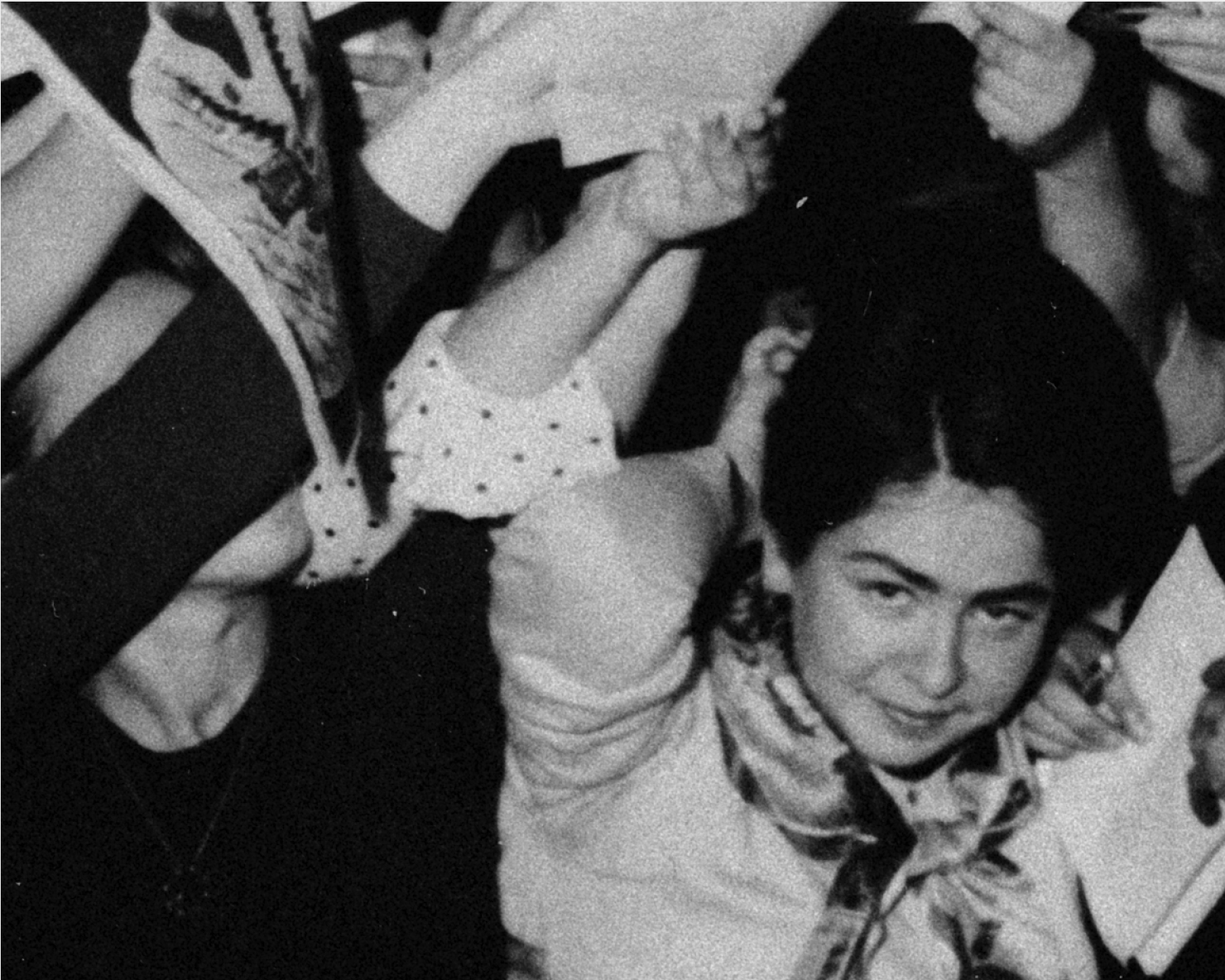
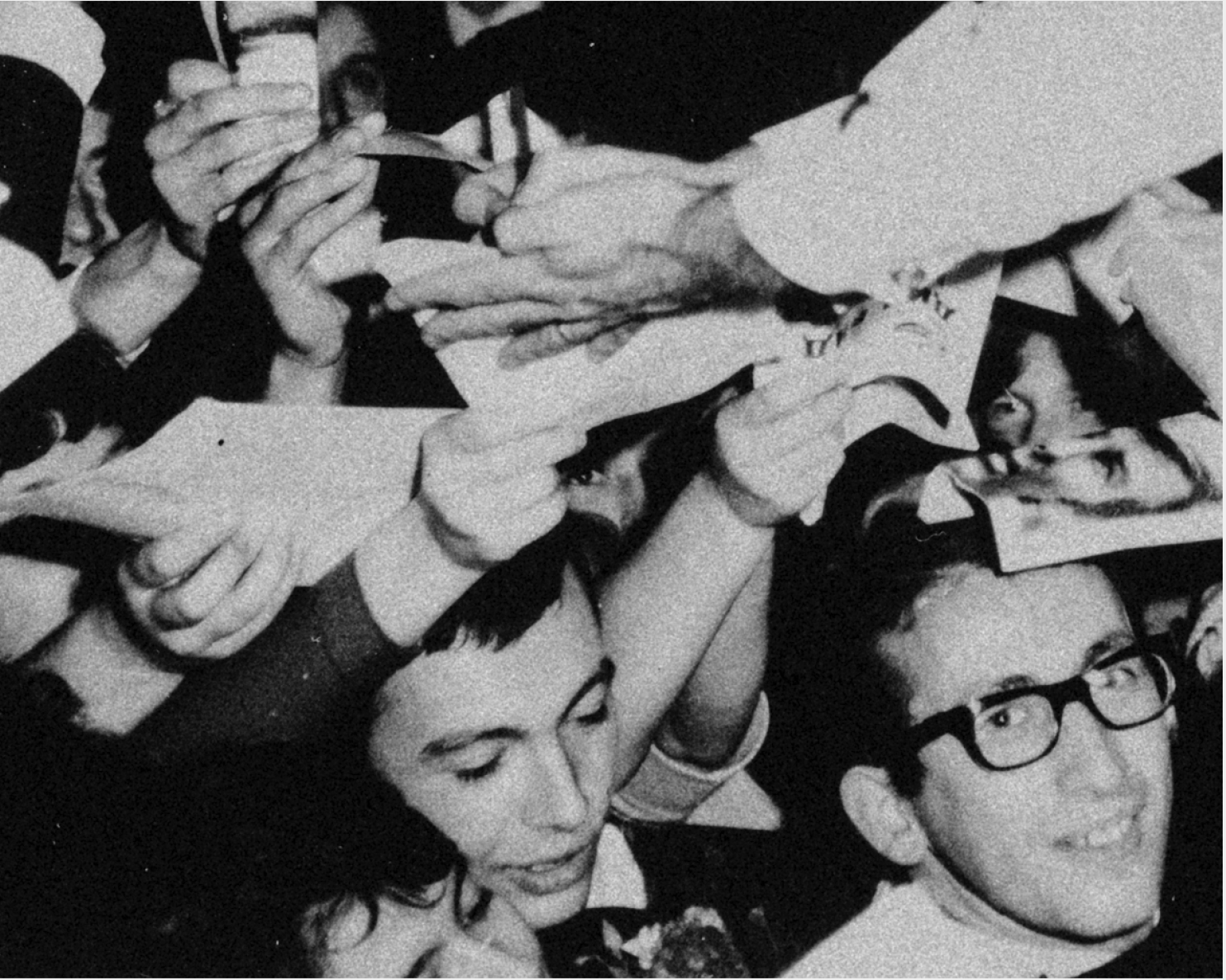


You can keep the Beatles and forget Frank Sinatra, The Led Zeppelin are nowhere in the Kremlin, man. In the Communist Party,
The Who are merely, the who? Mick Jagger, the Pink Floyd and Elvis Presley are forbidden practitioners of bourgeois culture.
But Dean Reed, the famous American pop star and heartthrob of the Soviet masses, is something else again.
Dean who?
American folk singer Dean Reed is a freedom fighter in the eyes of Soviet youth, a guitar-strumming balladeer whose songs are silenced by U.S. political repression.
Dean who?
The pop star who is the leading heartthrop of Moscow matrons, the crooner whose smile captivates Russian teenage girls, is American expatriate Dean Reed.
The average American’s reaction to this Russian entertainment phenomenon is Dean who?
“Oh my god,” shrieked Roberts’ interpreter. “It’s Dean Reed!”
“Who is Dean Reed?” asked Roberts.
The Russian interpreter was incredulous. “I can’t believe you don’t know. Why, he’s the most famous American in the world!”
But Dean Reed, the famous American pop star and heartthrob of the Soviet masses, is something else again.
Dean who?
“He’s 2nd Most Famous American In Soviet After President Ford.” - UPI, 07/01/1976
American folk singer Dean Reed is a freedom fighter in the eyes of Soviet youth, a guitar-strumming balladeer whose songs are silenced by U.S. political repression.
Dean who?
“Protest singer hero to Soviets.” - AP, 05/11/1978
The pop star who is the leading heartthrop of Moscow matrons, the crooner whose smile captivates Russian teenage girls, is American expatriate Dean Reed.
The average American’s reaction to this Russian entertainment phenomenon is Dean who?
“Obscure American Singer Finds Stardom In Eastern Europe.” - UPI, 05/31/1981
“Oh my god,” shrieked Roberts’ interpreter. “It’s Dean Reed!”
“Who is Dean Reed?” asked Roberts.
The Russian interpreter was incredulous. “I can’t believe you don’t know. Why, he’s the most famous American in the world!”
“Death in Berlin for defector who changed his tune.” - The Sunday Times, 22 June 1986

For 20 years, Reed’s Russian minders would wind him up so that his hips could swivel while he mouthed the slogans of the Party.
“An American who gyrated to a Communist beat.” - International Herald Tribune, July 7, 2006

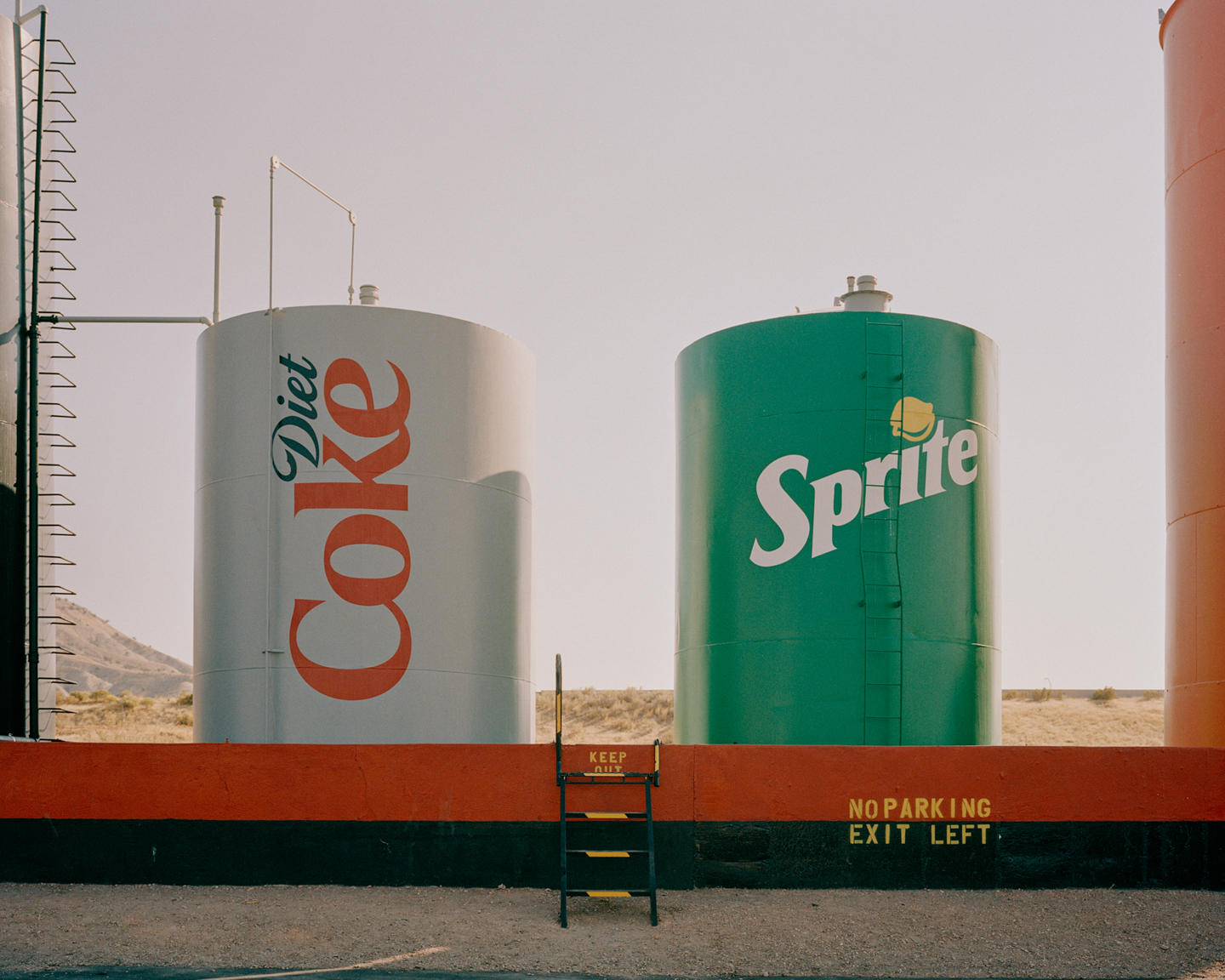
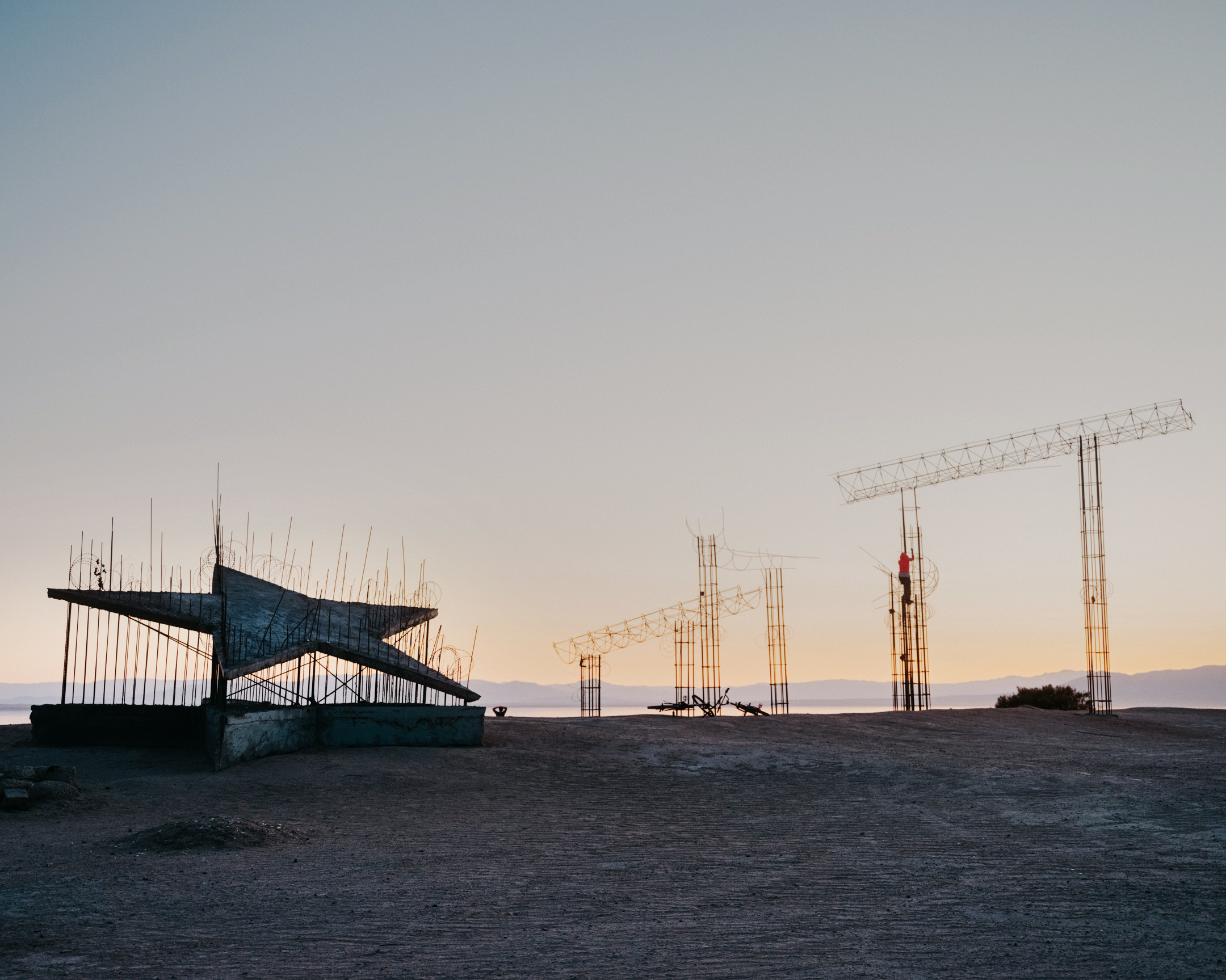
It sounded like this: “We are rev-ah-loo-sha-nare-eez; we will fight for jus-tiss.”
His hips jerked ever so little, and the teen-age girls with their heavy eye makeup loved it. They couldn’t understand the words, but they clapped in rhythm.
“U.S. Singer Has Socialist Lyrics.” - AP, 02/24/1972


Currently Reed is working on a Soviet-German cooperative film venture, Bloody Heart , which is about the 1973 Wounded Knee incident in South Dakota.
The Wounded Knee incident was a natural for a movie.
On February 27,1973, members of the American Indian Movement, led by Dennis Banks and Russell Means, rode into the tiny town and occupied it. The AIM leaders said they were taking over the town, scene of an 1890 Indian massacre by U.S. soldiers,to protest the continuing injustices against Oglala Sioux by the federal government.
“I want to play an ordinary American young man. At first he is completely politically indifferent, interested only in his work as a press photographer. However, soon he and his girlfriend are placed at the epicenter of stirring and exciting events.”
At first, FBI agents and other law enforcement officers were content to surround the group, which lived in a few buildings, including a church. But on April 27, FBI agents and AIM members exchanged gunfire. When the shooting stopped, two Indian men were dead and two federal agents were injured.
There’s much interest, (Reed) says, in the role and treatment of the American Indian. “Nobody here wants to play cowboy,” he says. “They all want to be Indians.”
It never came to that: the “colorful bird” from Colorado, who suffered from depression in eastern Germany, committed suicide shortly before filming began.
“To Russia with Love.” - Denver Magazine, 06/1985
The Wounded Knee incident was a natural for a movie.
On February 27,1973, members of the American Indian Movement, led by Dennis Banks and Russell Means, rode into the tiny town and occupied it. The AIM leaders said they were taking over the town, scene of an 1890 Indian massacre by U.S. soldiers,to protest the continuing injustices against Oglala Sioux by the federal government.
Rock’n’roll Radical - Chuck Laszewski, 2005
“I want to play an ordinary American young man. At first he is completely politically indifferent, interested only in his work as a press photographer. However, soon he and his girlfriend are placed at the epicenter of stirring and exciting events.”
“Everlastingly young.” - Sovietskii Ekran, 08/1986
At first, FBI agents and other law enforcement officers were content to surround the group, which lived in a few buildings, including a church. But on April 27, FBI agents and AIM members exchanged gunfire. When the shooting stopped, two Indian men were dead and two federal agents were injured.
Rock’n’roll Radical - Chuck Laszewski, 2005
There’s much interest, (Reed) says, in the role and treatment of the American Indian. “Nobody here wants to play cowboy,” he says. “They all want to be Indians.”
“To Russia with Love.” - Denver Magazine, 06/1985
It never came to that: the “colorful bird” from Colorado, who suffered from depression in eastern Germany, committed suicide shortly before filming began.
“Red brother Winnetou.” - Neues Deutschland, 07/28/2003

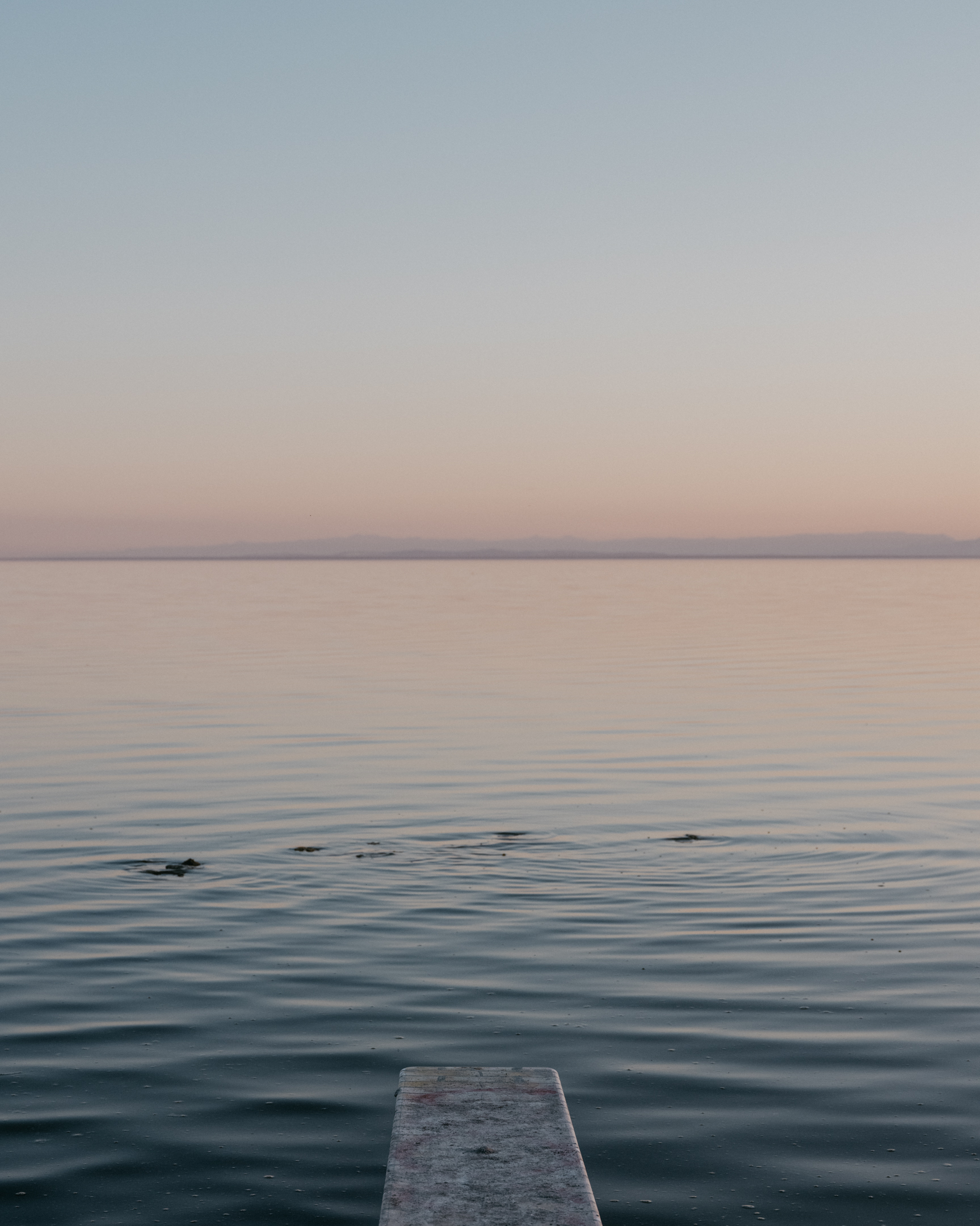
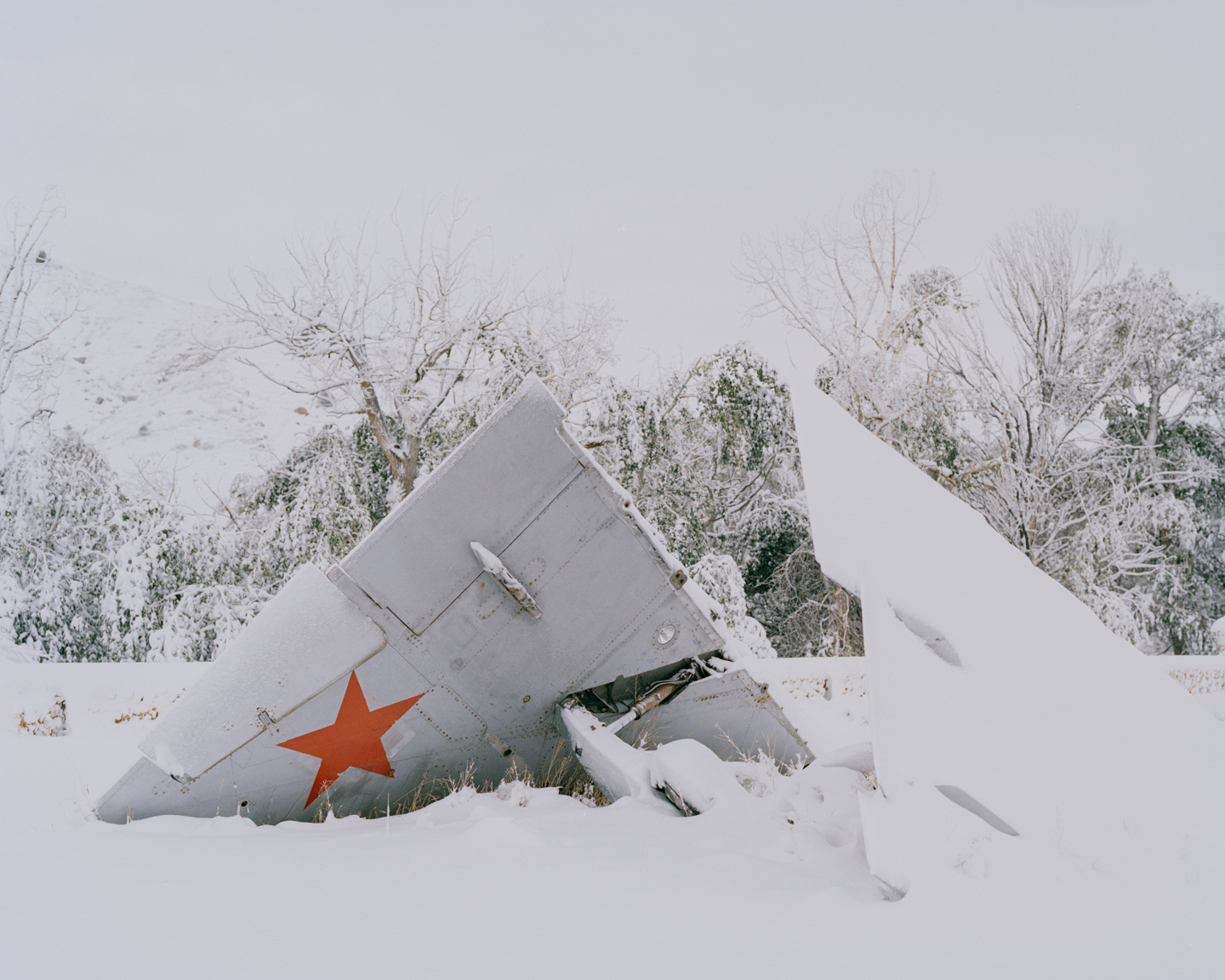
“I have over 2,000 scenarios,” Dean Reed’s mother would tell me. “And it’s about up to 3,000 now, I think. Each scenario brings up a new way I think he was killed.”
Comrade Rockstar – Reggie Nadelson, 1991


Dean Reed was the most famous American in the Communist
World. An actor, director and pop icon, he was ridiculed in the West and idolized
in the East. Cold War Cowboy uses archival and contemporary images, along with news
accounts, letters and interviews, to tell the story of a naïve ideologue who
was used by both sides of a global conflict.
“One afternoon he walks past a man selling cobras on the sidewalk. The snakes look as if they’re dead, exhausted by the demands of a hectic life and wishing to return to that other, safer jungle.
On the opposite side of the street, children gather around a blind man who sells colourful balloons.
Around the lake the homeless sleep on stone benches. Autumn leaves fall and make a soft carpet on the grass. The city is crowded, but sad. One day he set out to go to an office to work, but when he got to the street he turned round and went back, going upstairs and closing the door behind him.
Picture postcards from his writing life.”
From The Sorrow of War by Bảo Ninh.
The Bind Man's Colorful Balloons is an exploration of Northern Vietnam using Bảo Ninh’s beautiful and influential novel as the guiding text.
On the opposite side of the street, children gather around a blind man who sells colourful balloons.
Around the lake the homeless sleep on stone benches. Autumn leaves fall and make a soft carpet on the grass. The city is crowded, but sad. One day he set out to go to an office to work, but when he got to the street he turned round and went back, going upstairs and closing the door behind him.
Picture postcards from his writing life.”
From The Sorrow of War by Bảo Ninh.
The Bind Man's Colorful Balloons is an exploration of Northern Vietnam using Bảo Ninh’s beautiful and influential novel as the guiding text.
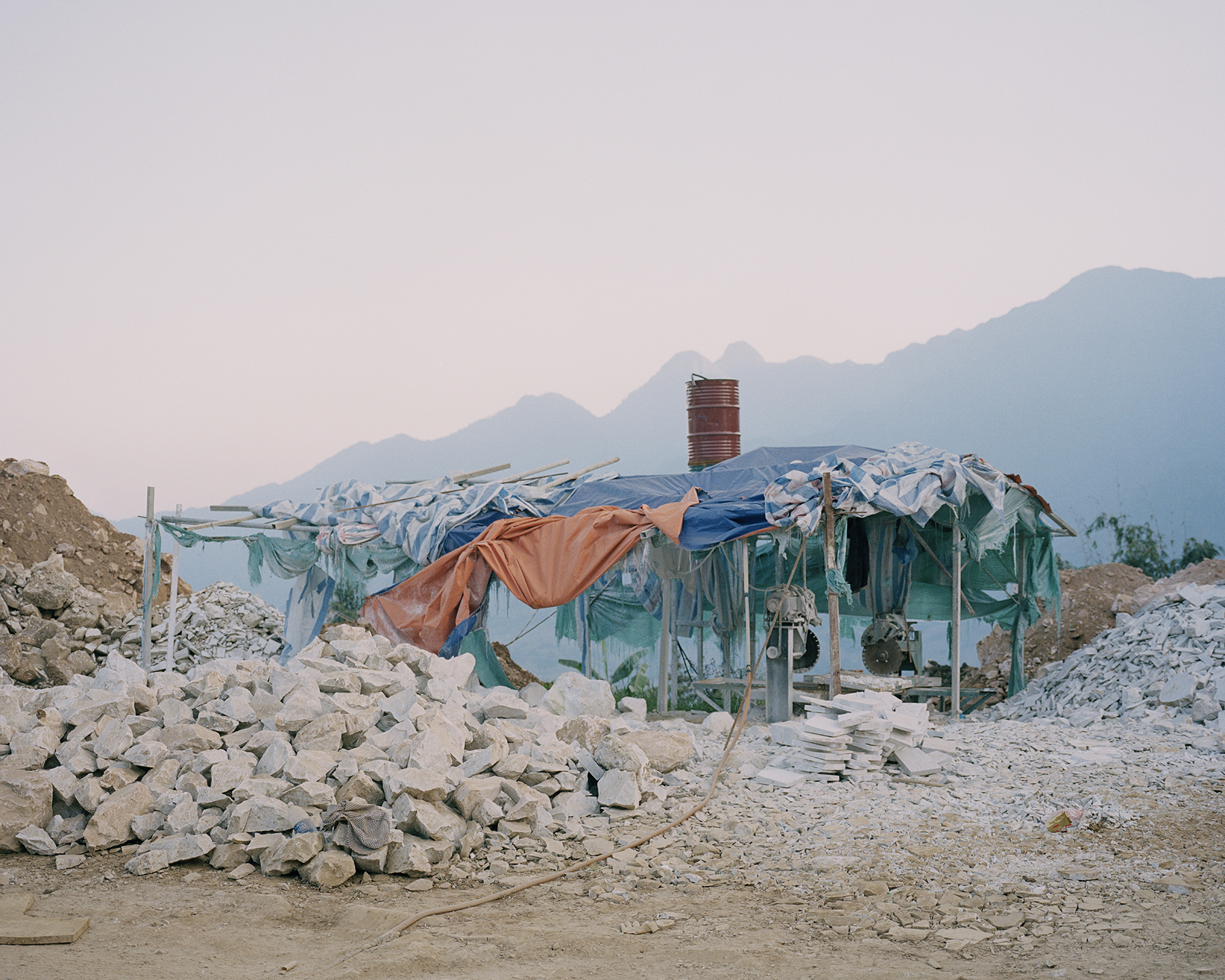
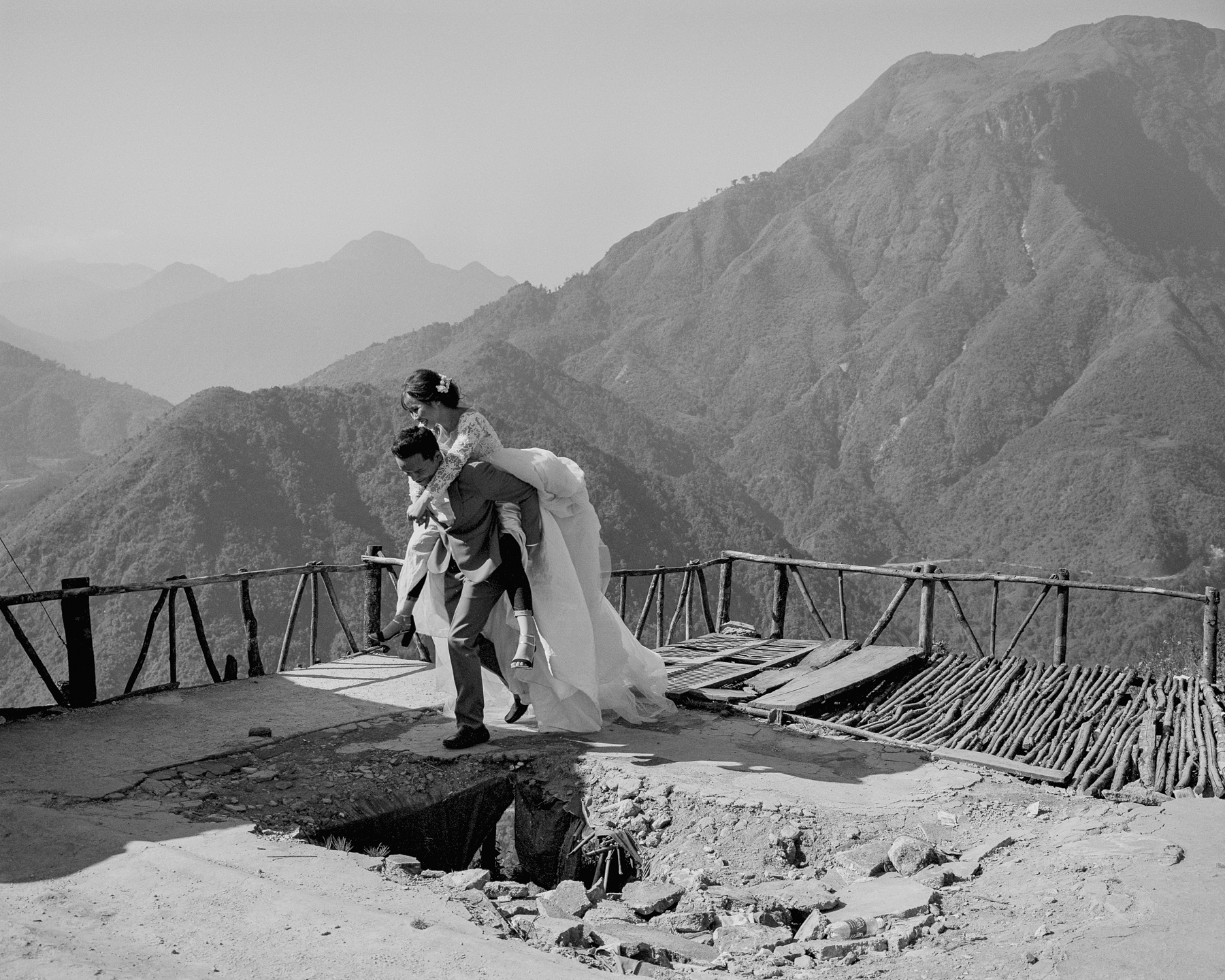
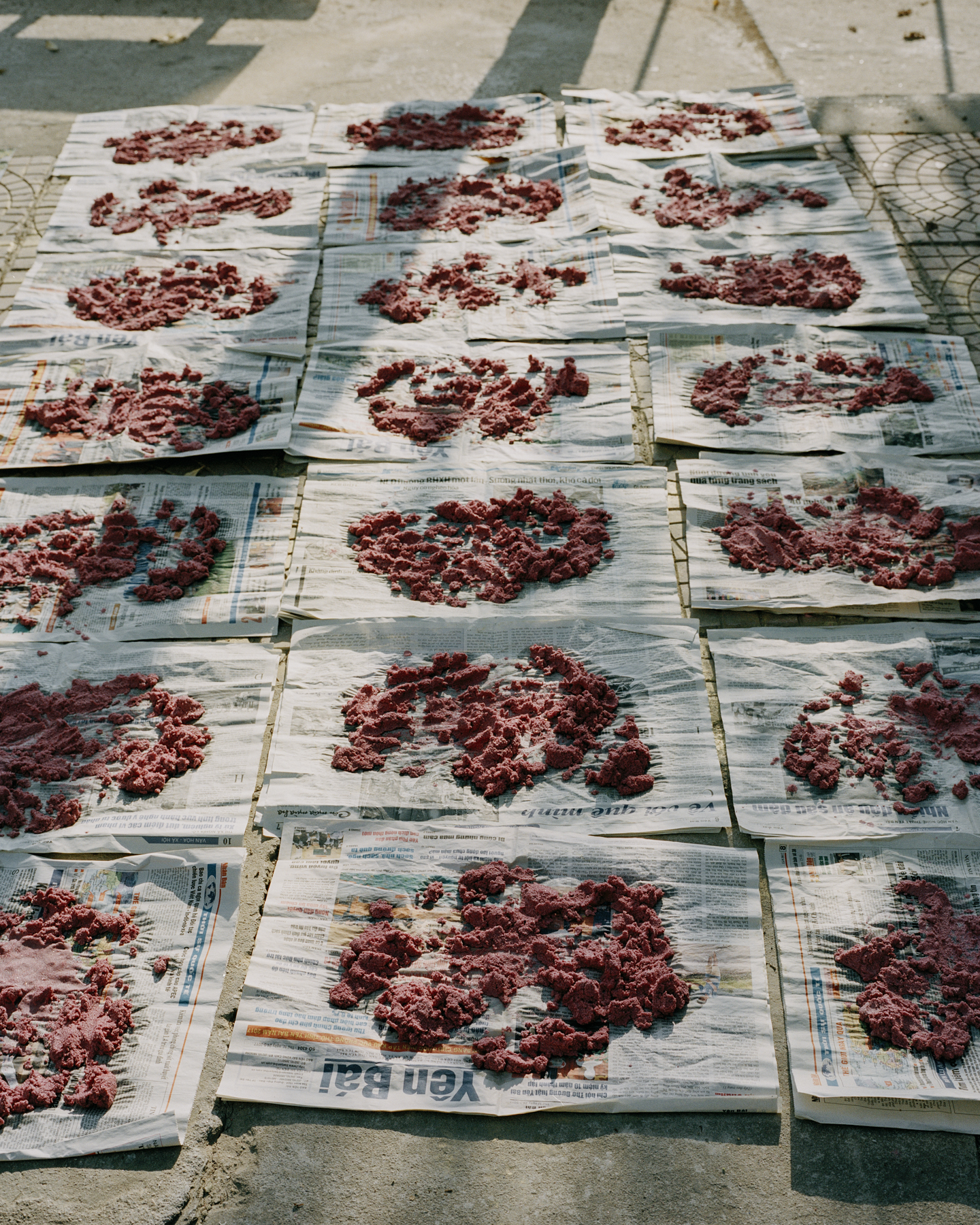
“On bad nights he would lose control altogether and break down, sobbing into his pillow. Yet he knew that if she returned to him both of them would suffer again.”
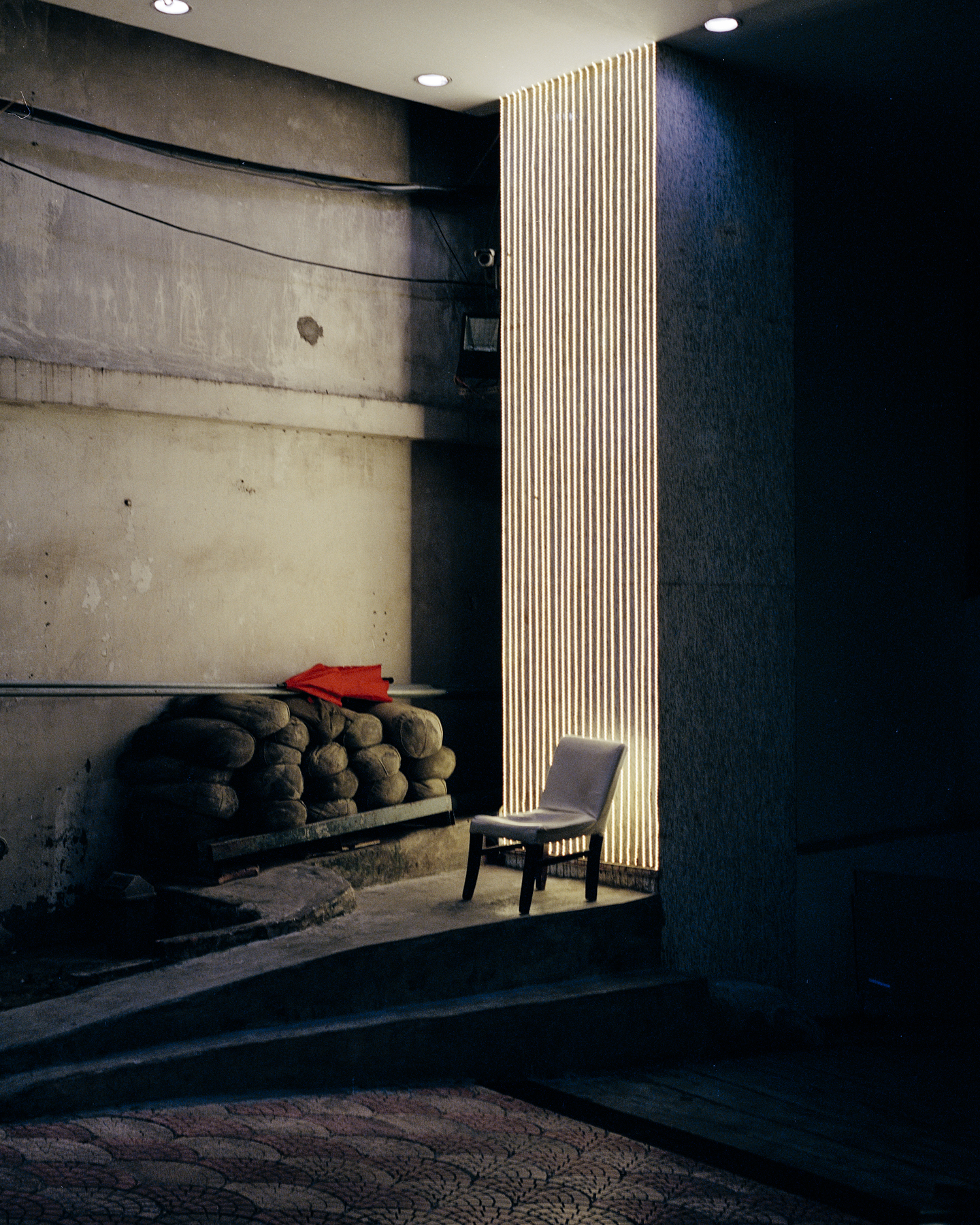
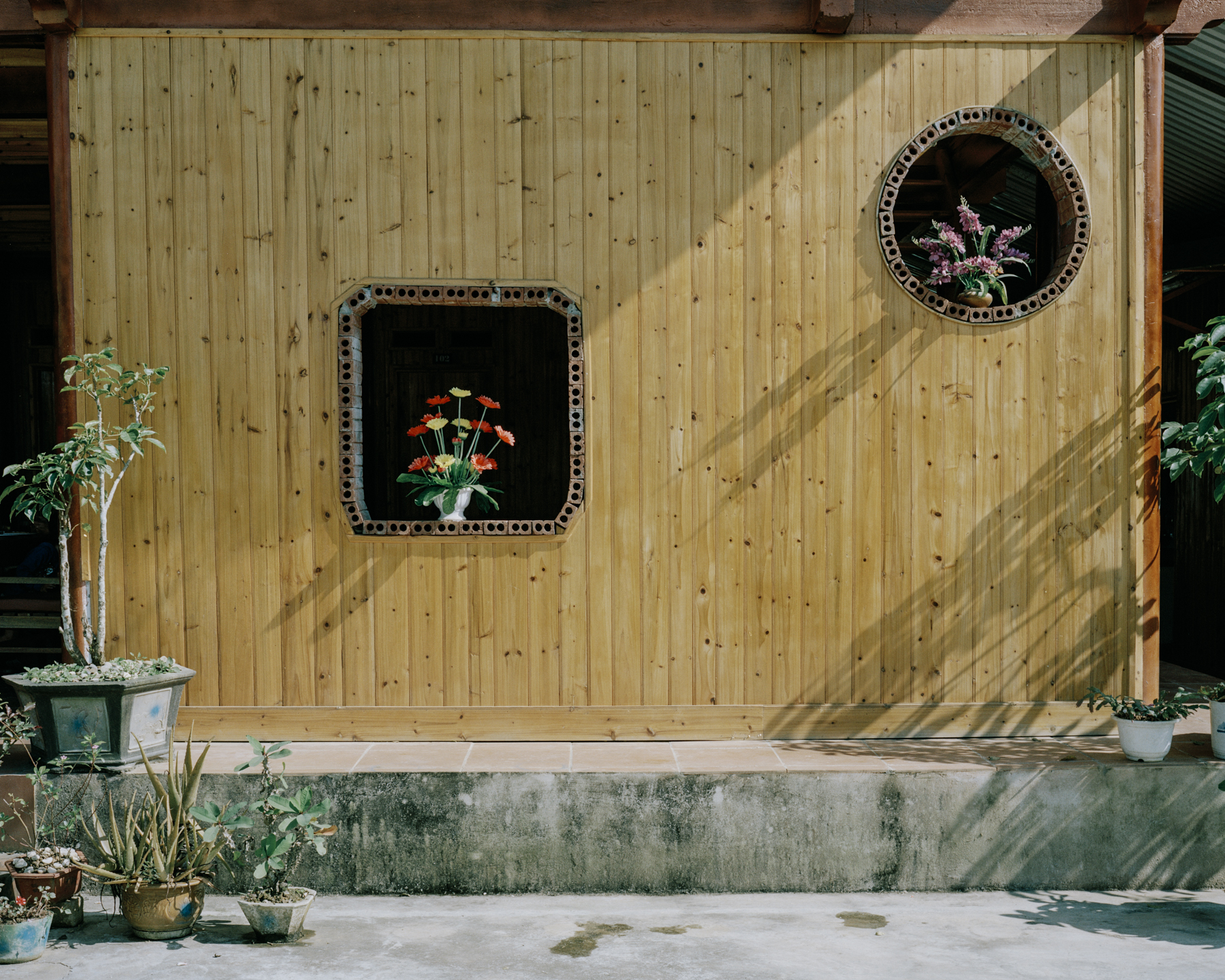
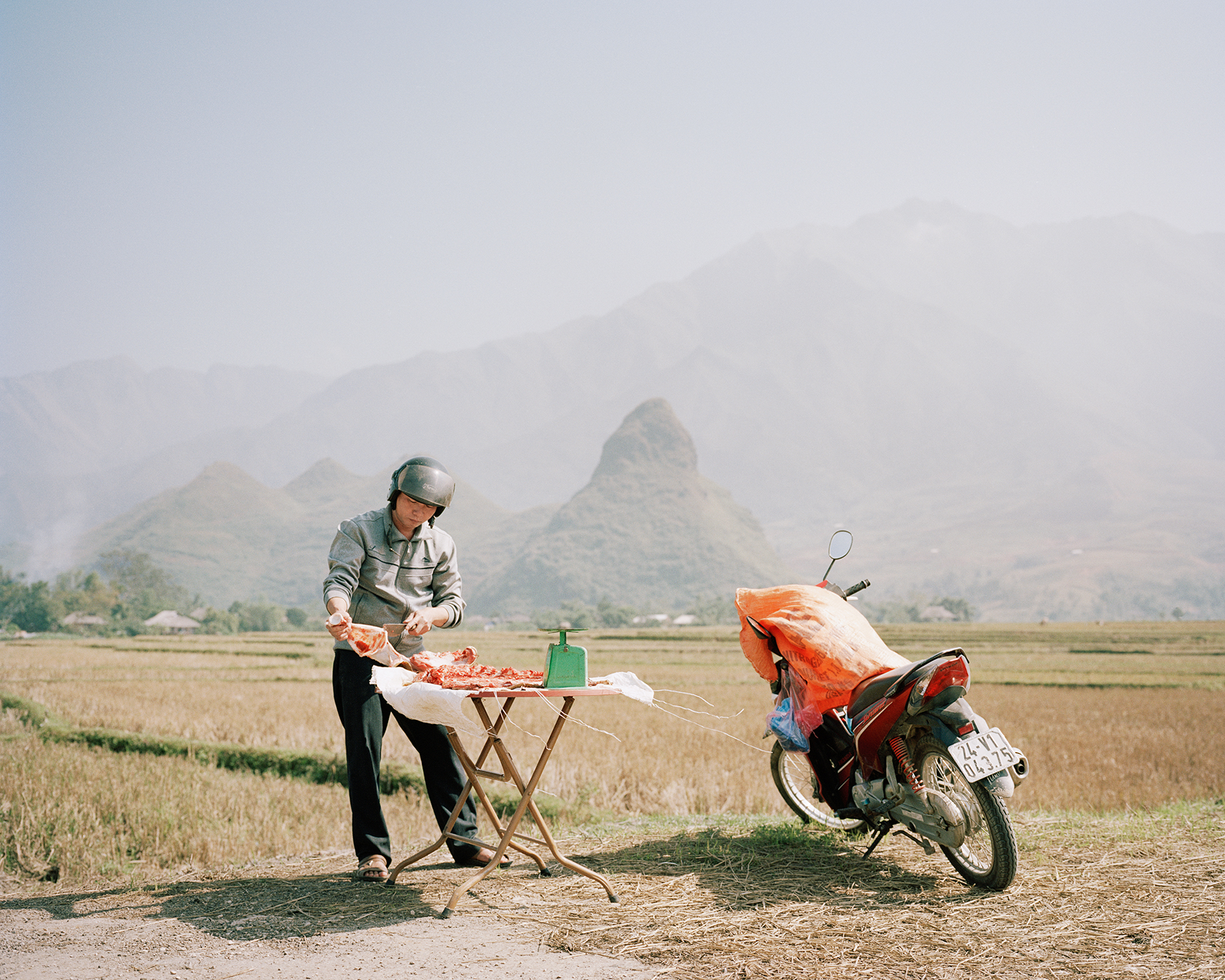
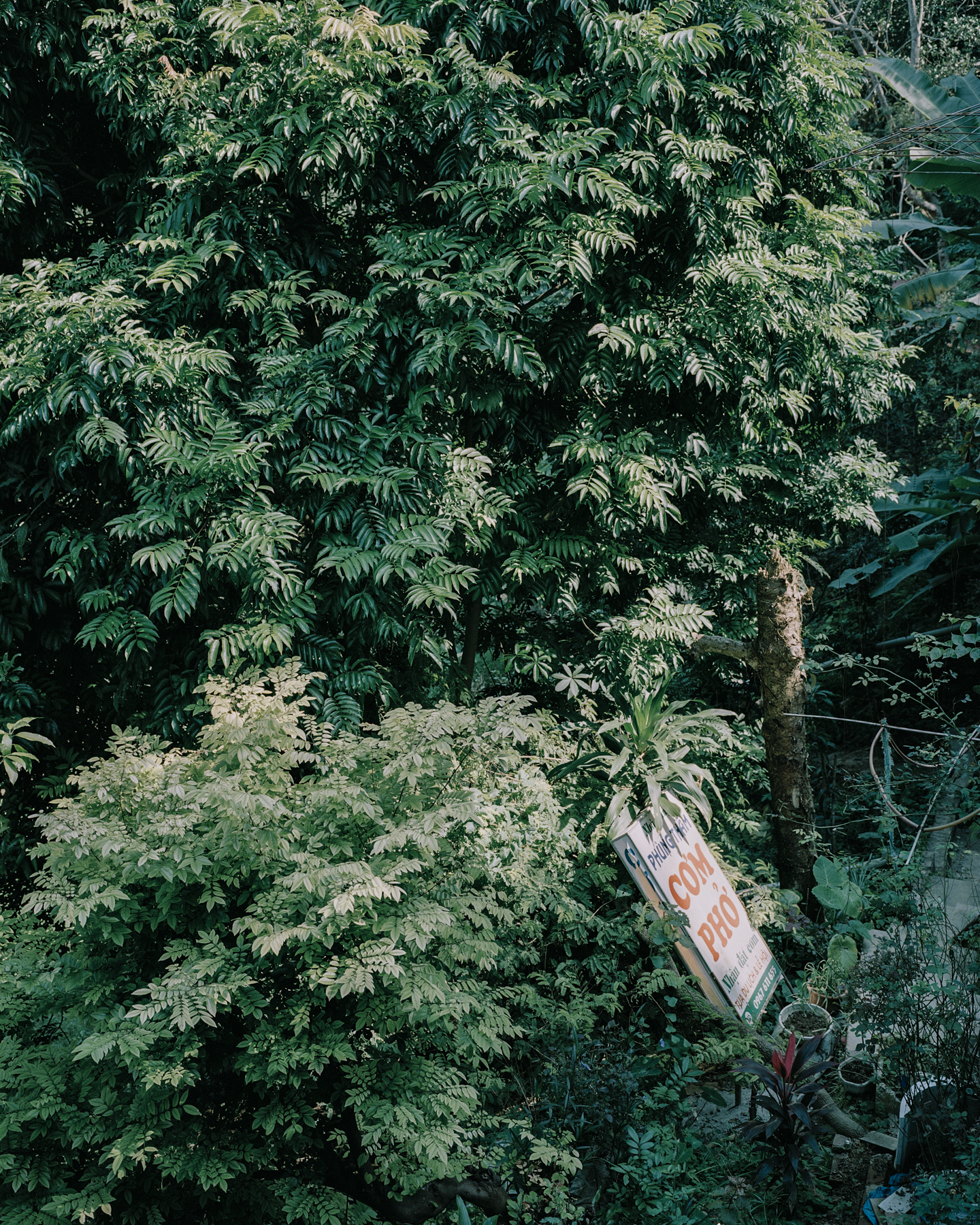

“Nothing lasted forever in this world, he knew that. Even love and sorrow inside an aging man would finally dissipate under the realization that his suffering, his tortured thoughts, were small and meaningless in the overall scheme of things. Like wispy smoke spiraling into the sky, glimpsed for a moment, then gone.”

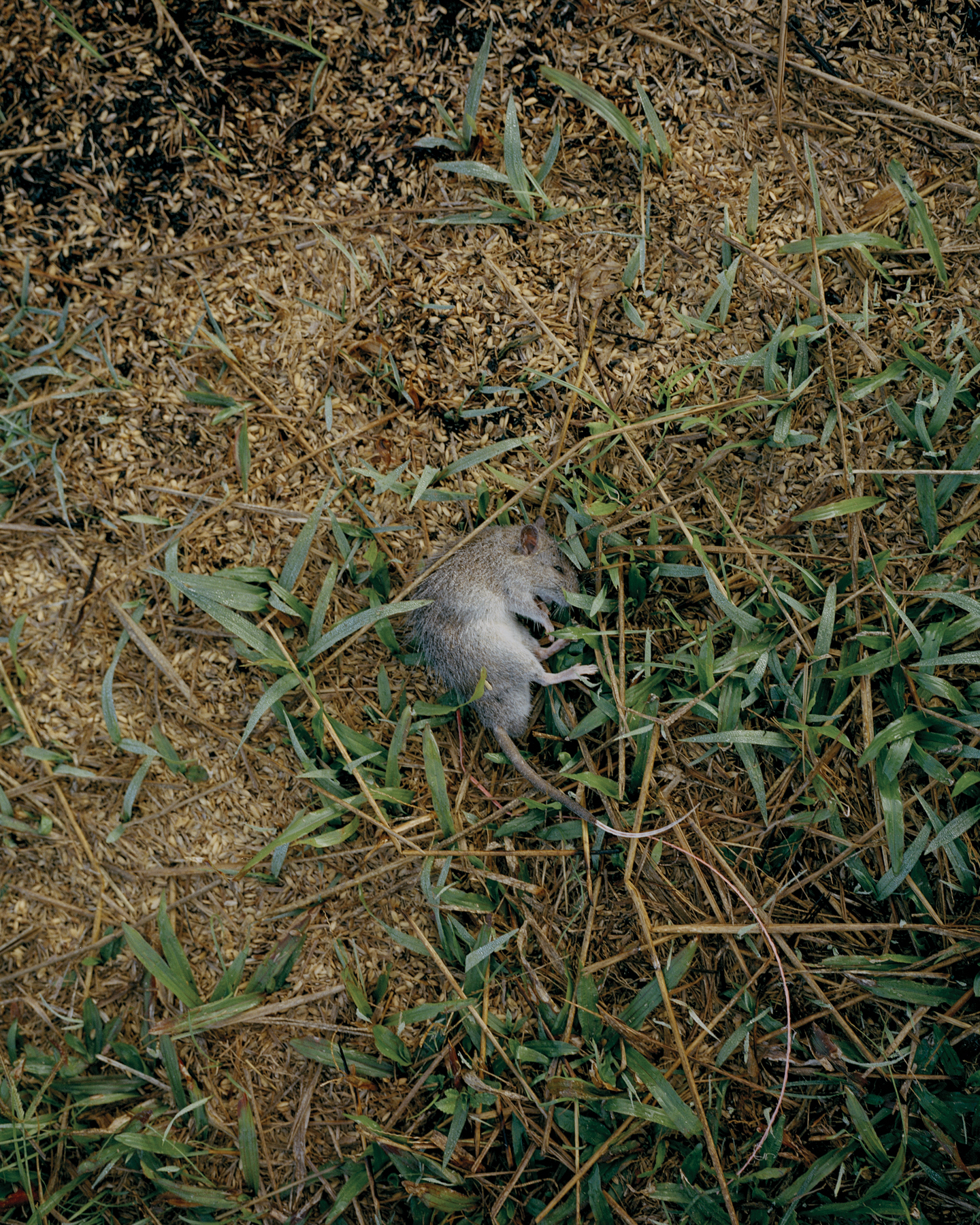



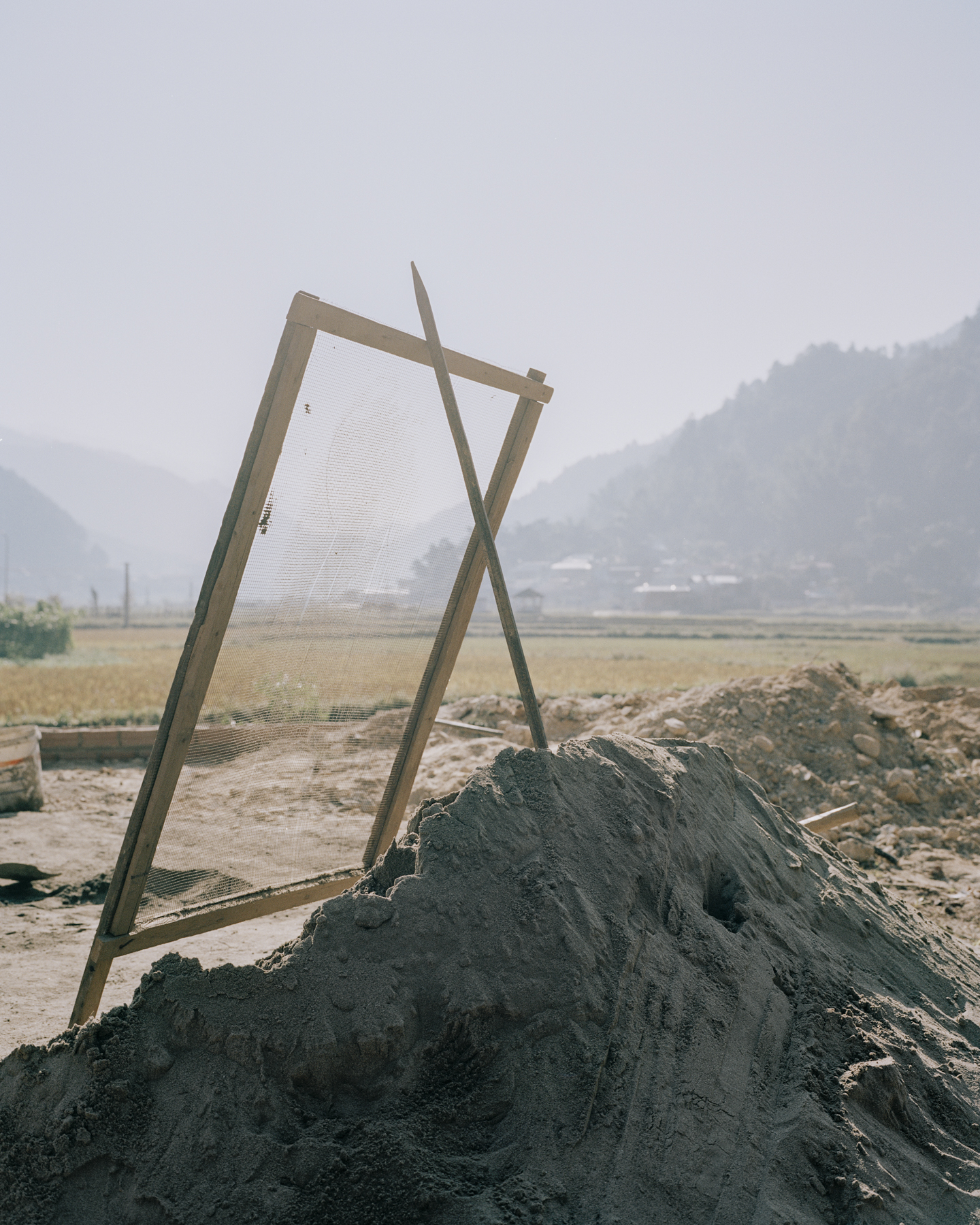

“But war was a world with no home, no roof, no comforts. A miserable journey, of endless drifting. War was a world without real men, without real women, without feeling.”
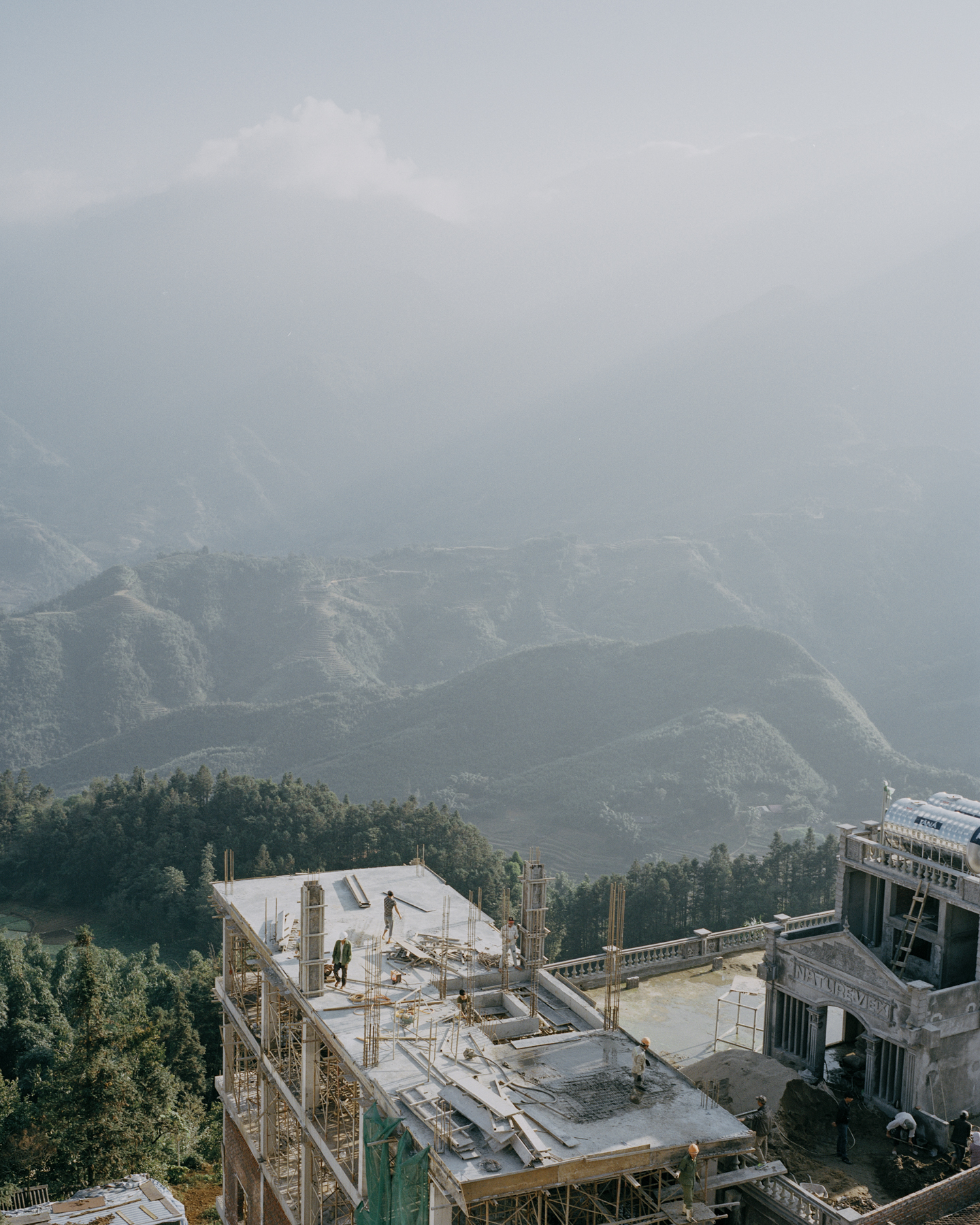


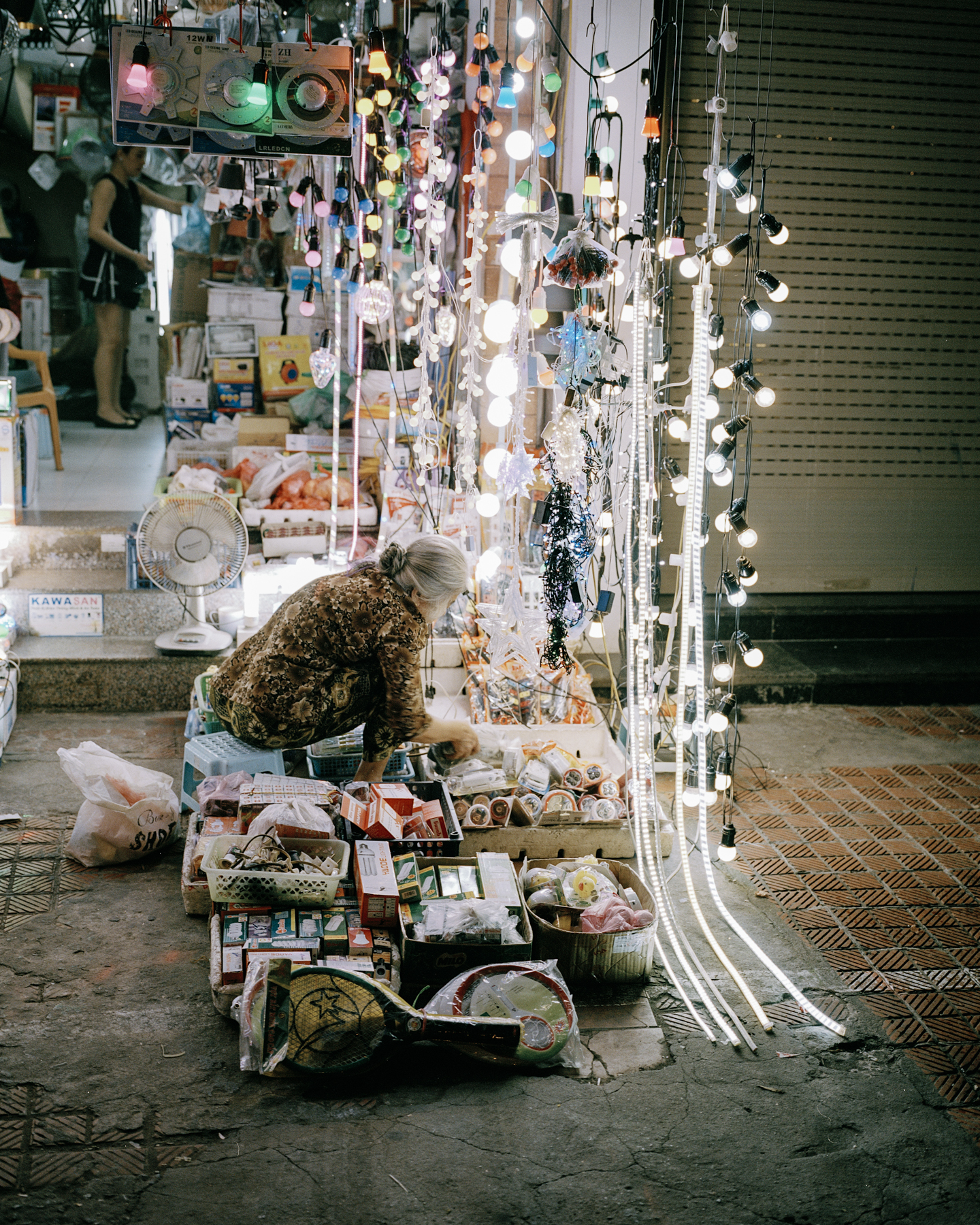

“The sorrow of war inside a soldier’s heart was in a strange way similar to the sorrow of love. It was a kind of nostalgia, like the immense sadness of a world at dusk. It was a sadness, a missing, a pain which could send one soaring back into the past. The sorrow of the battlefield could not normally be pinpointed to one particular event, or even one person. If you focused on any one event it would soon become a tearing pain.”


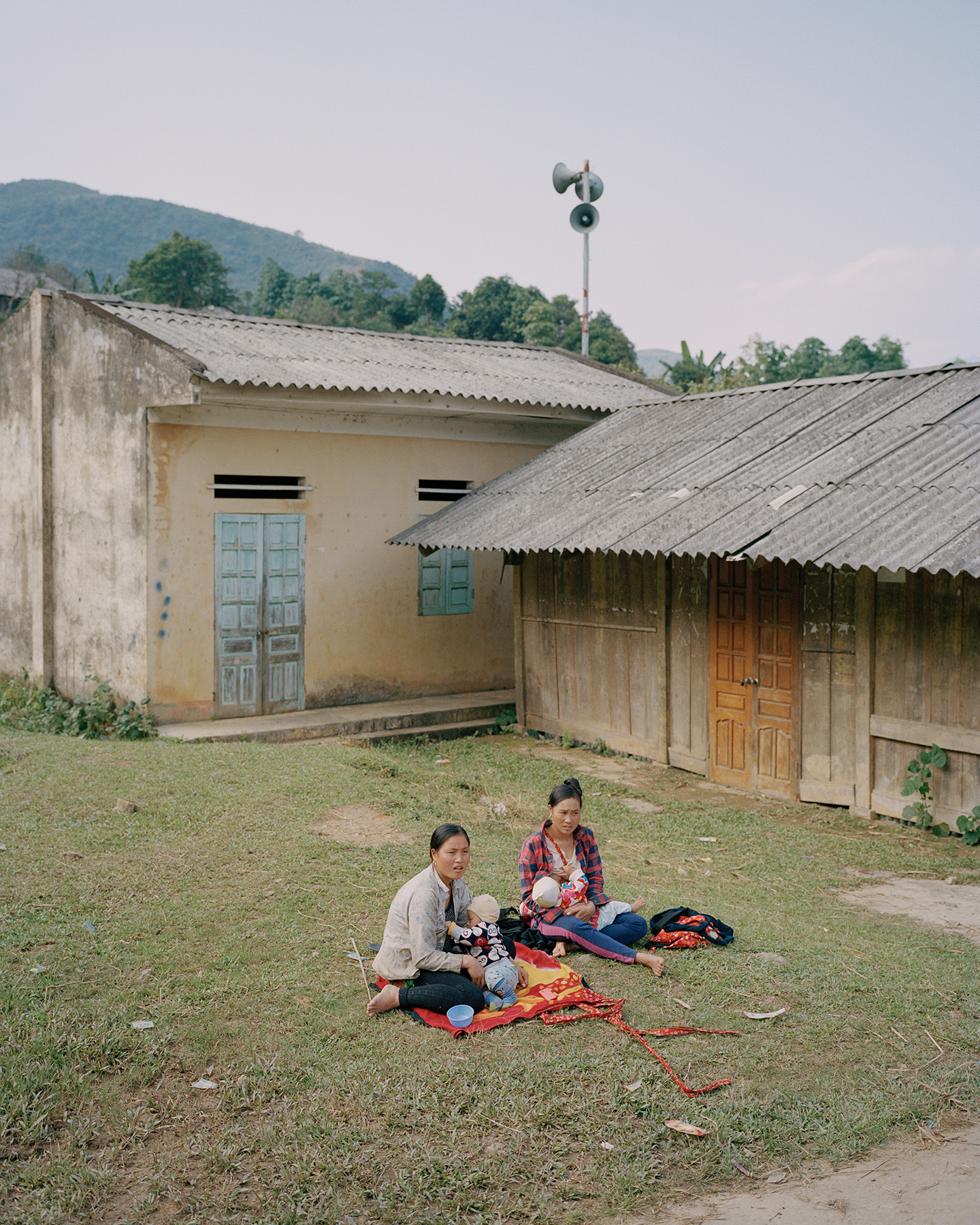
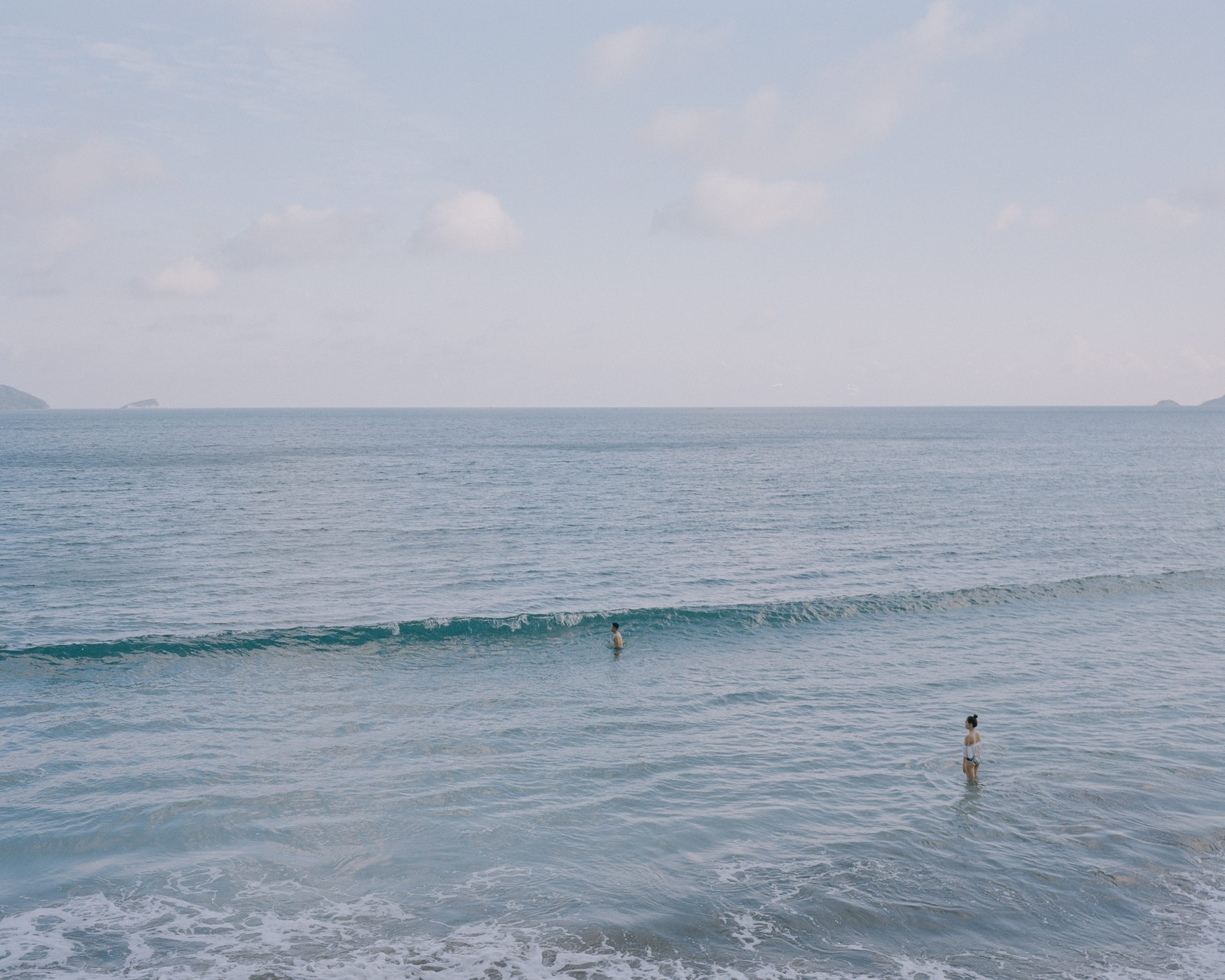


“On bad nights he would lose control altogether and break down, sobbing into his pillow. Yet he knew that if she returned to him both of them would suffer again.”
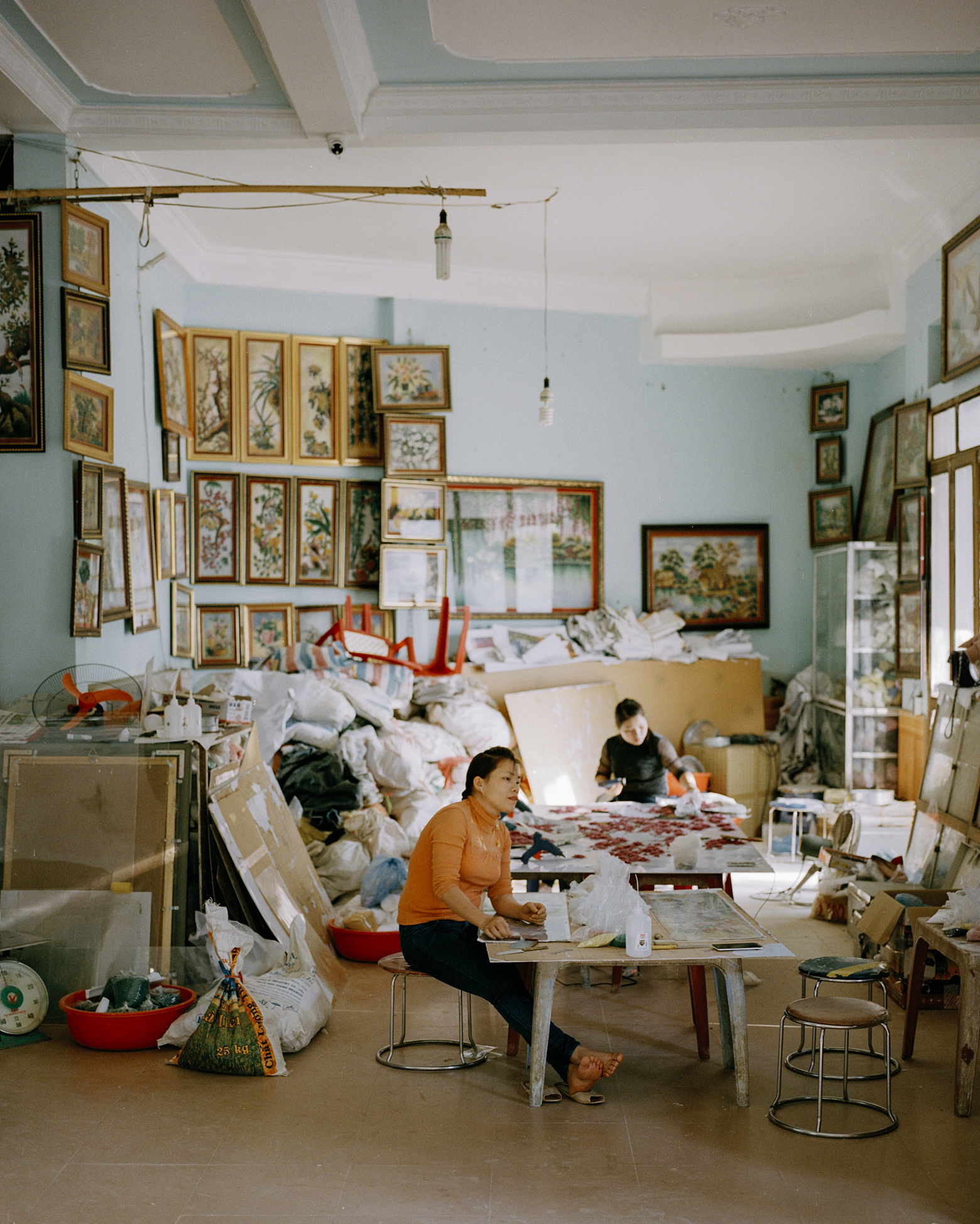
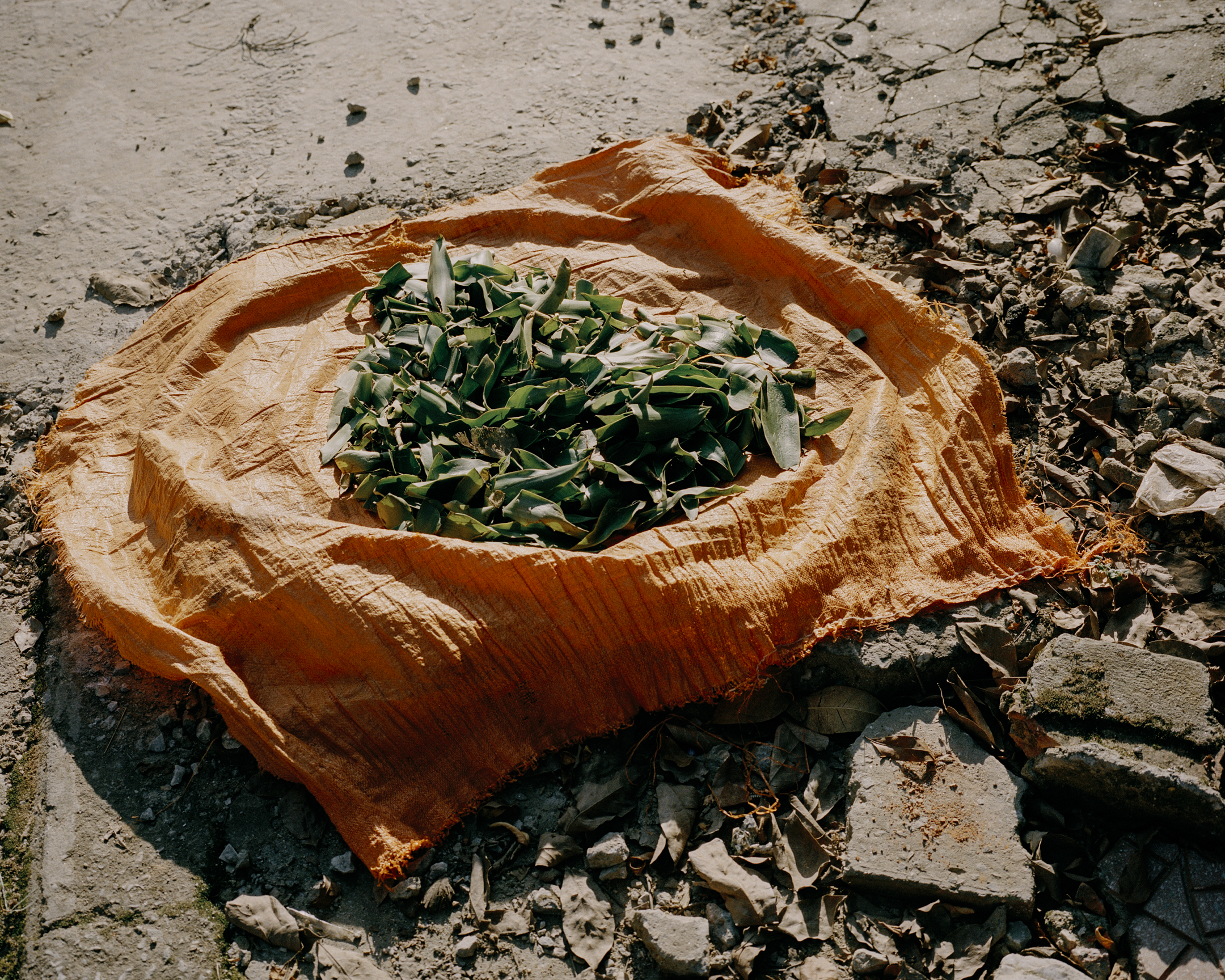

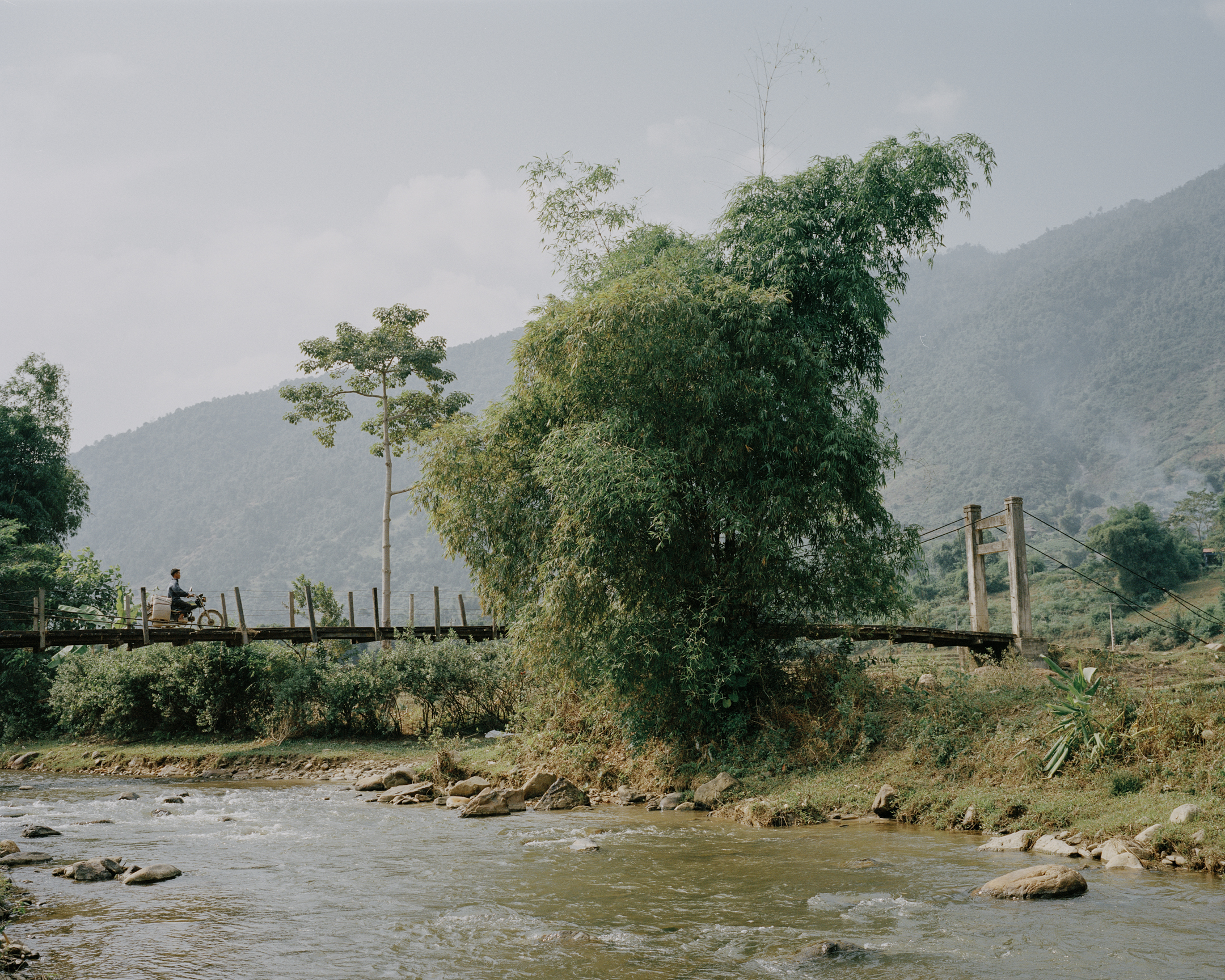
“He saw his life as a river with himself standing unsteadily at the peak of a tall hill, silently watching his life ebb from him, saying farewell to himself. The flow of his life focused and refocused and each moment of that stream was recalled, each event, each memory was a drop of water in his nameless, ageless river.”
Ben@benjaminrasmussenphoto.com · 720.514.1267